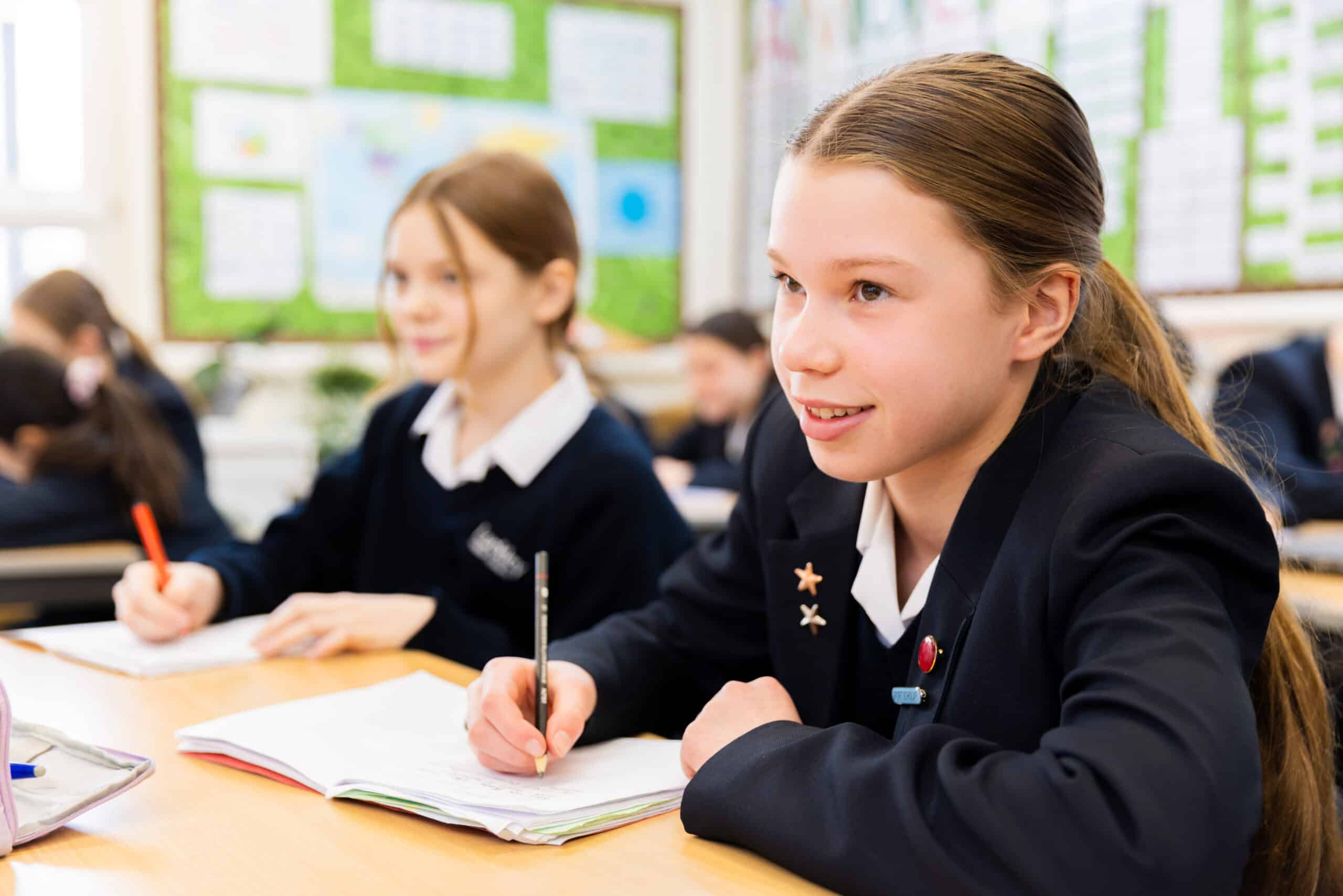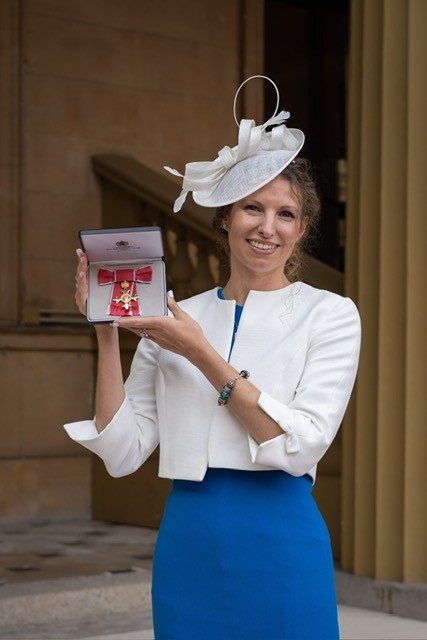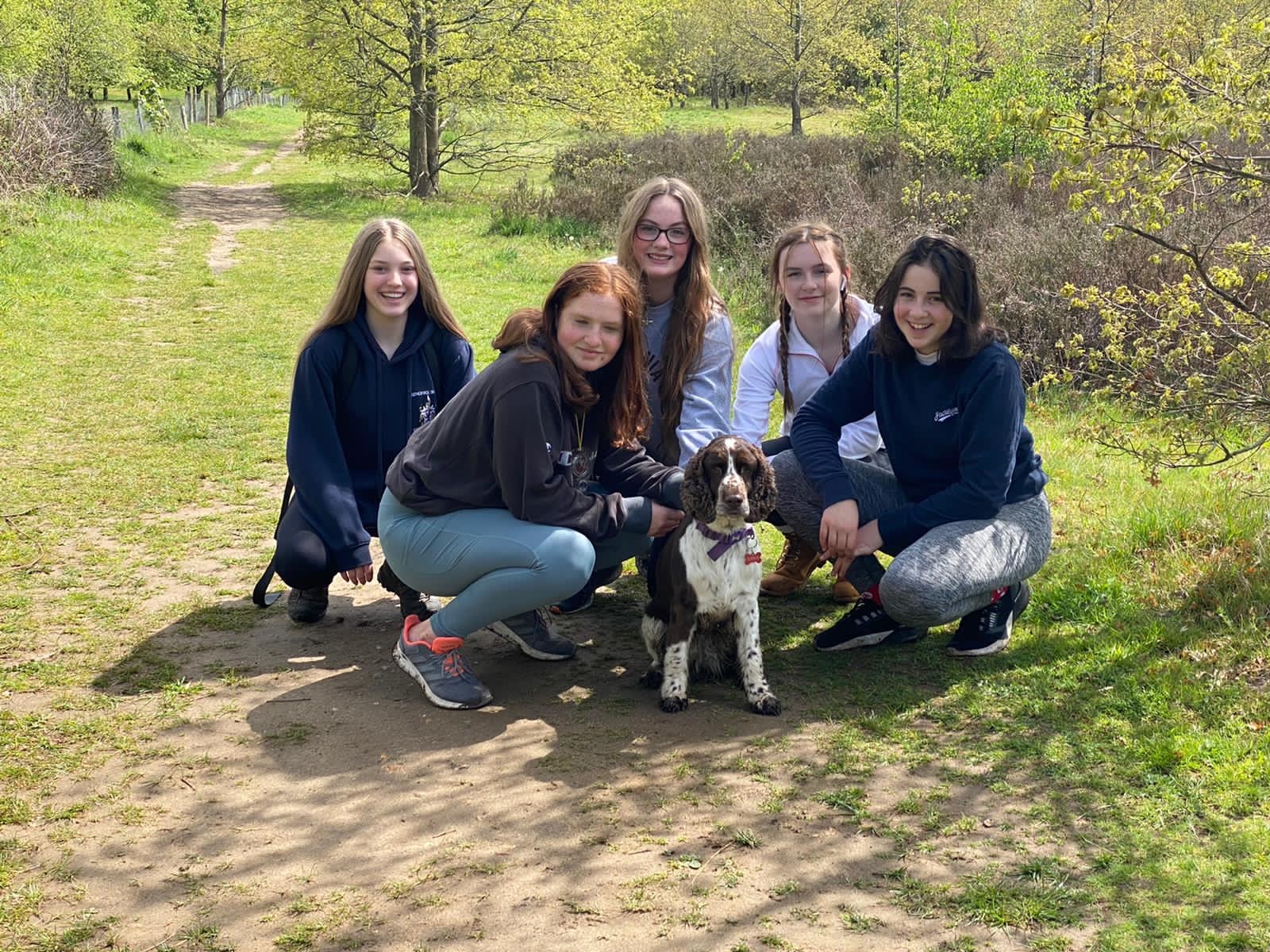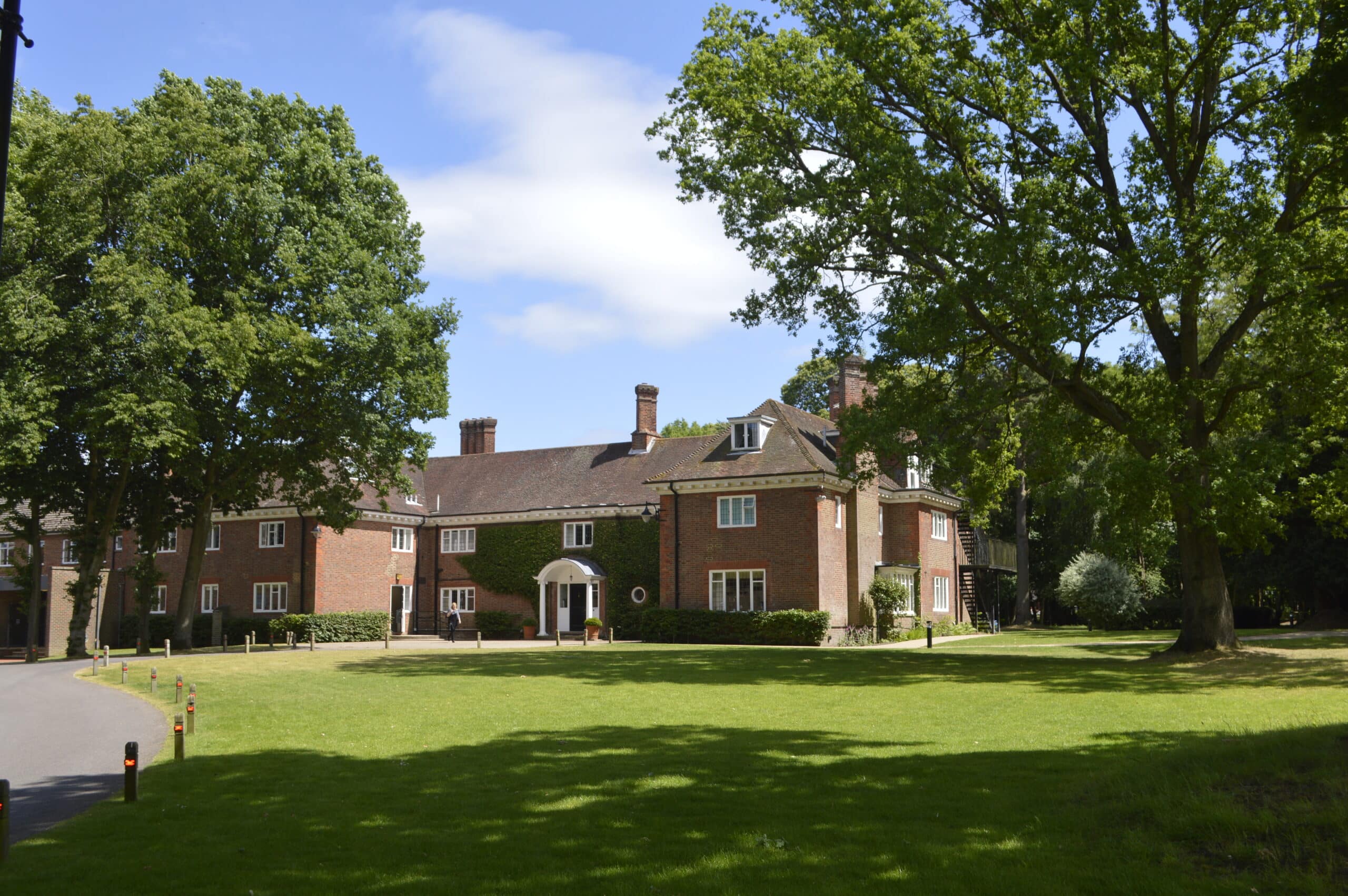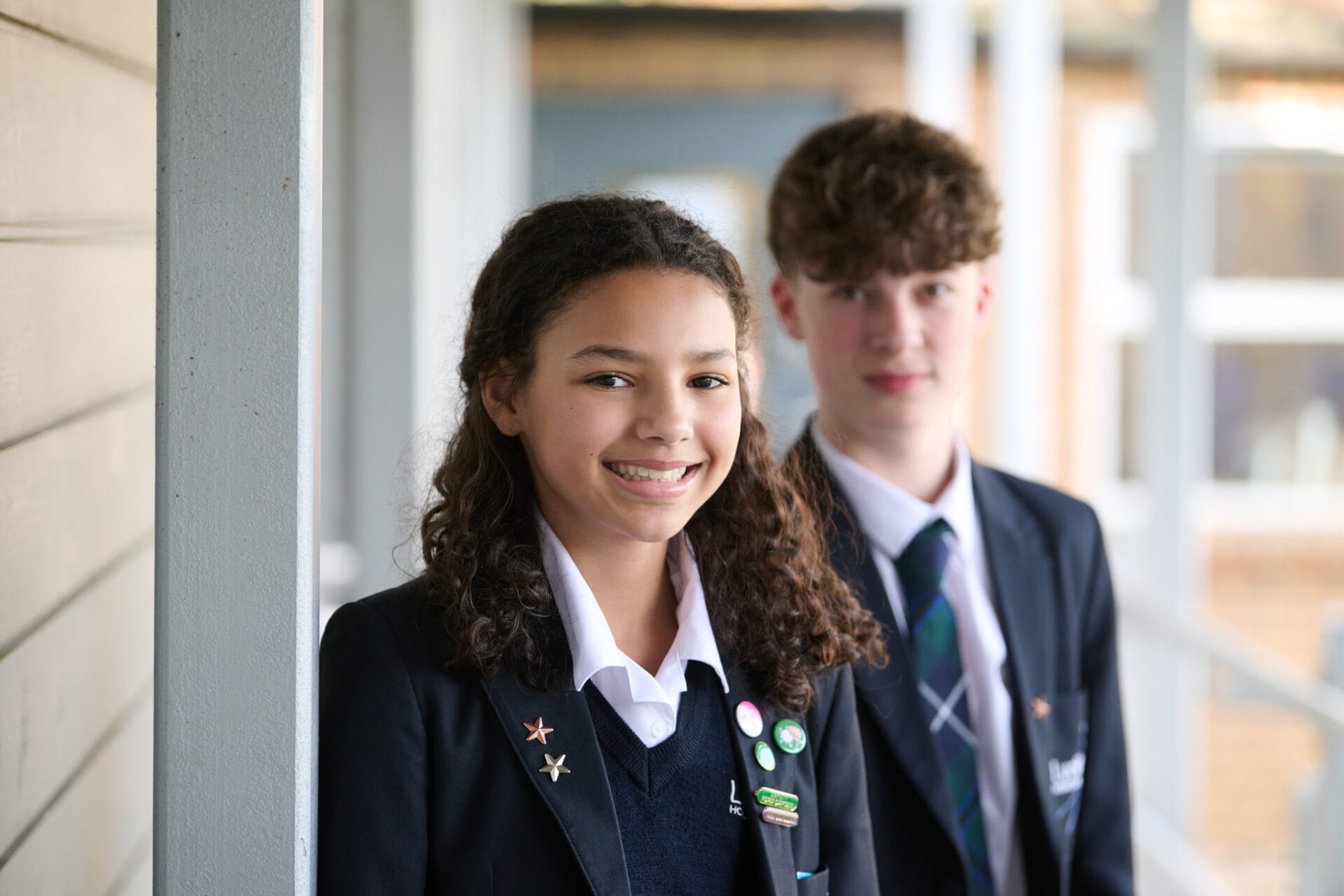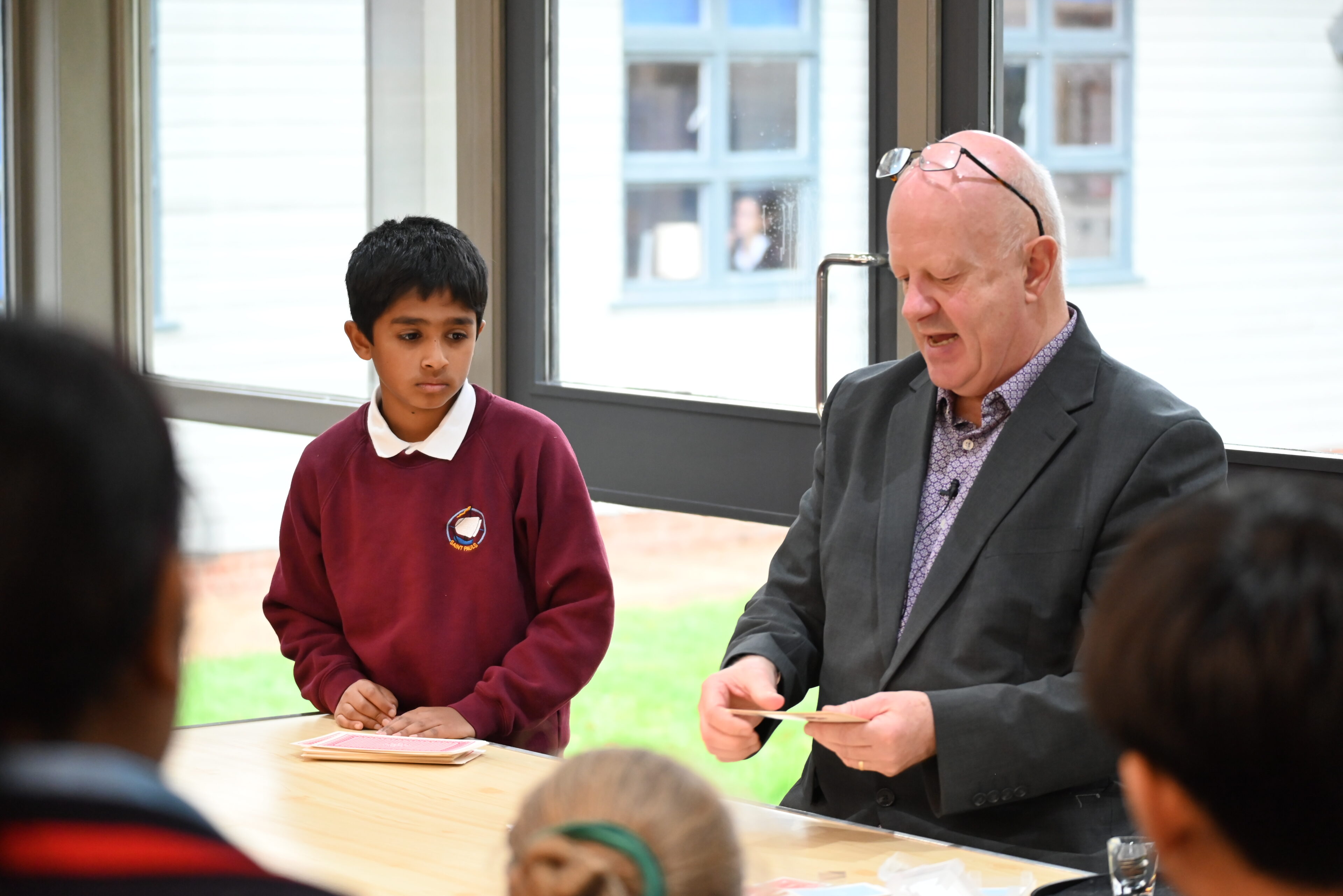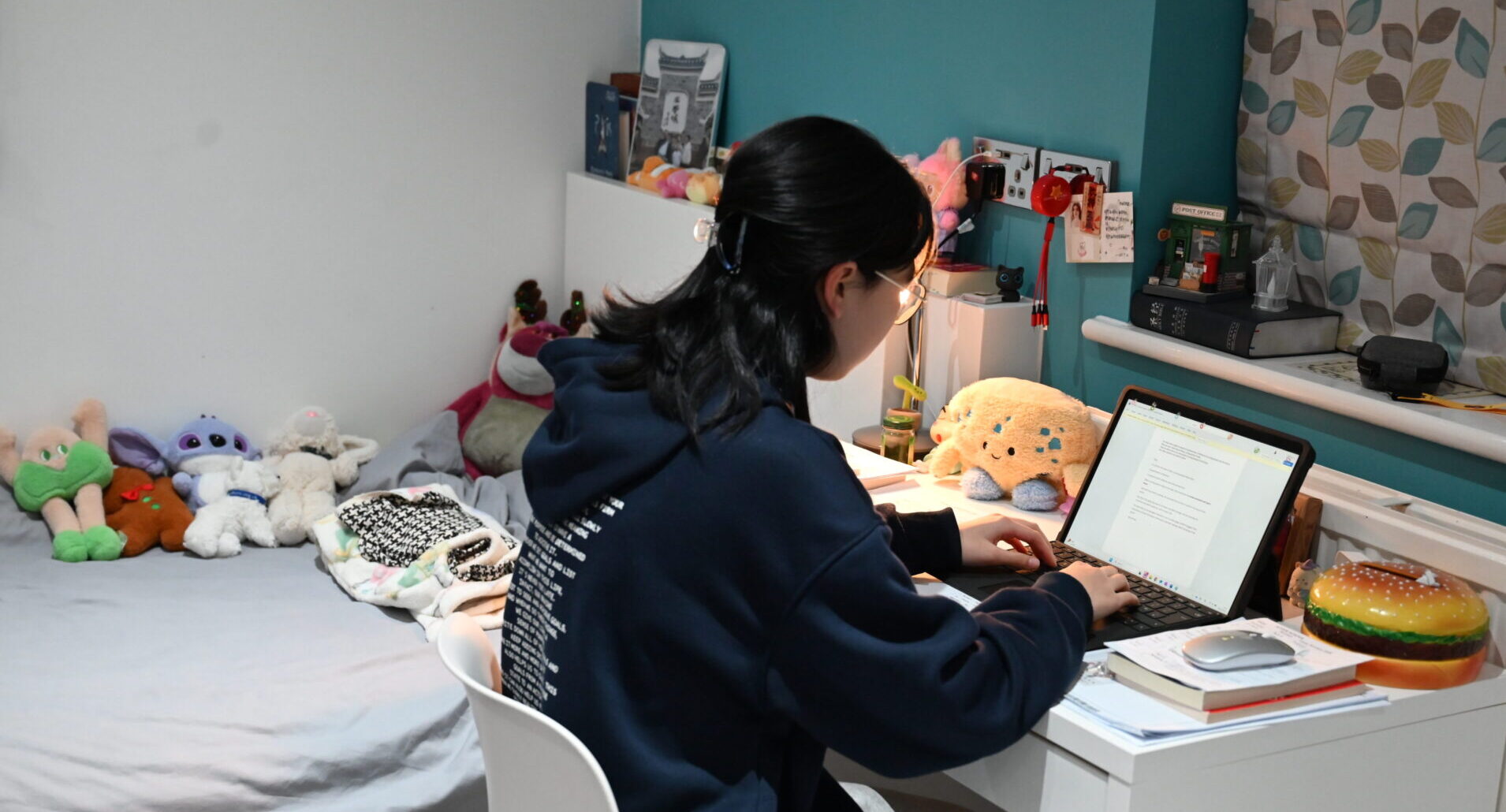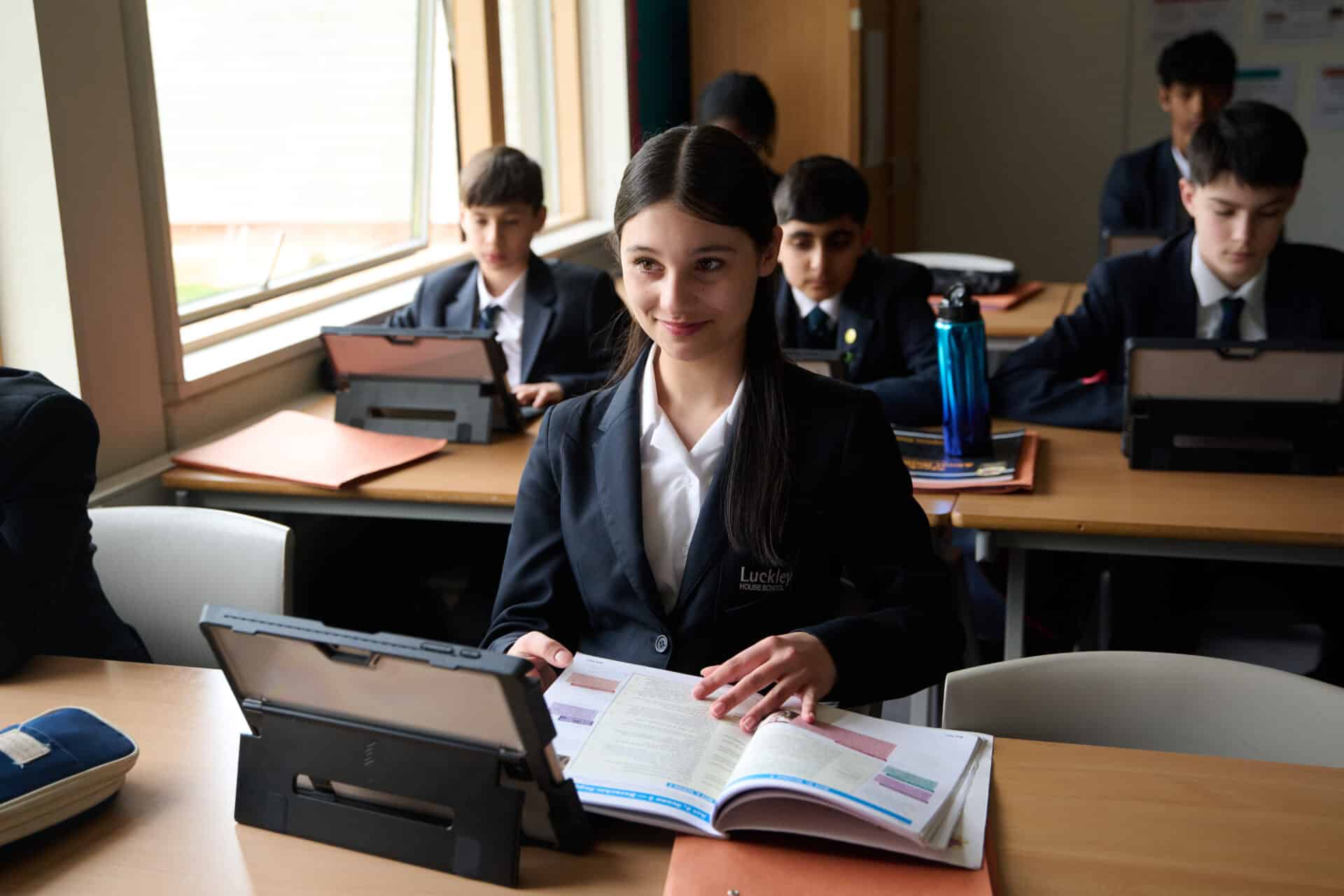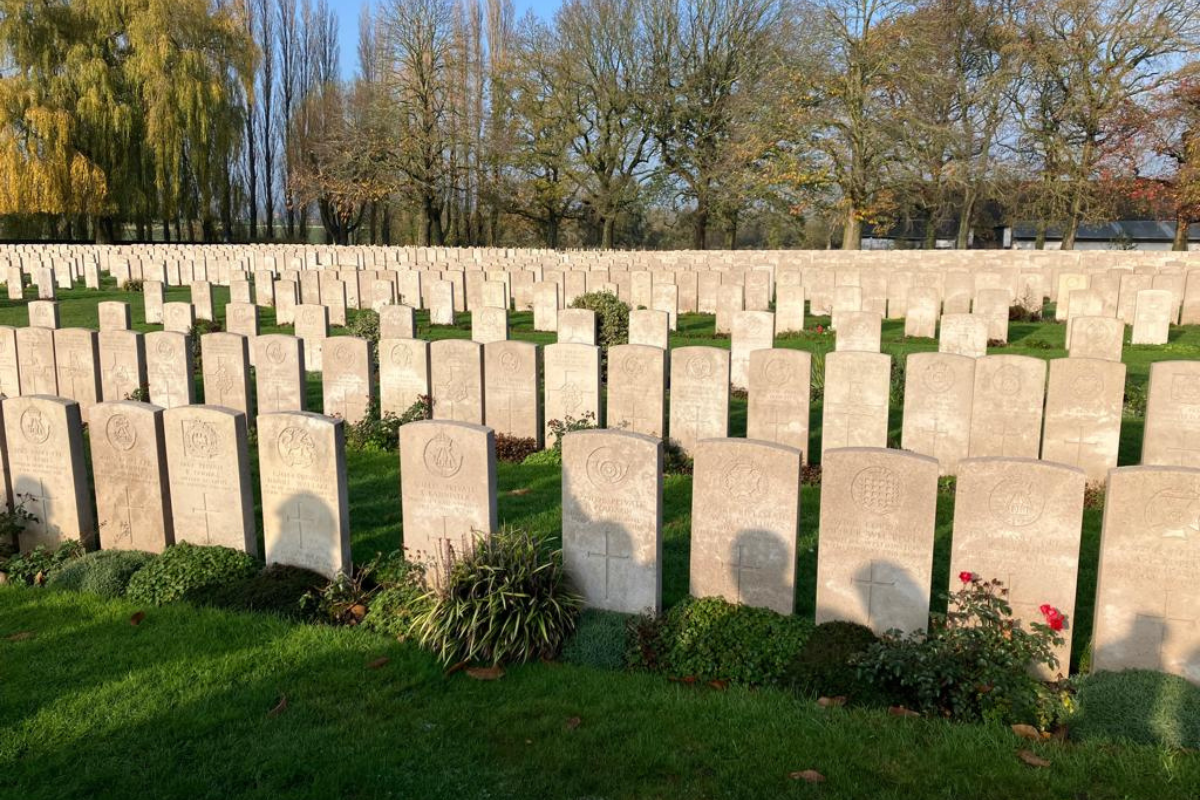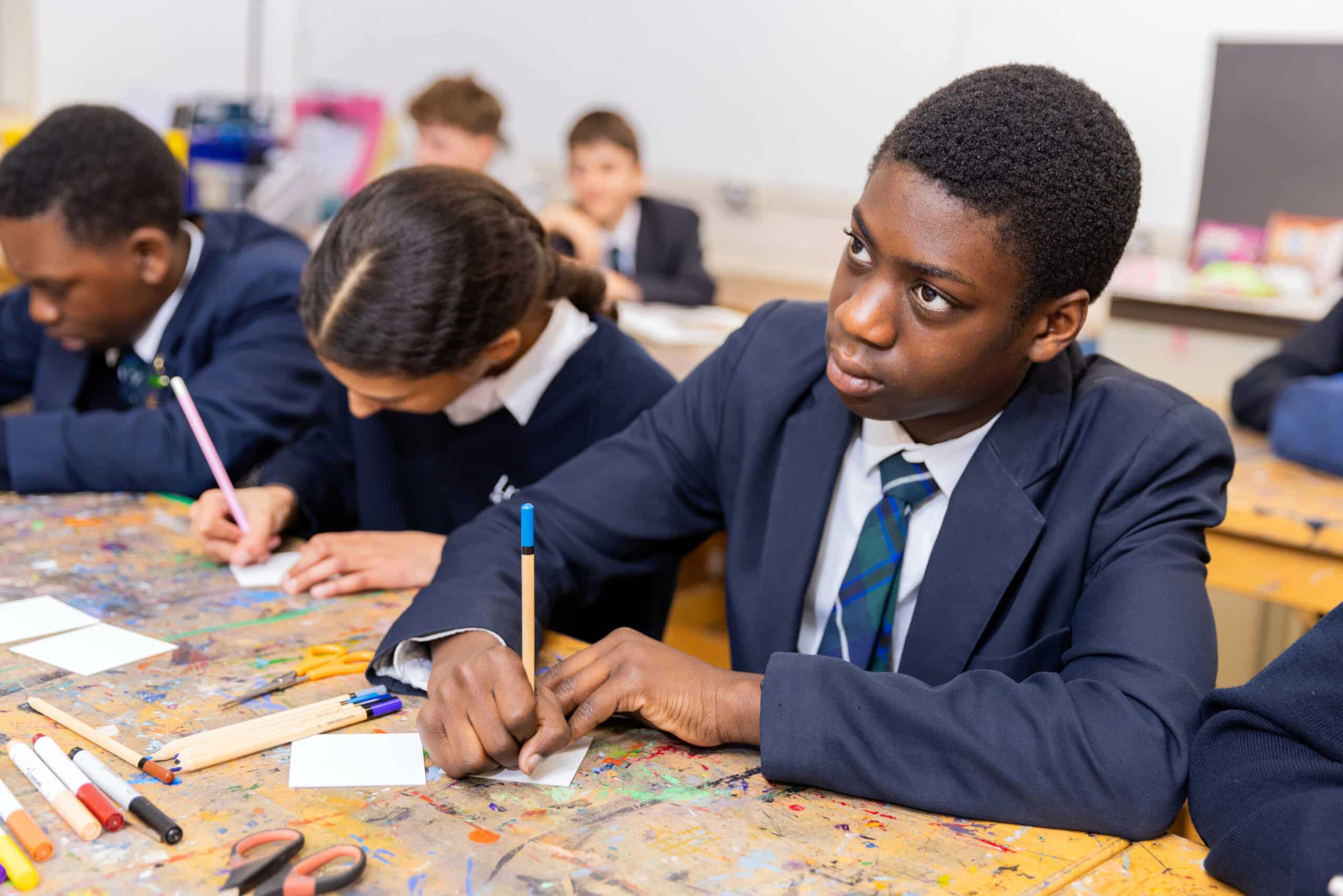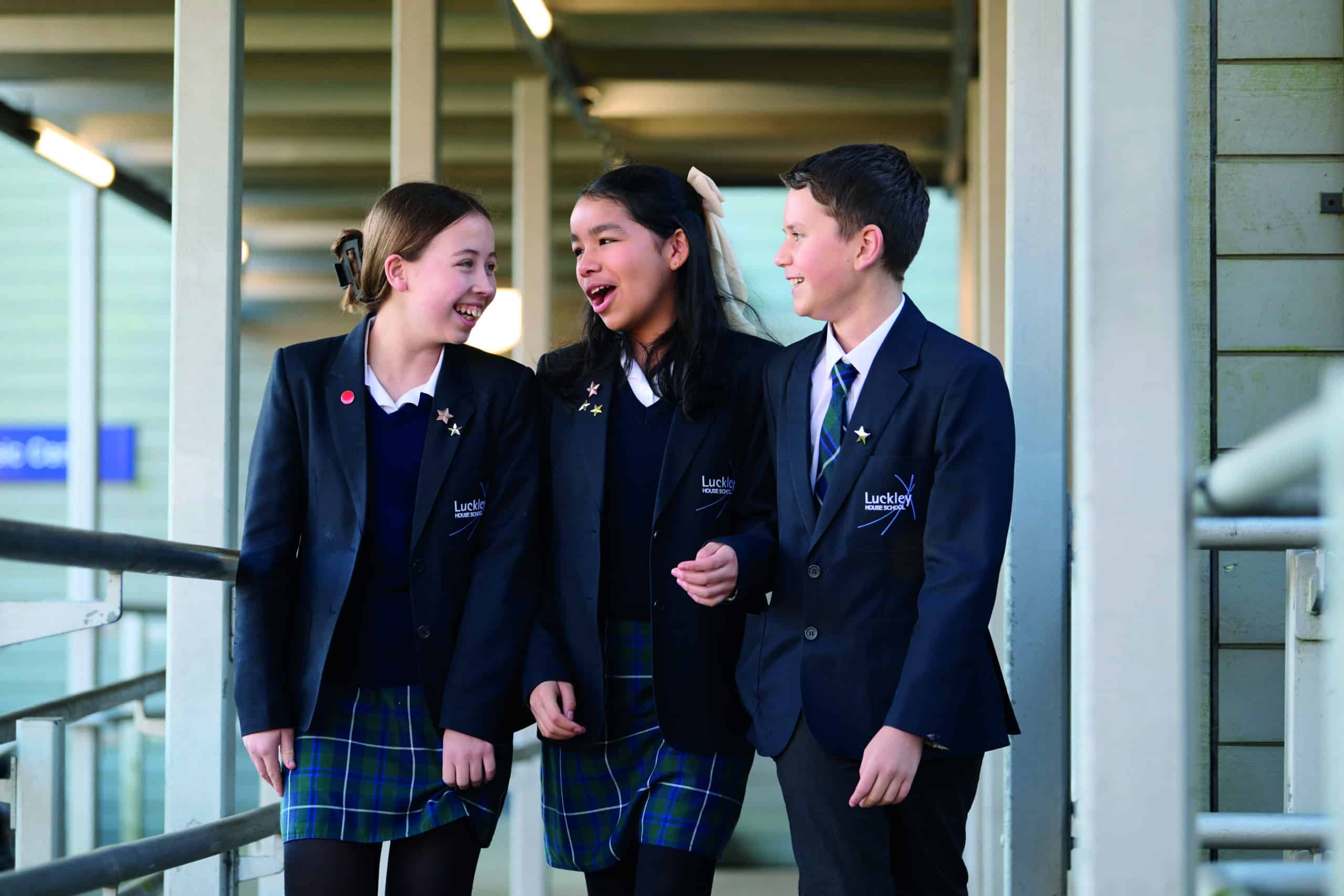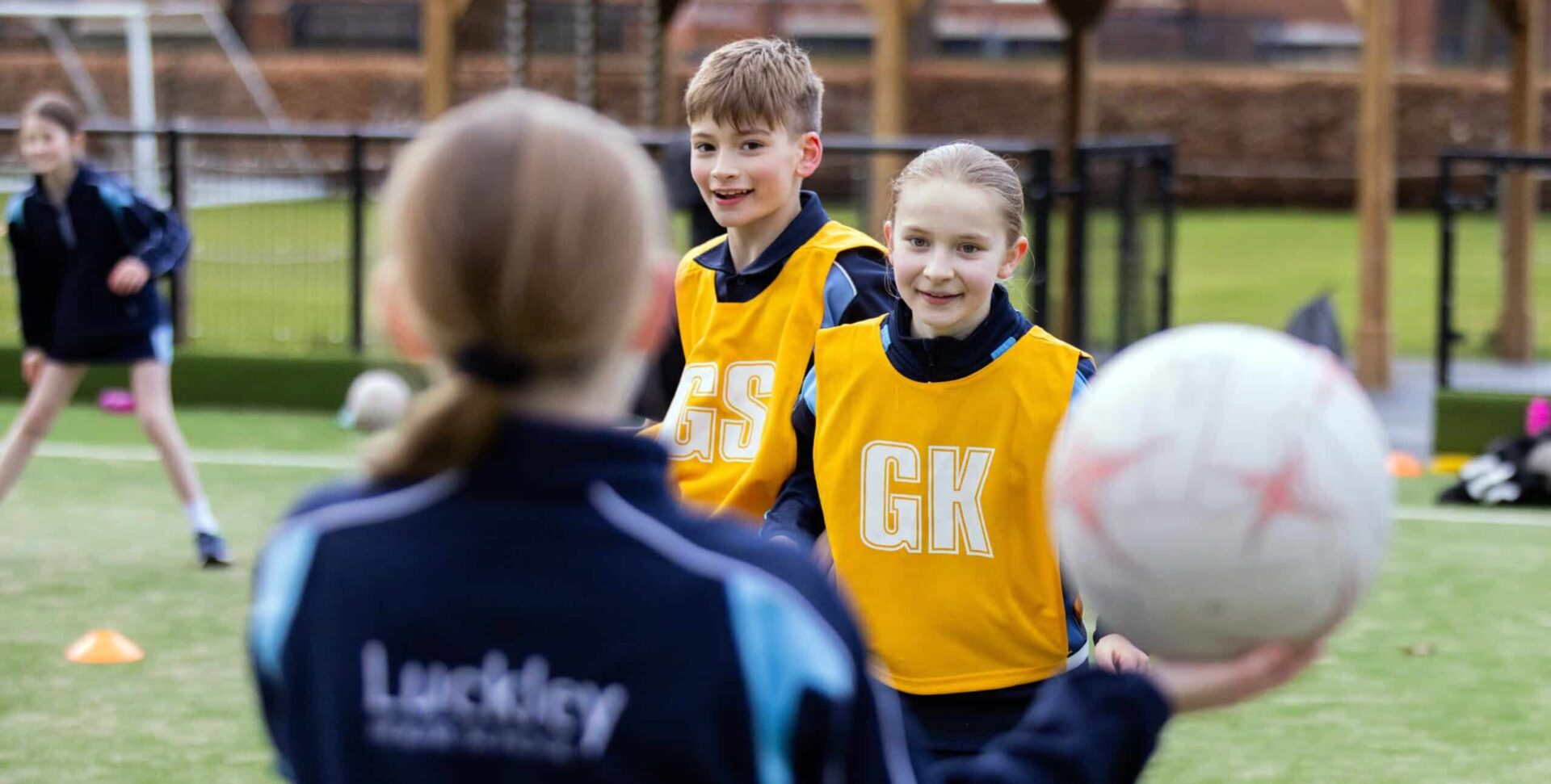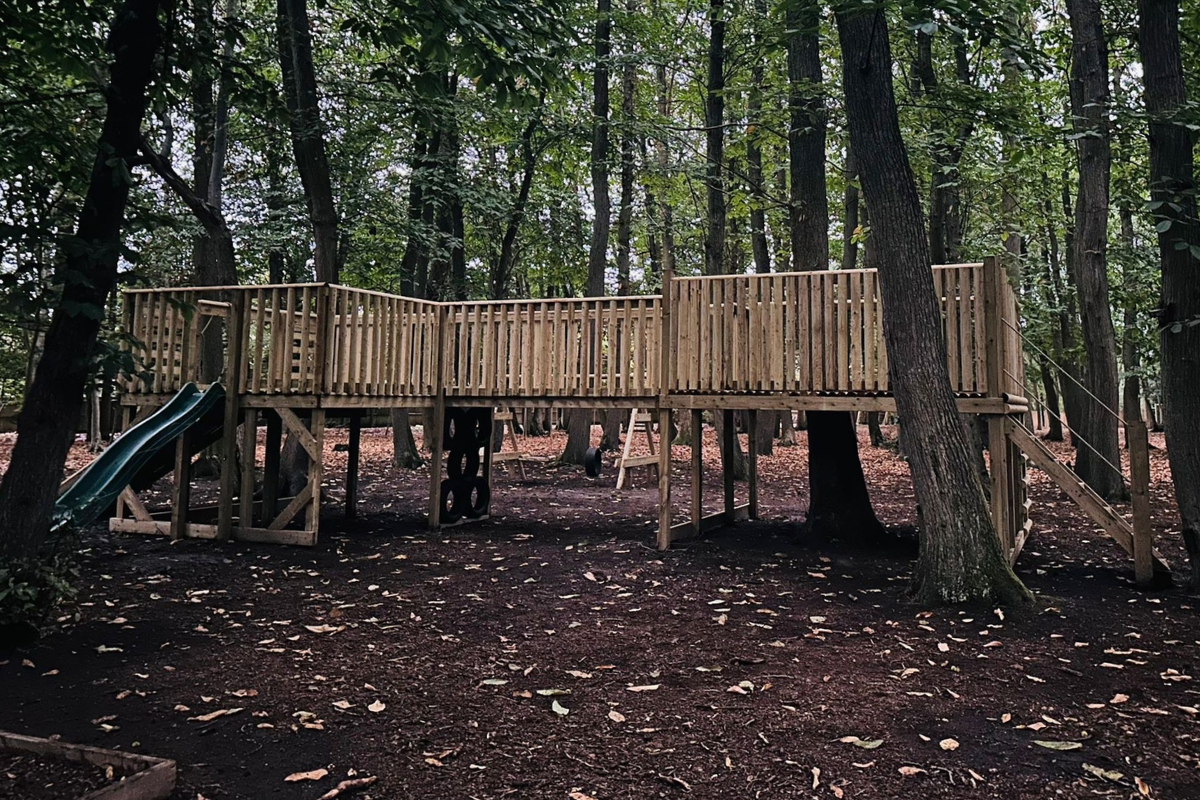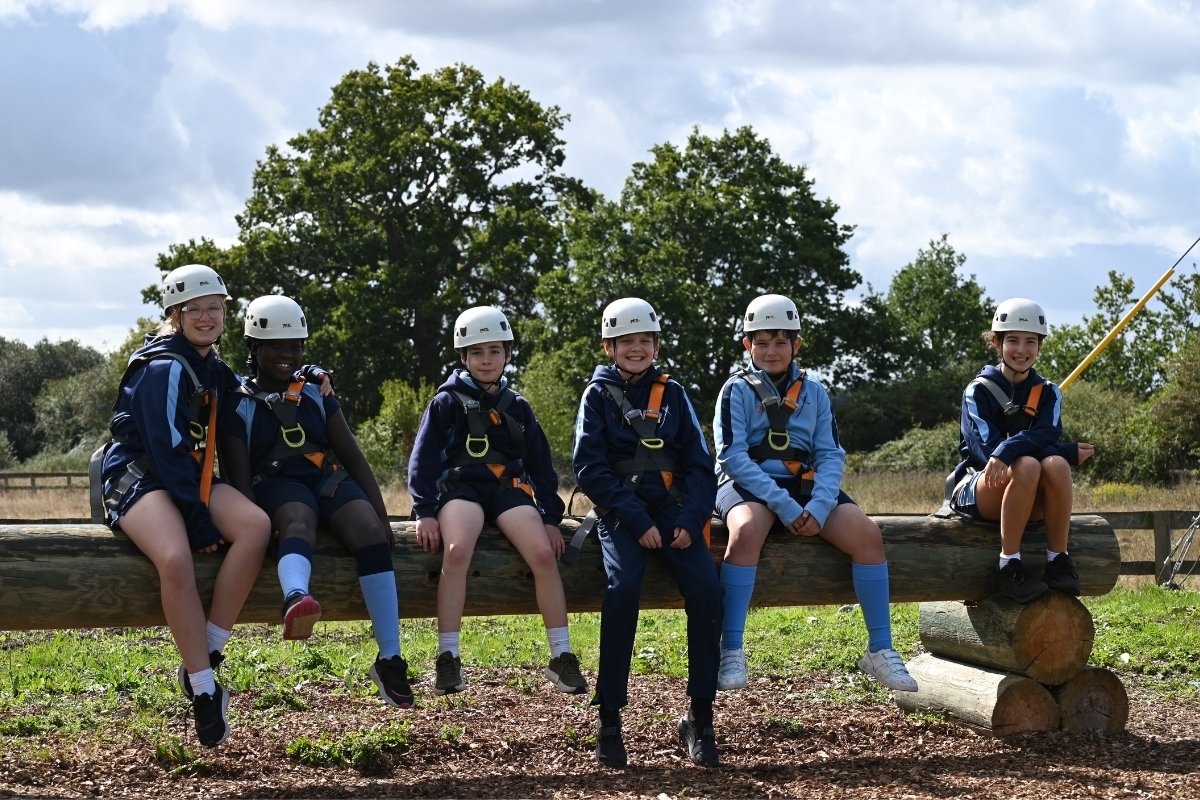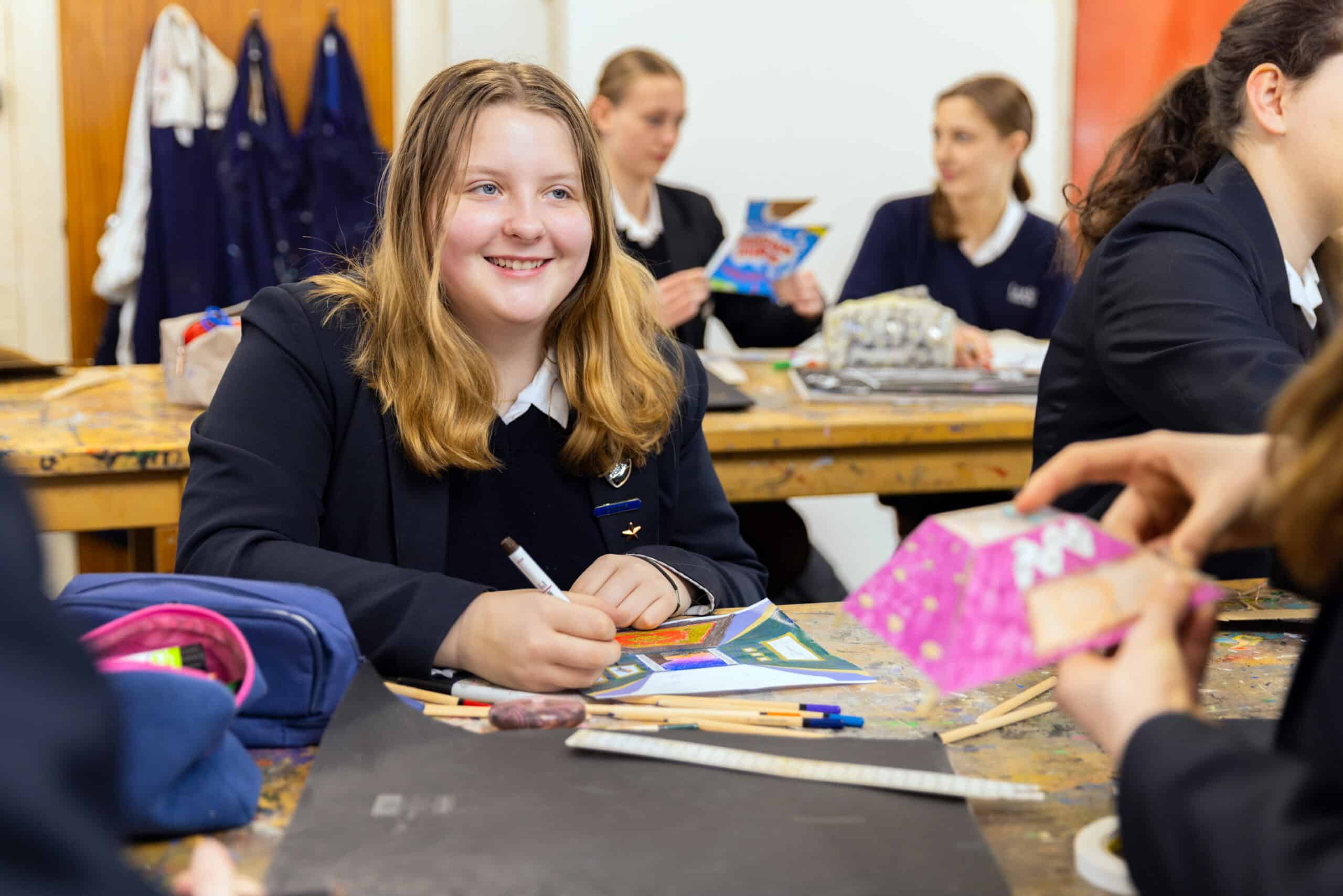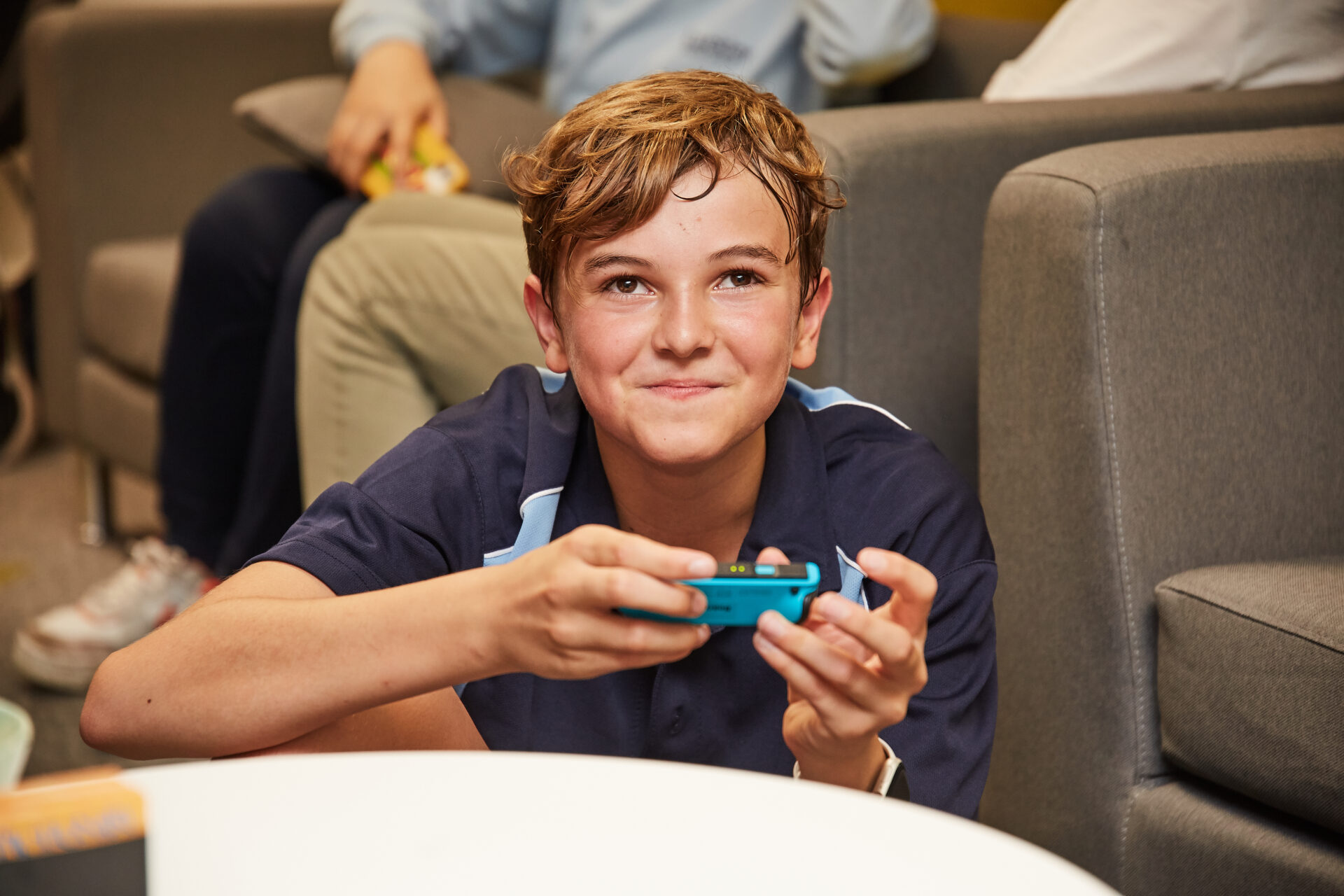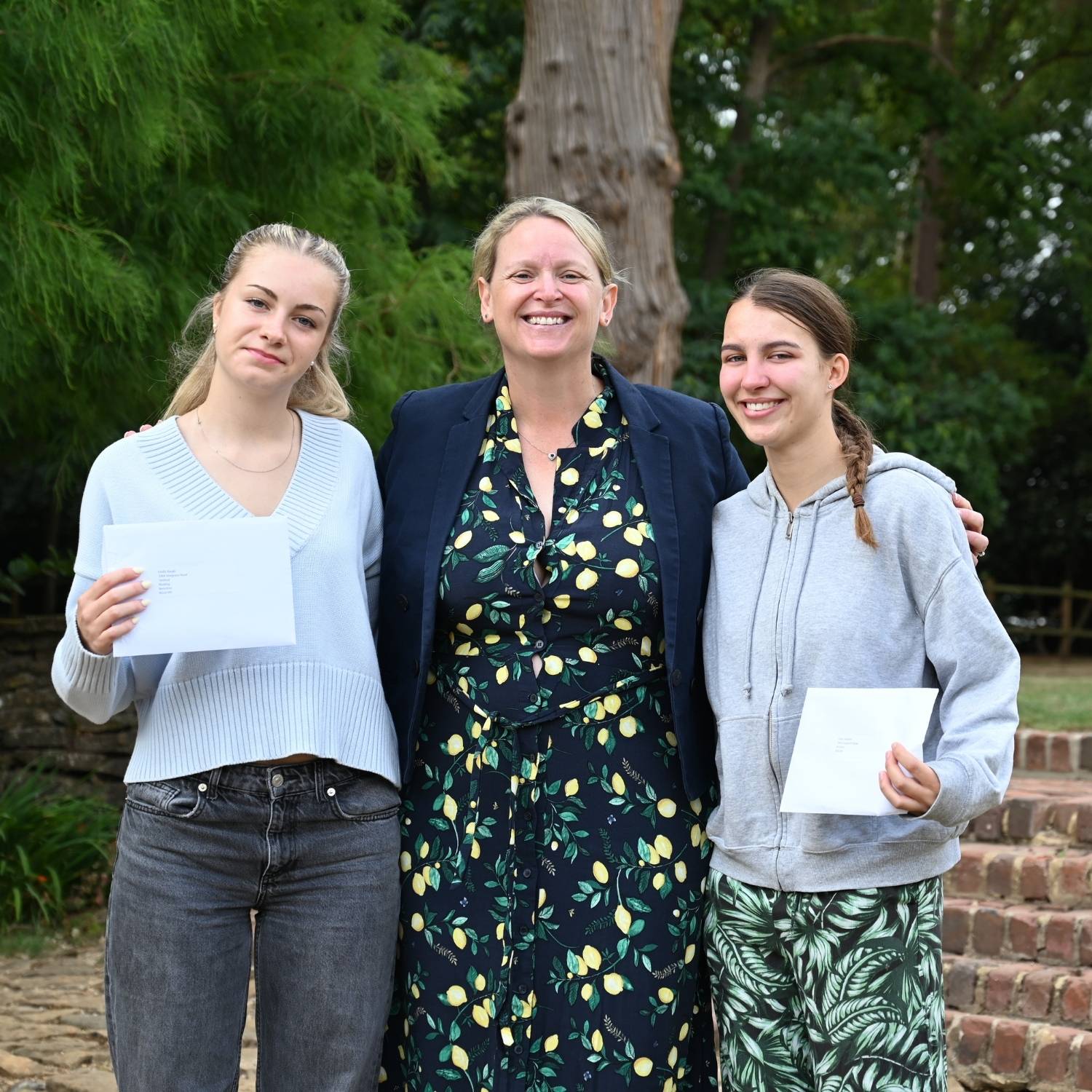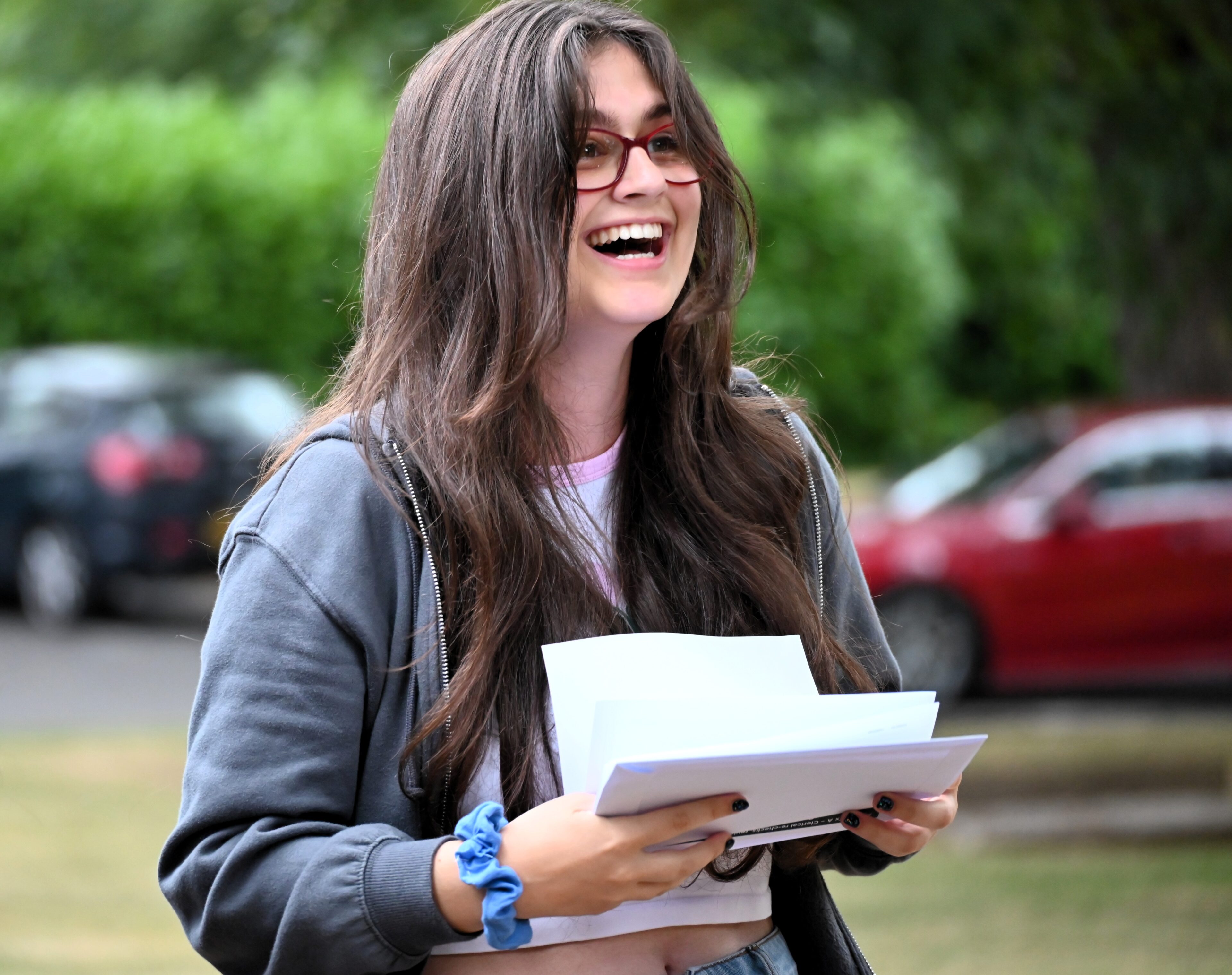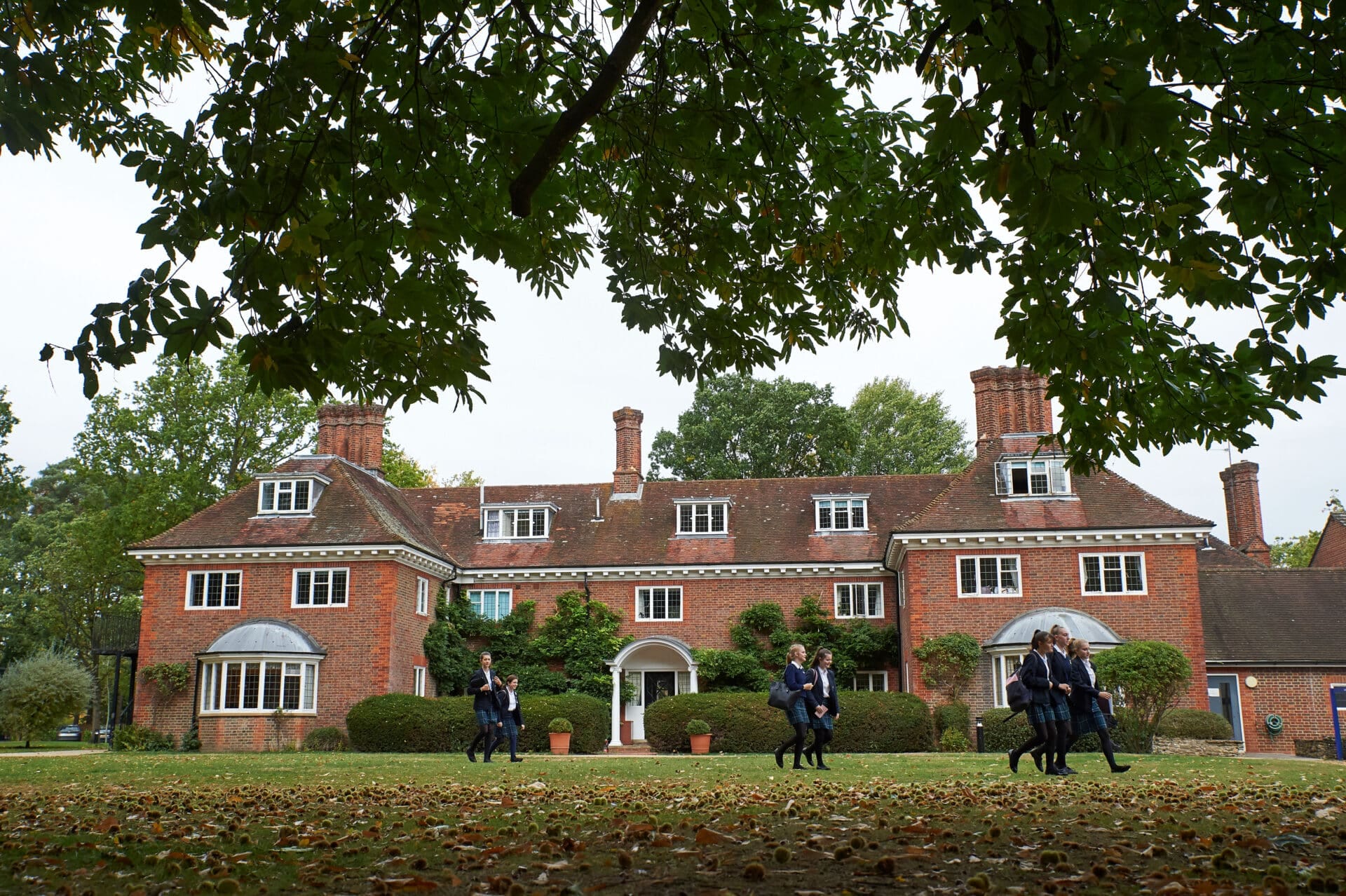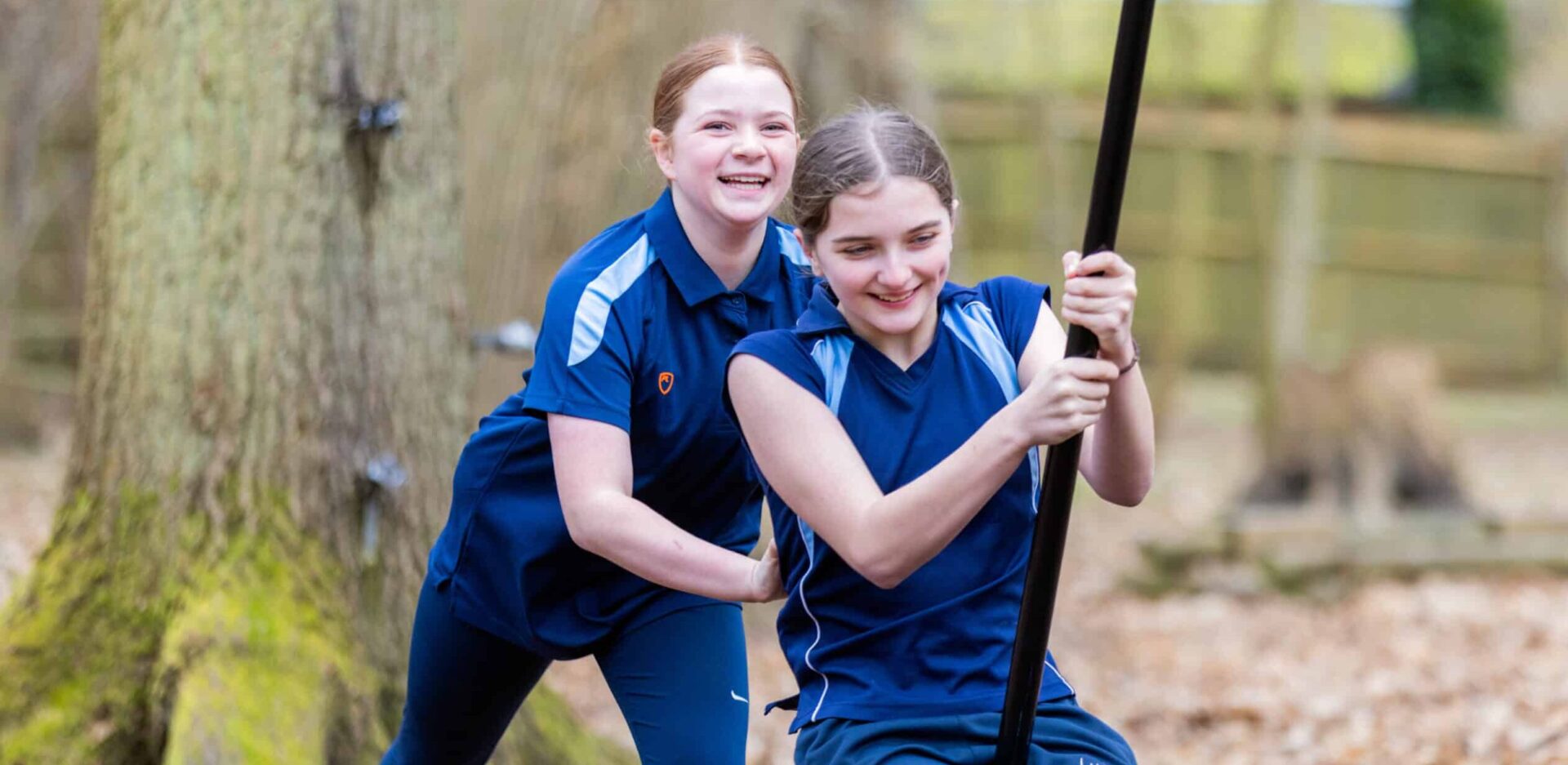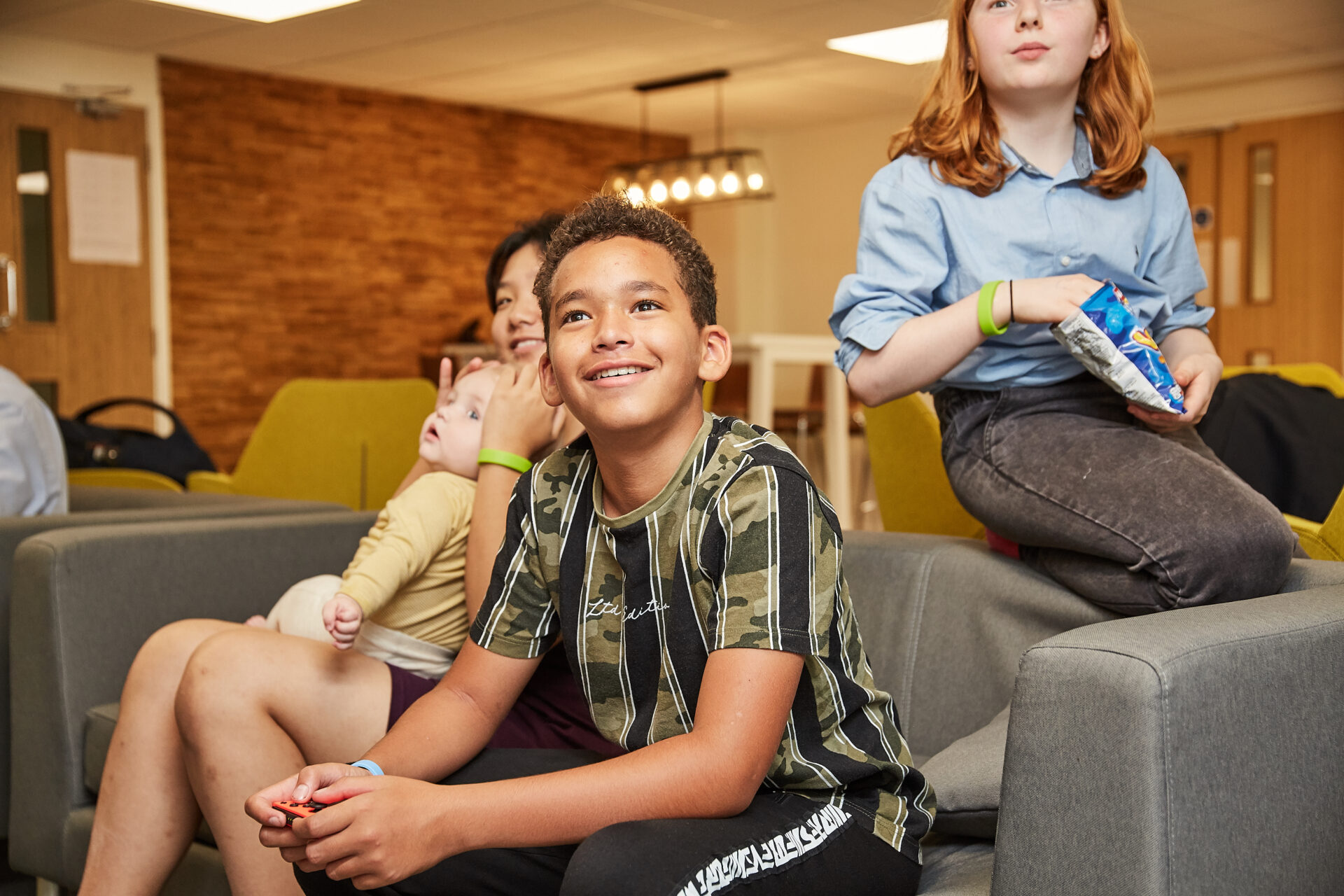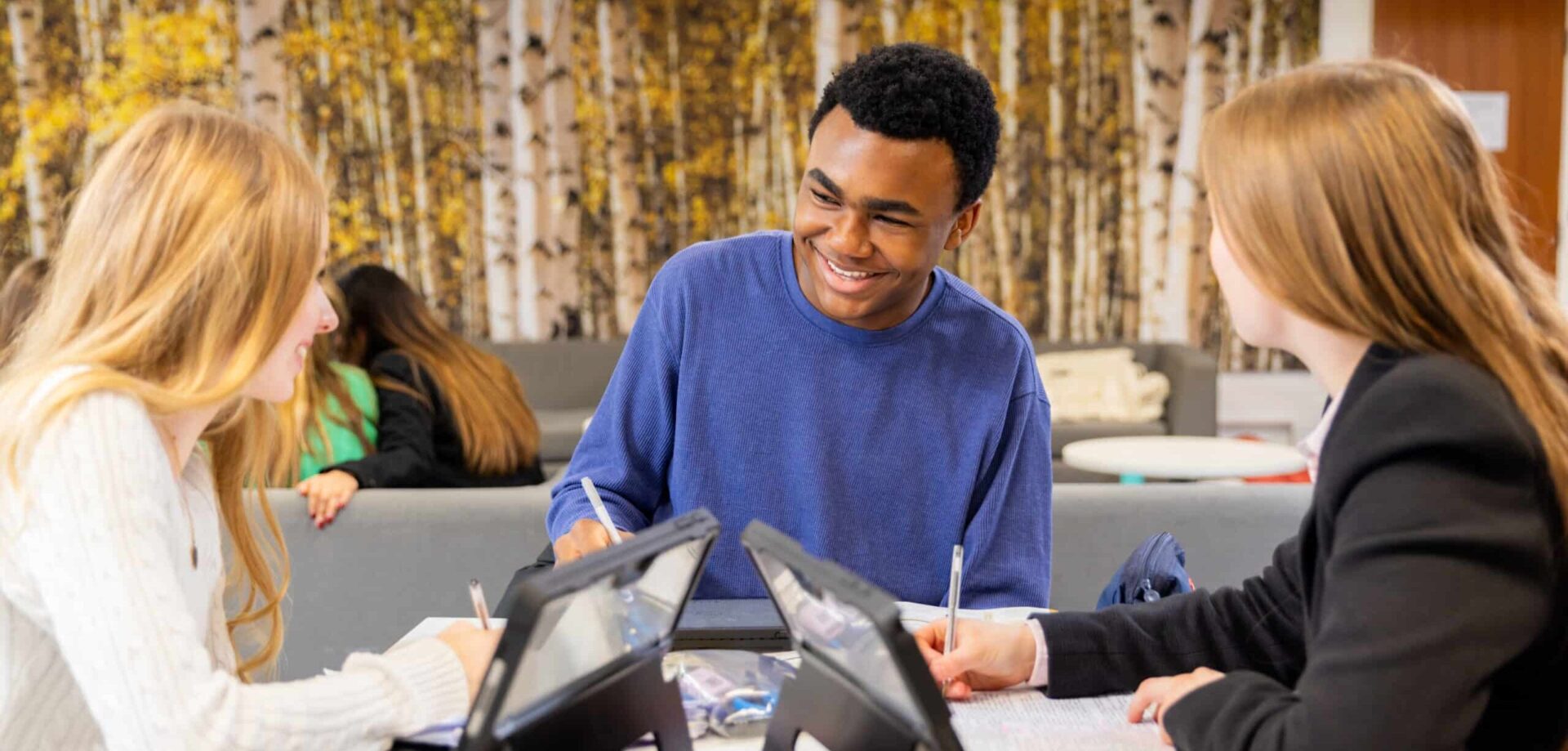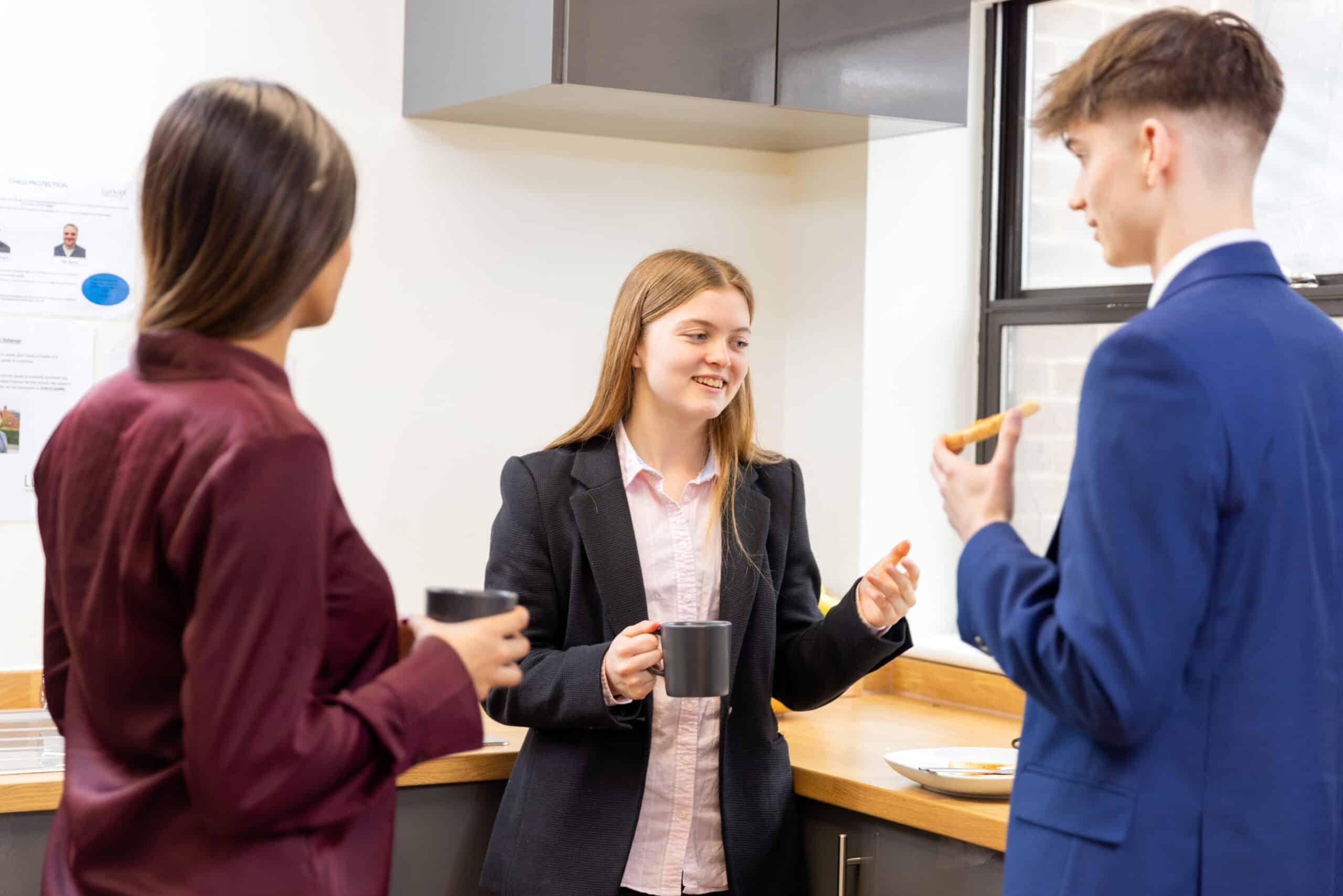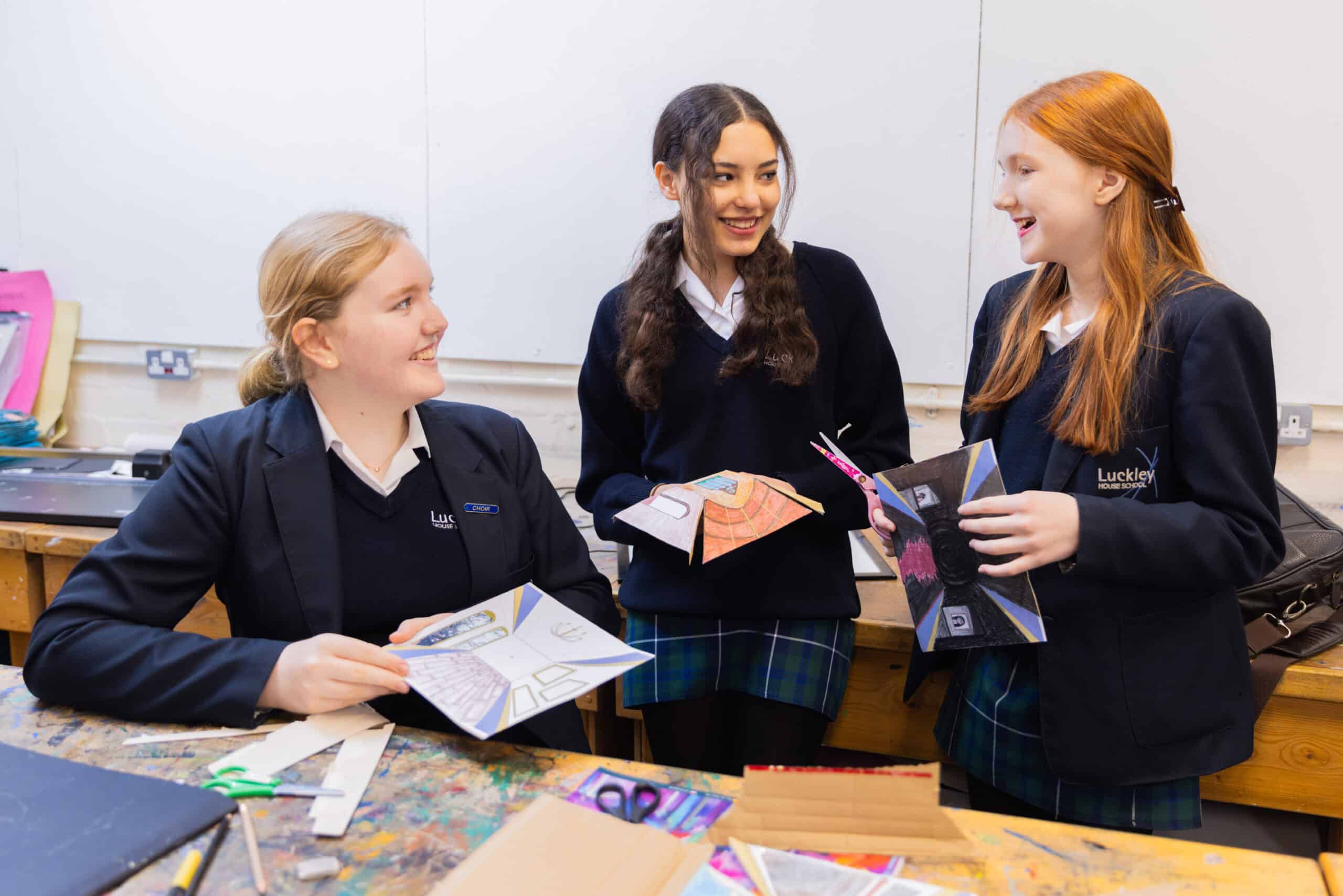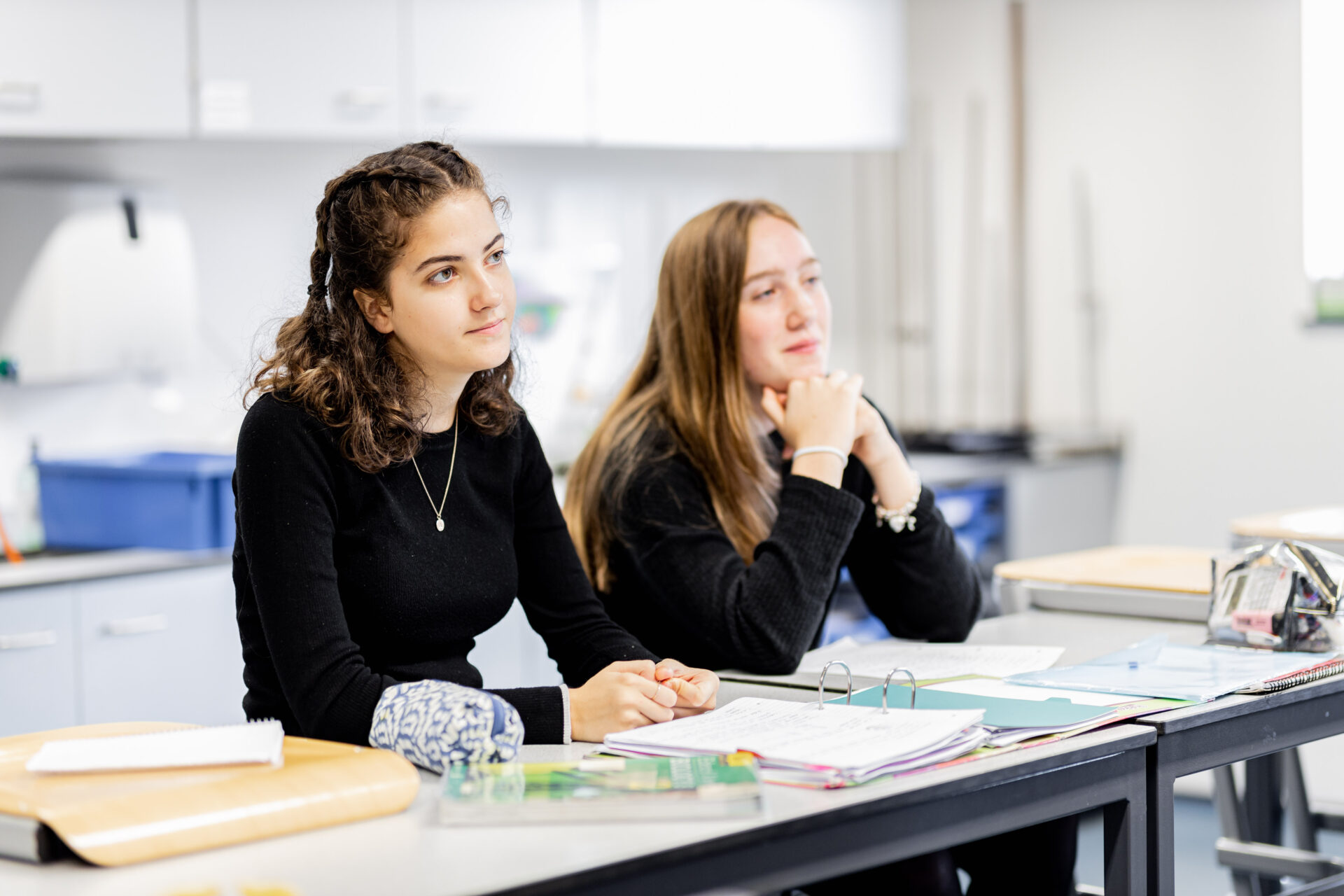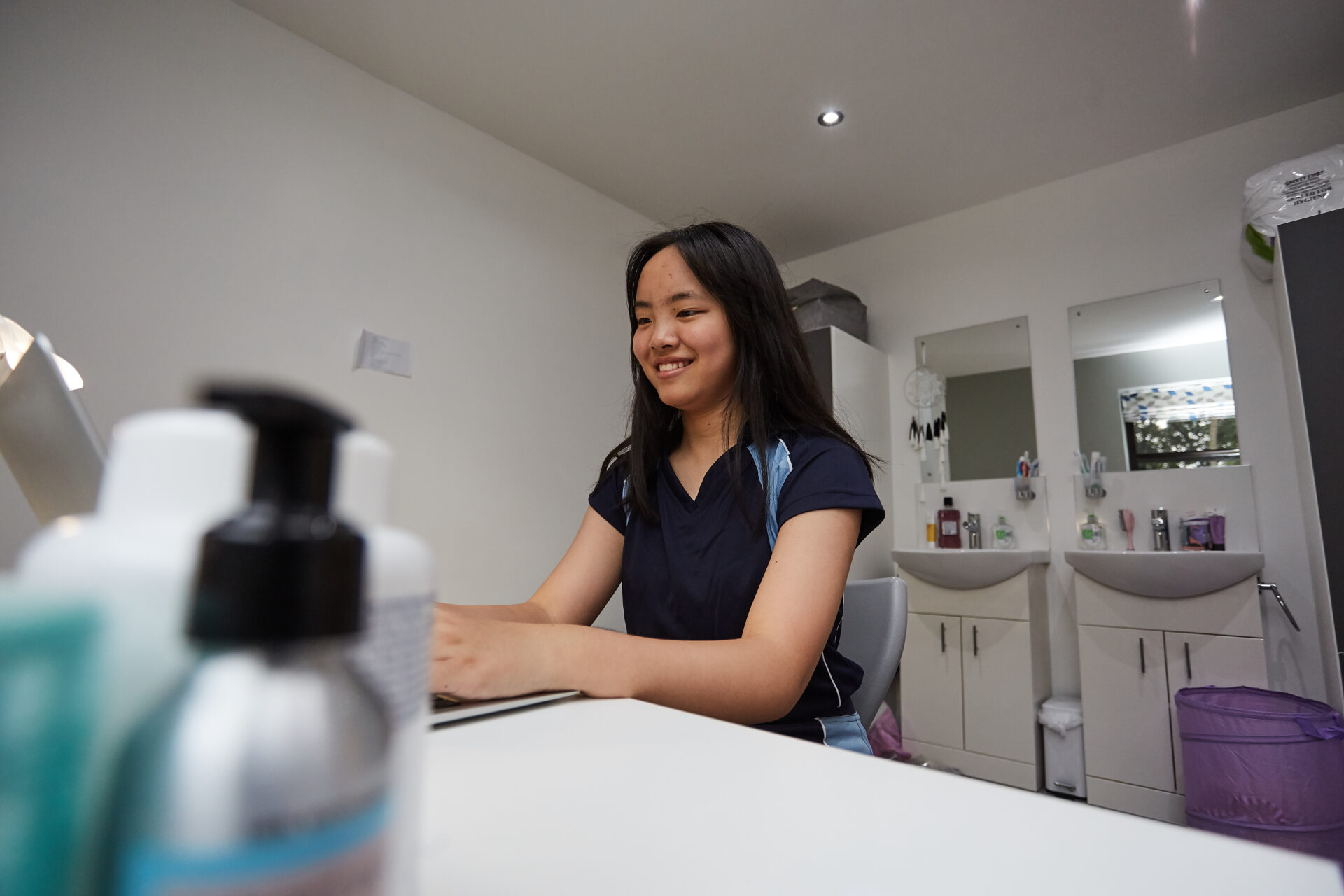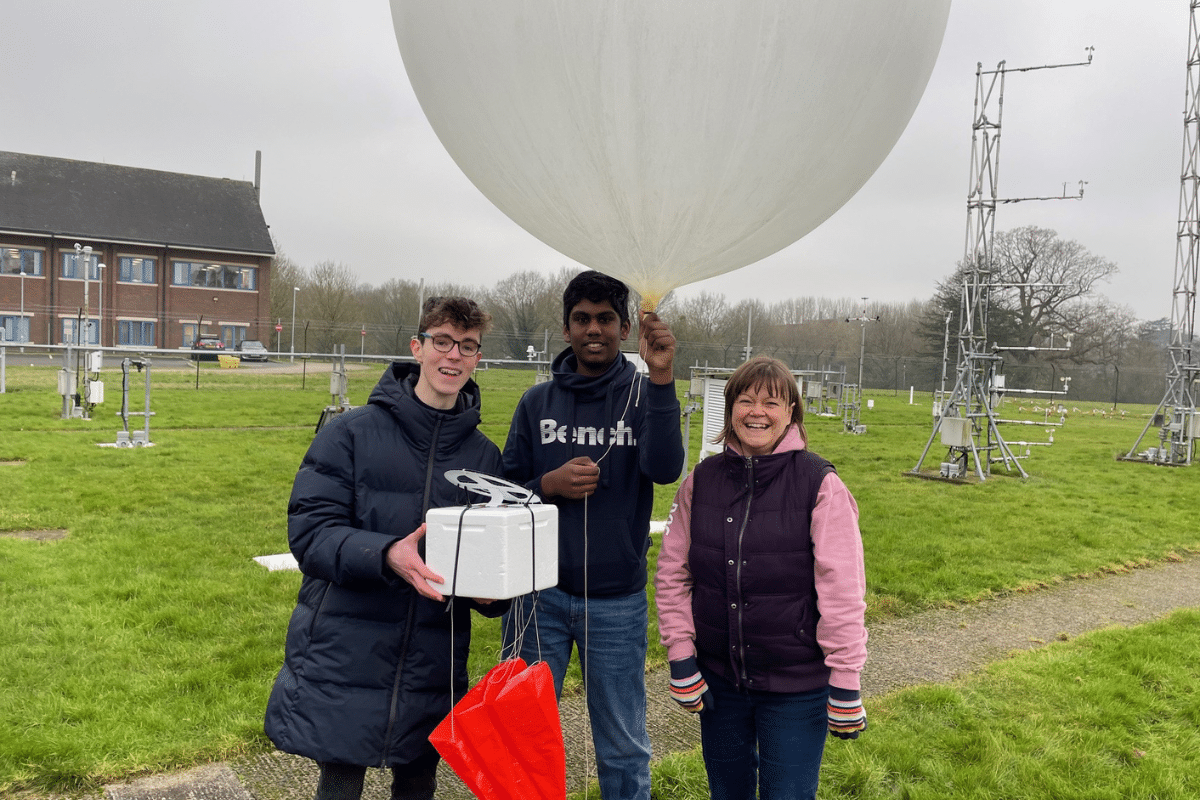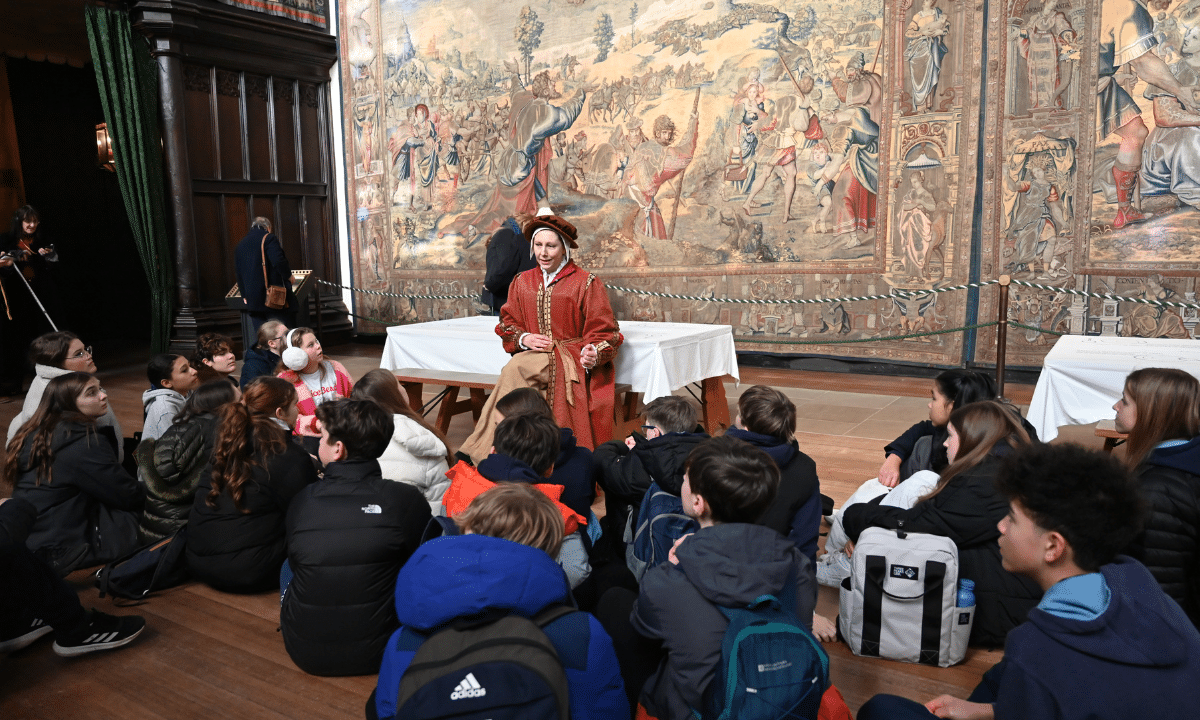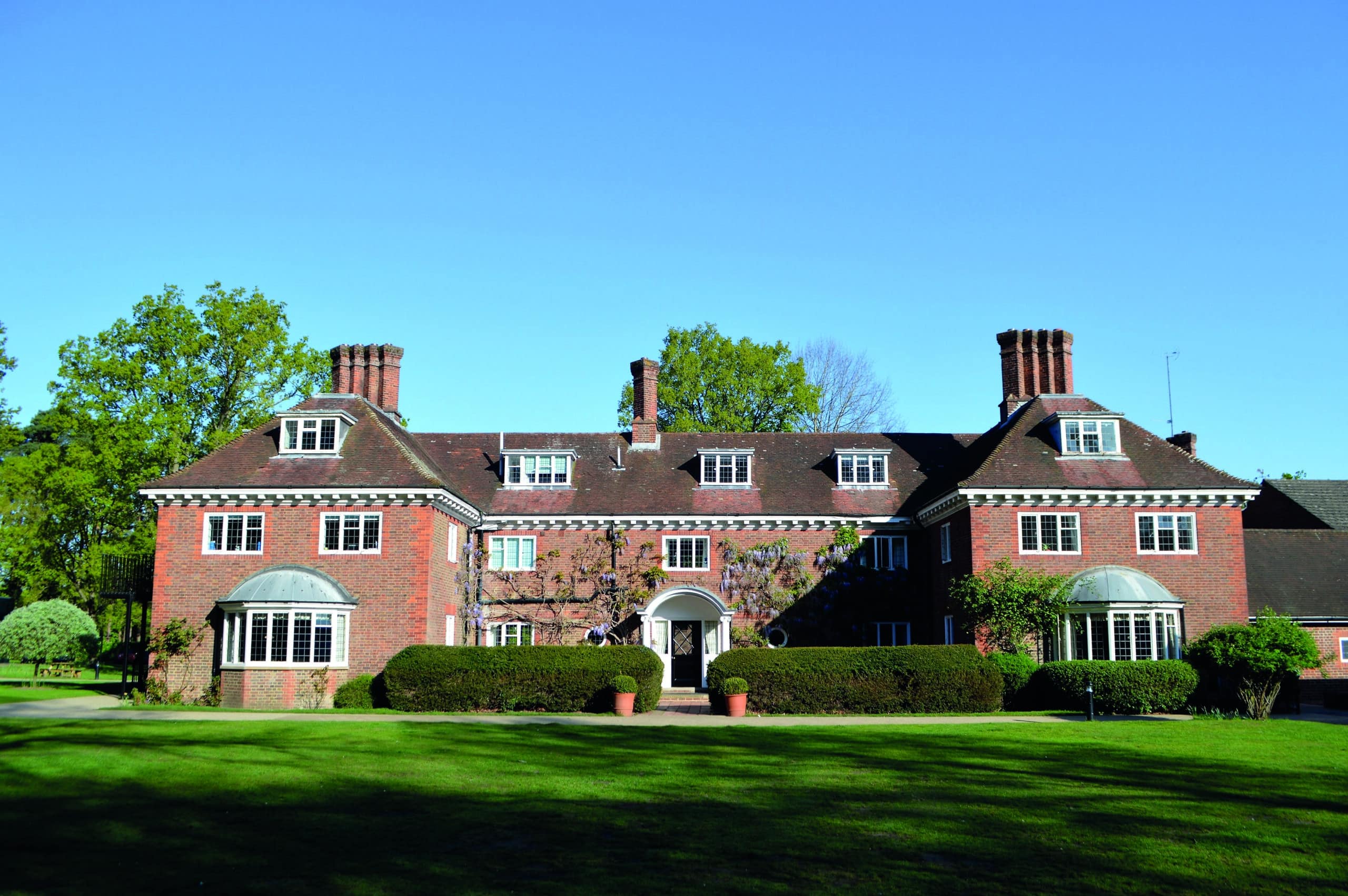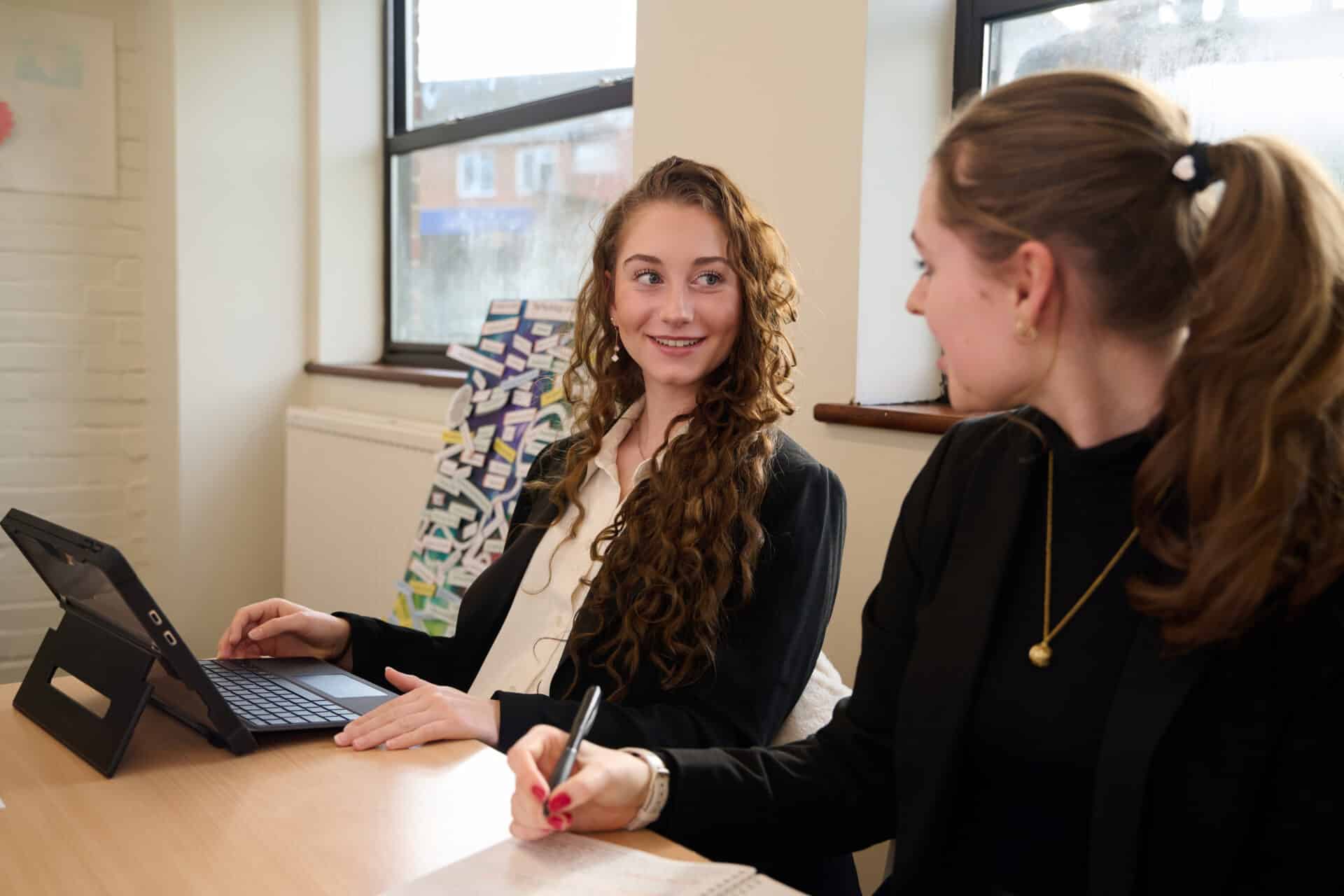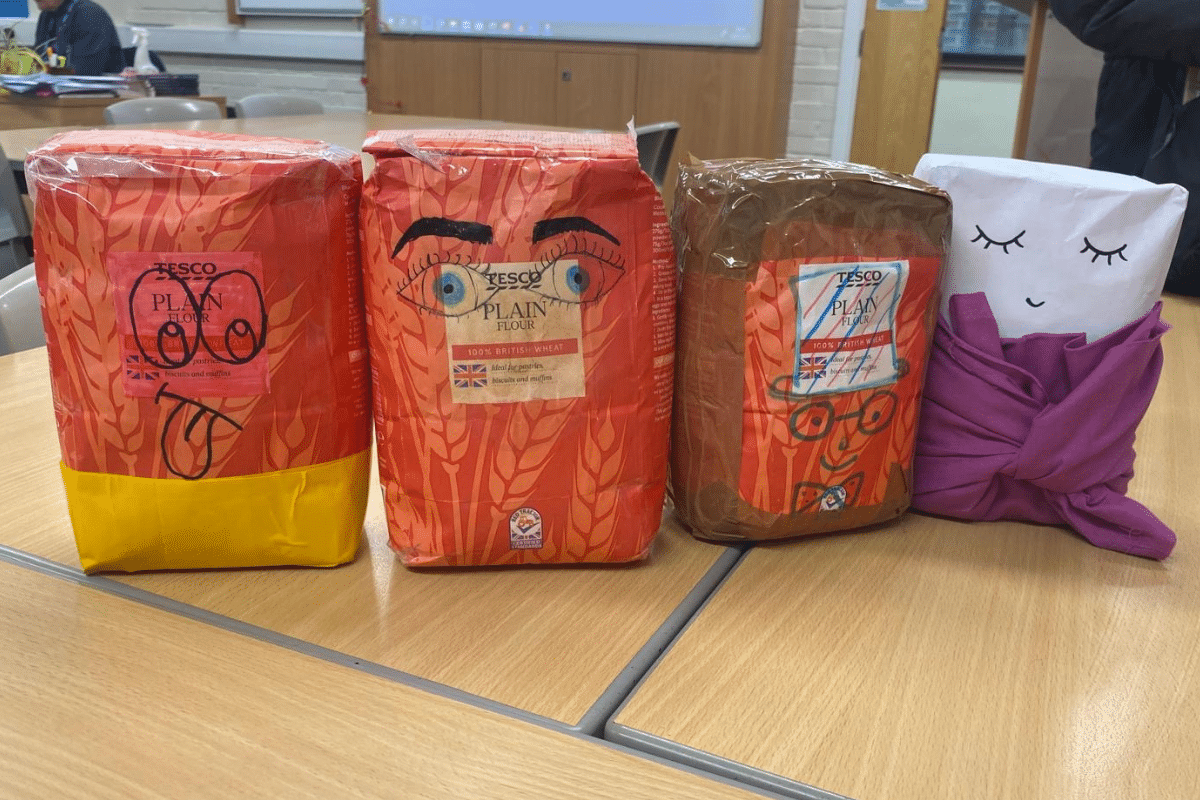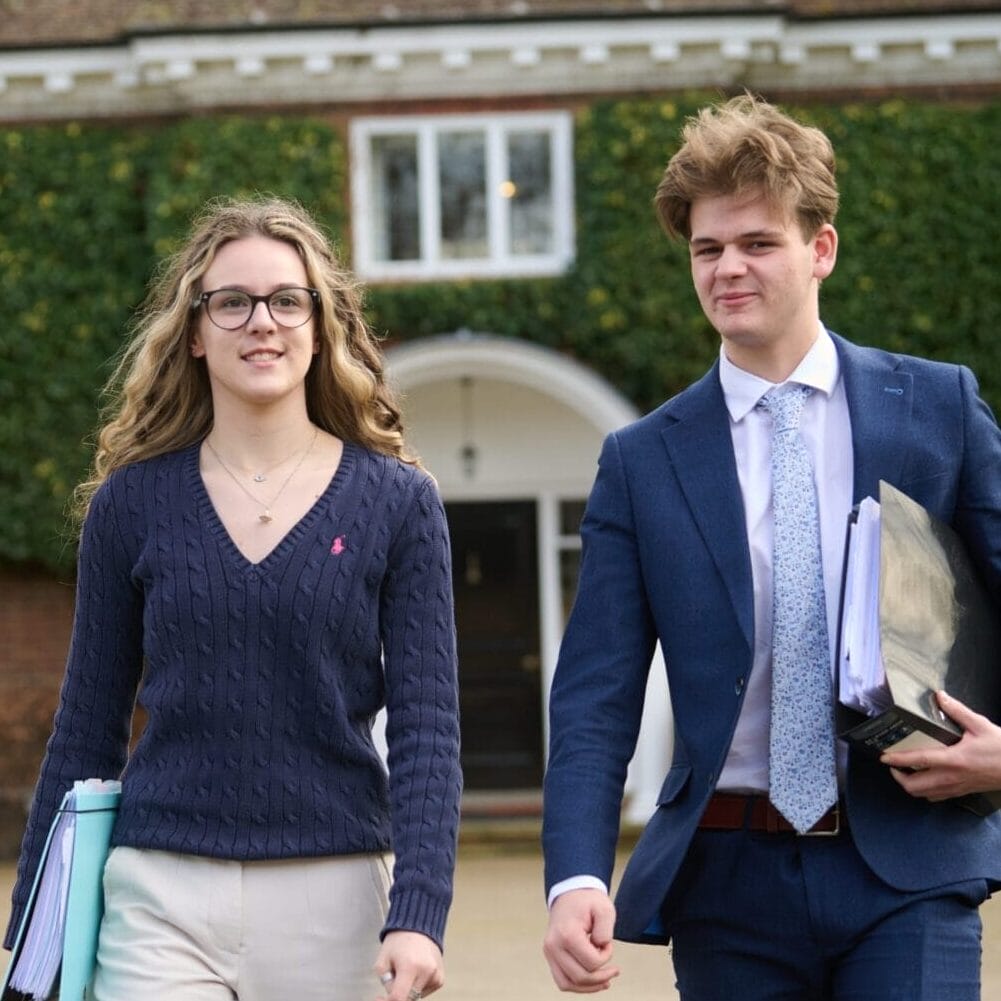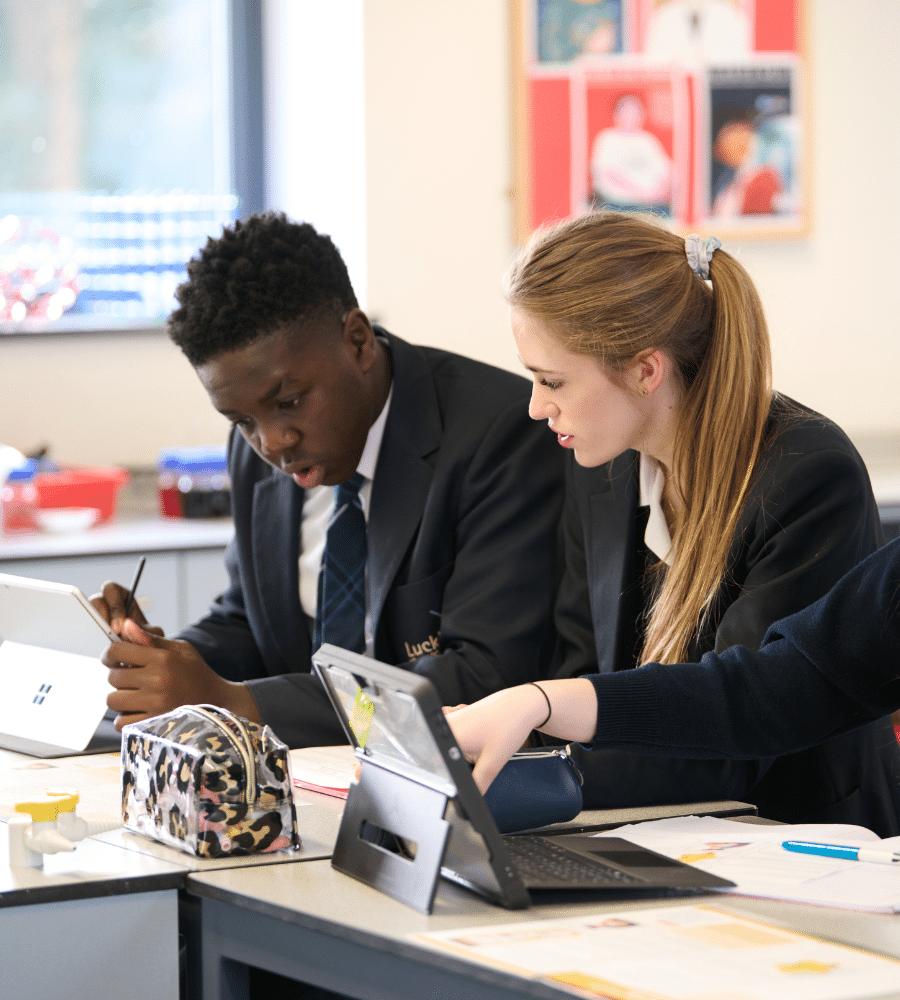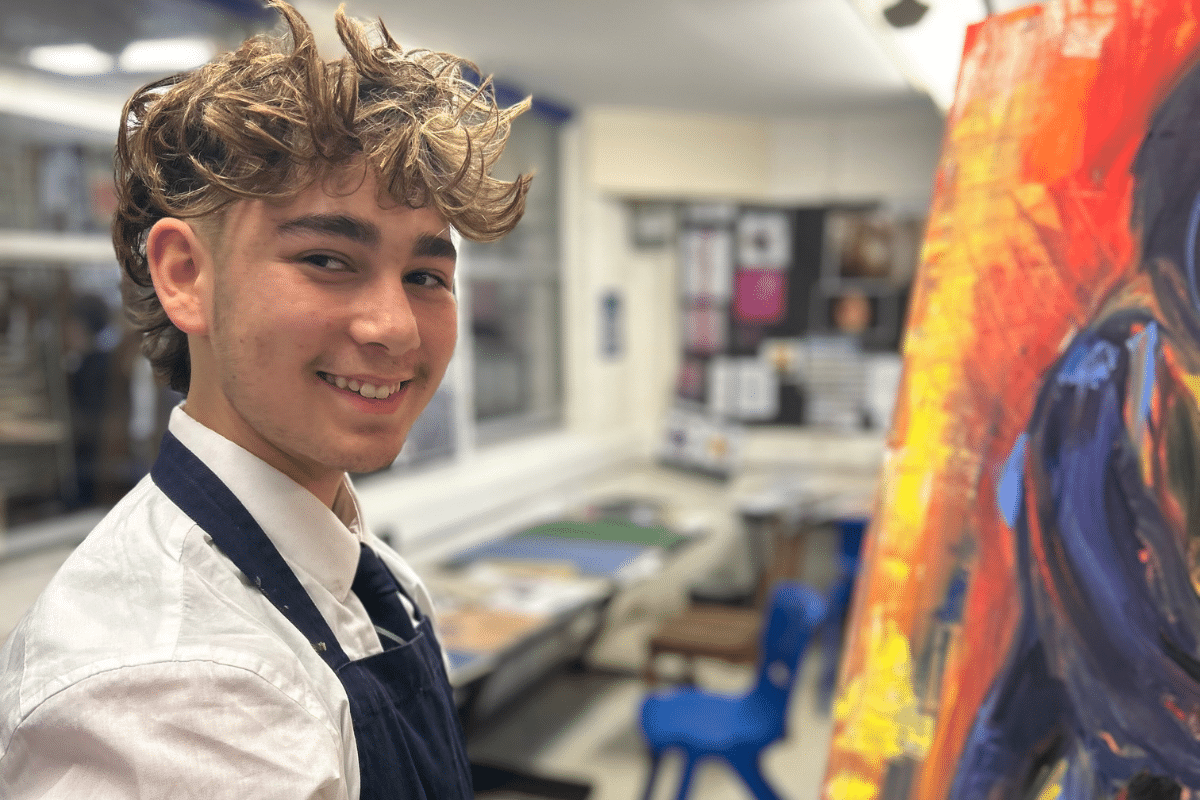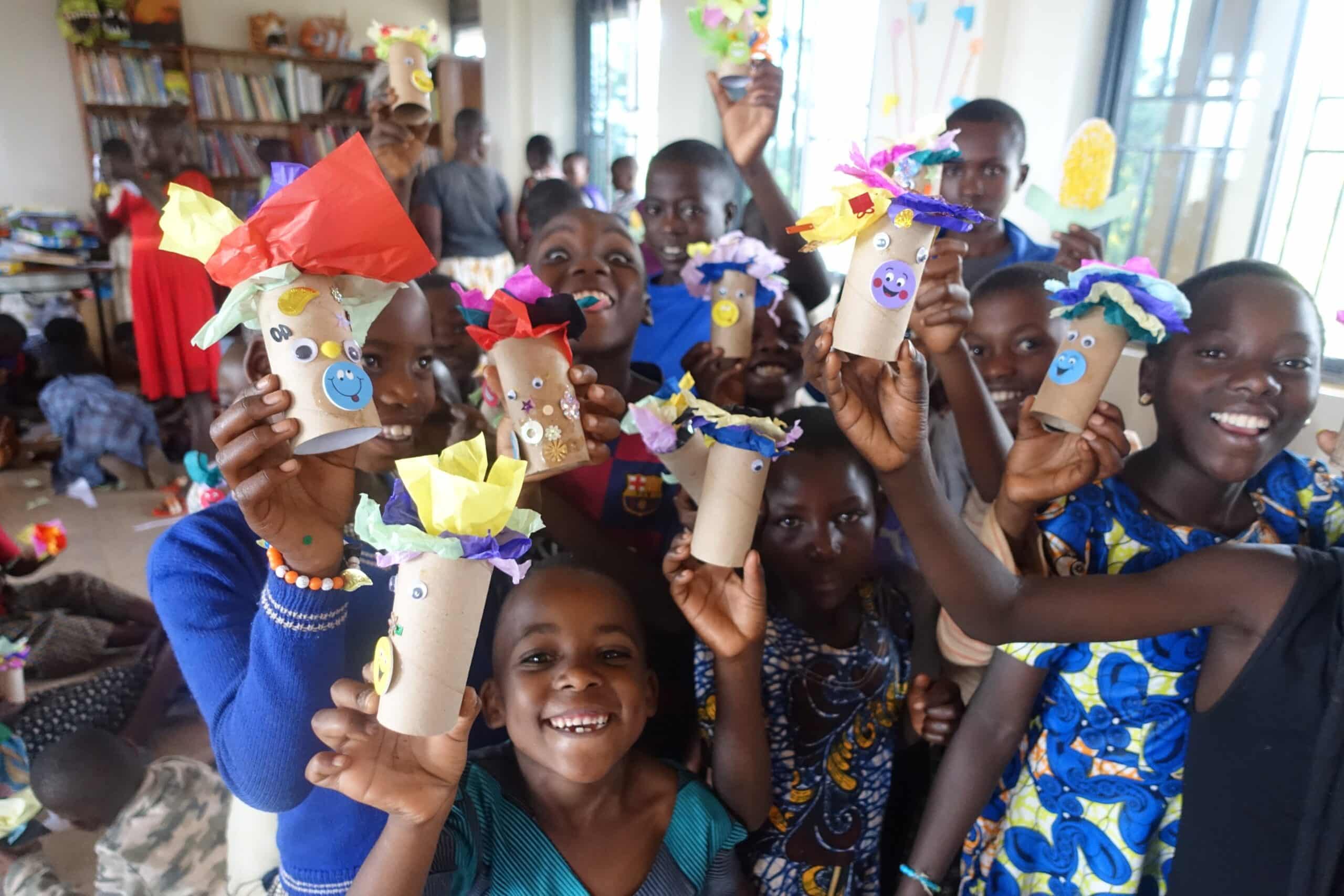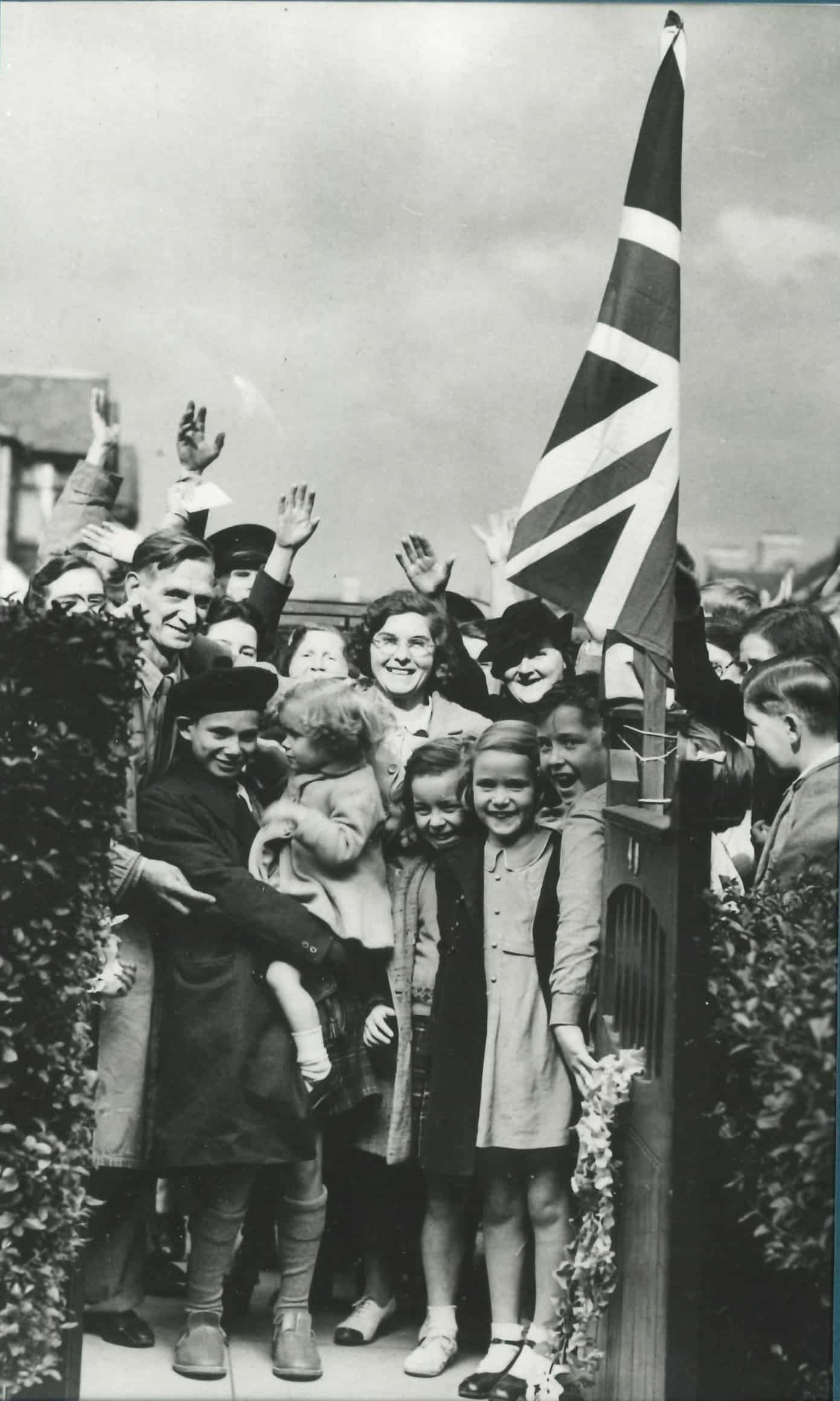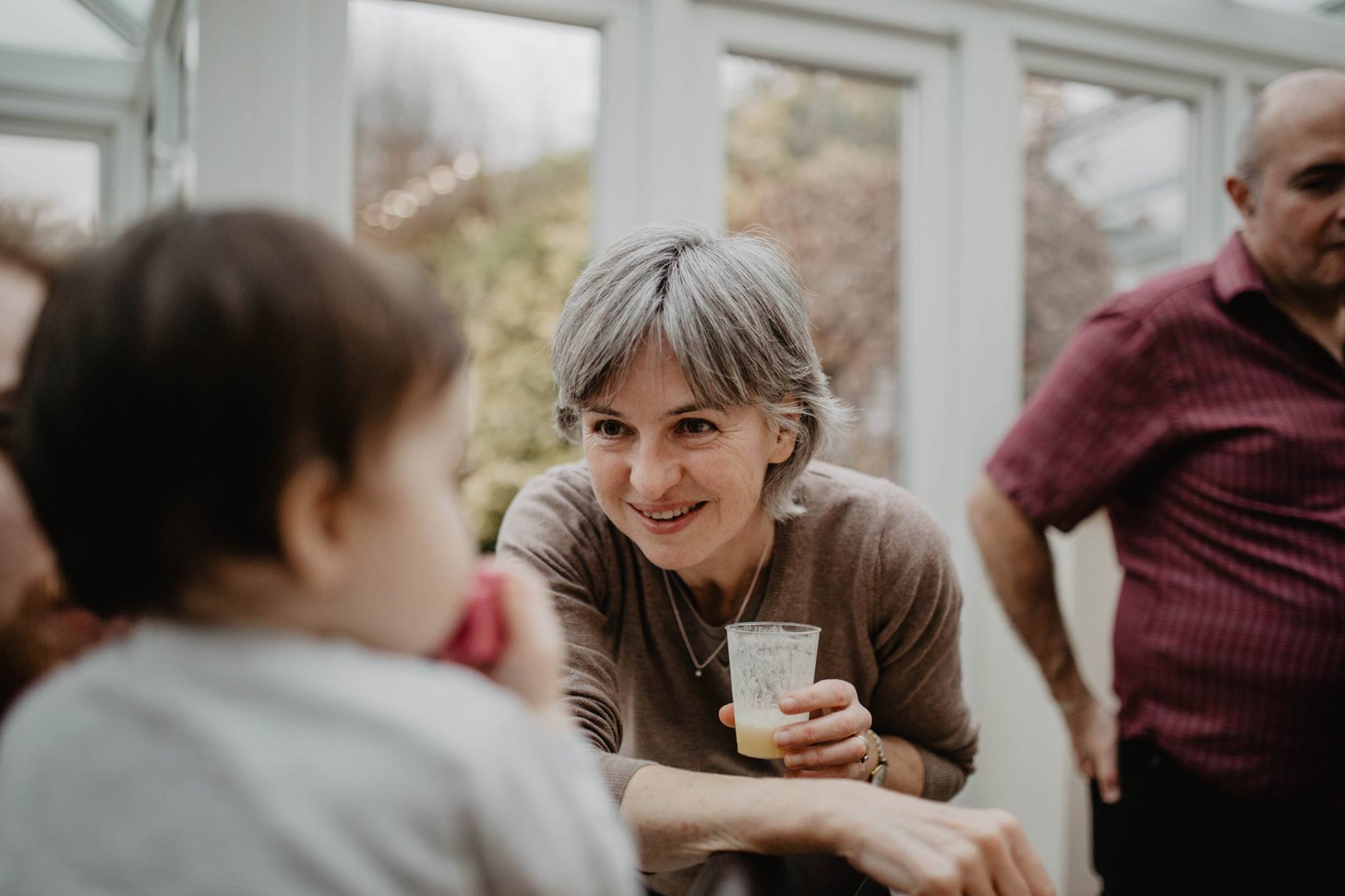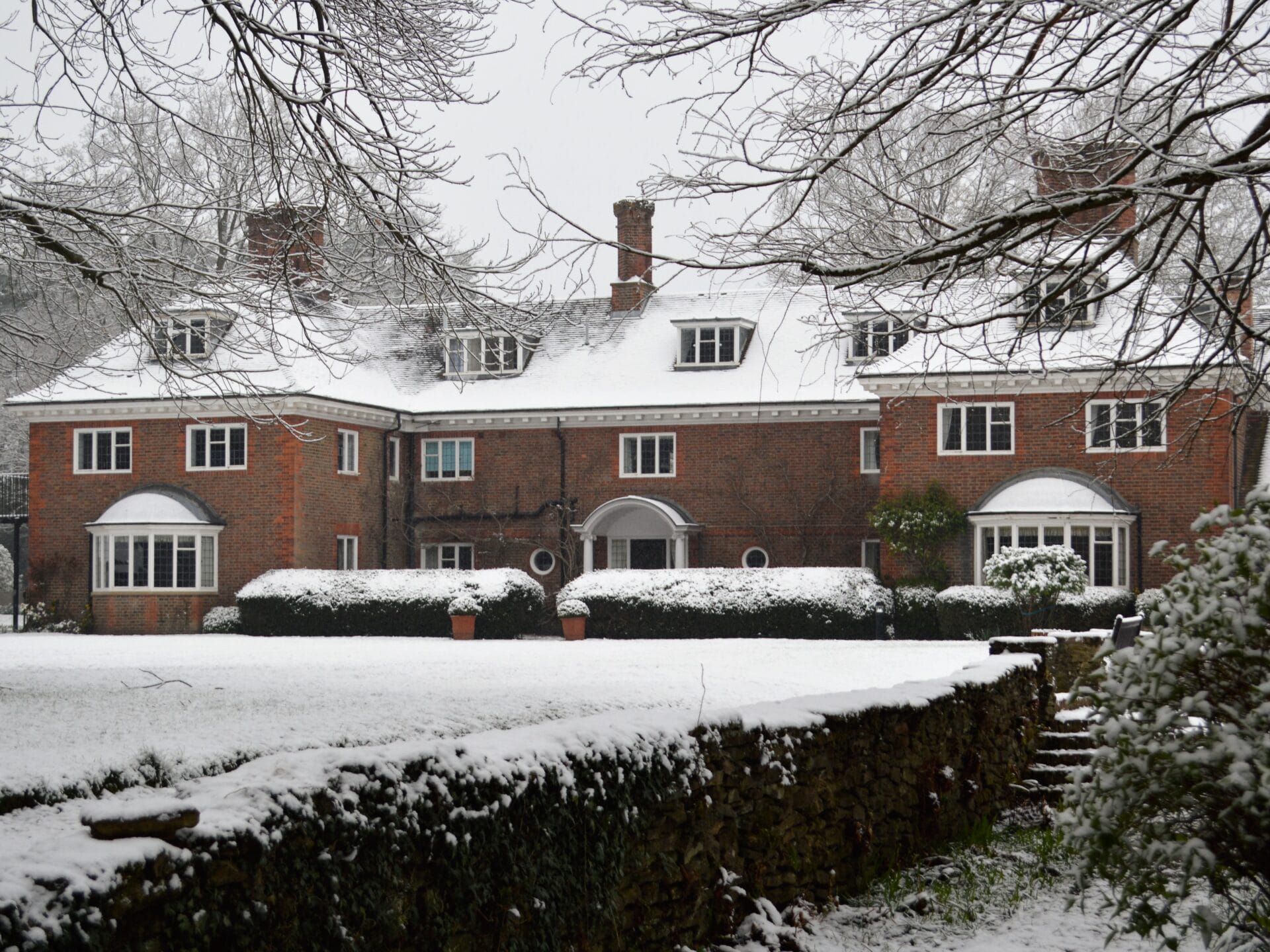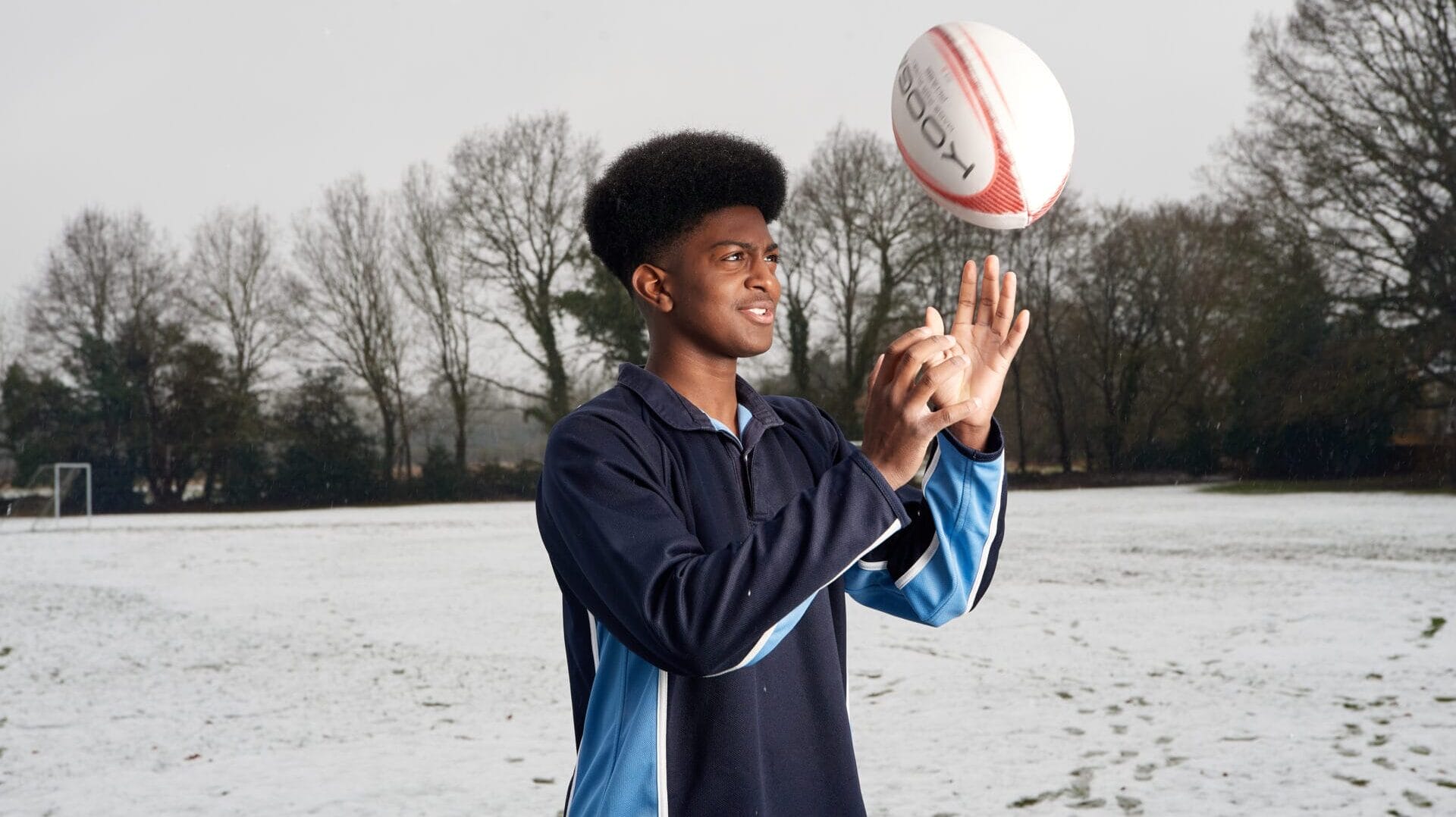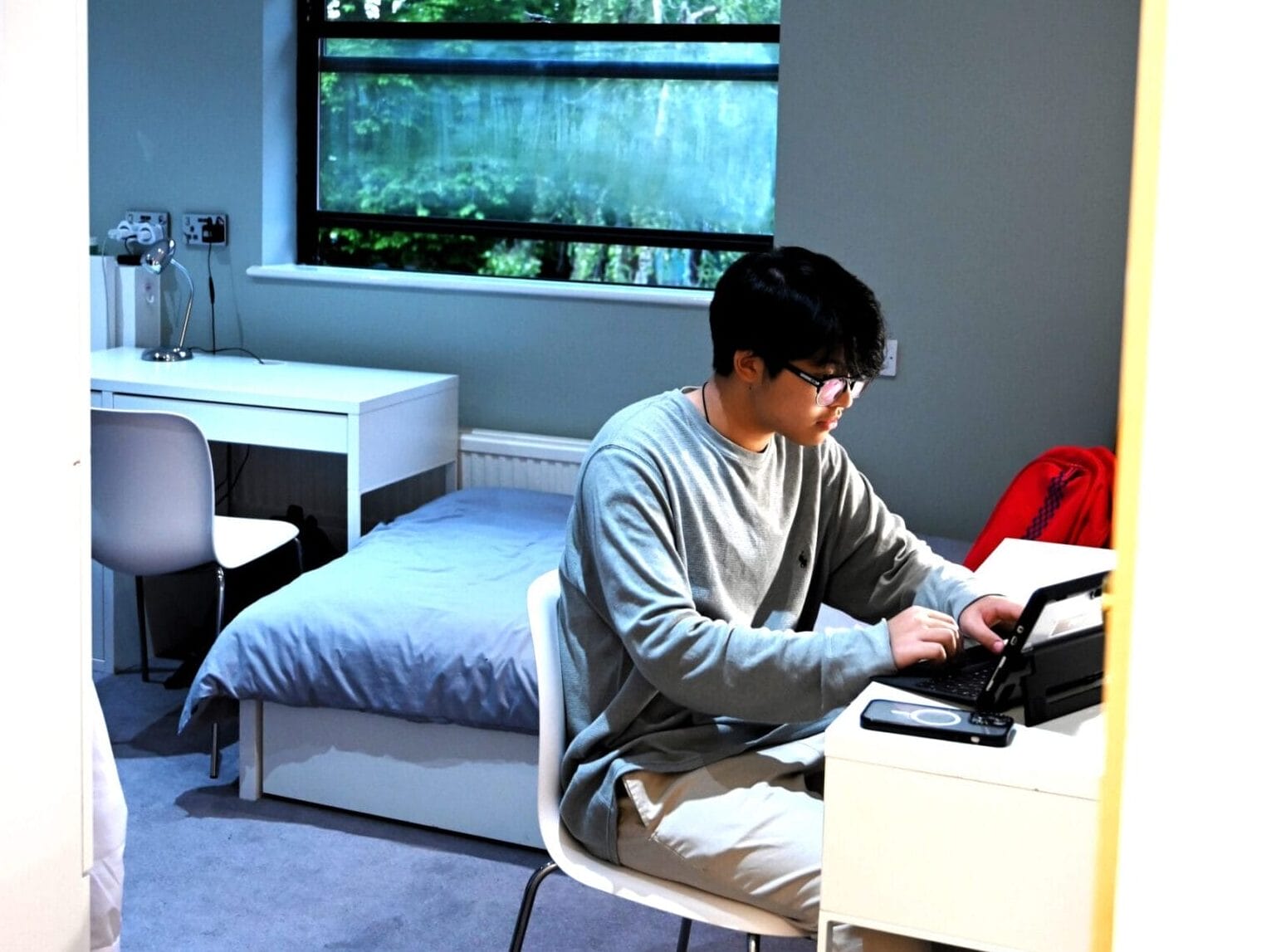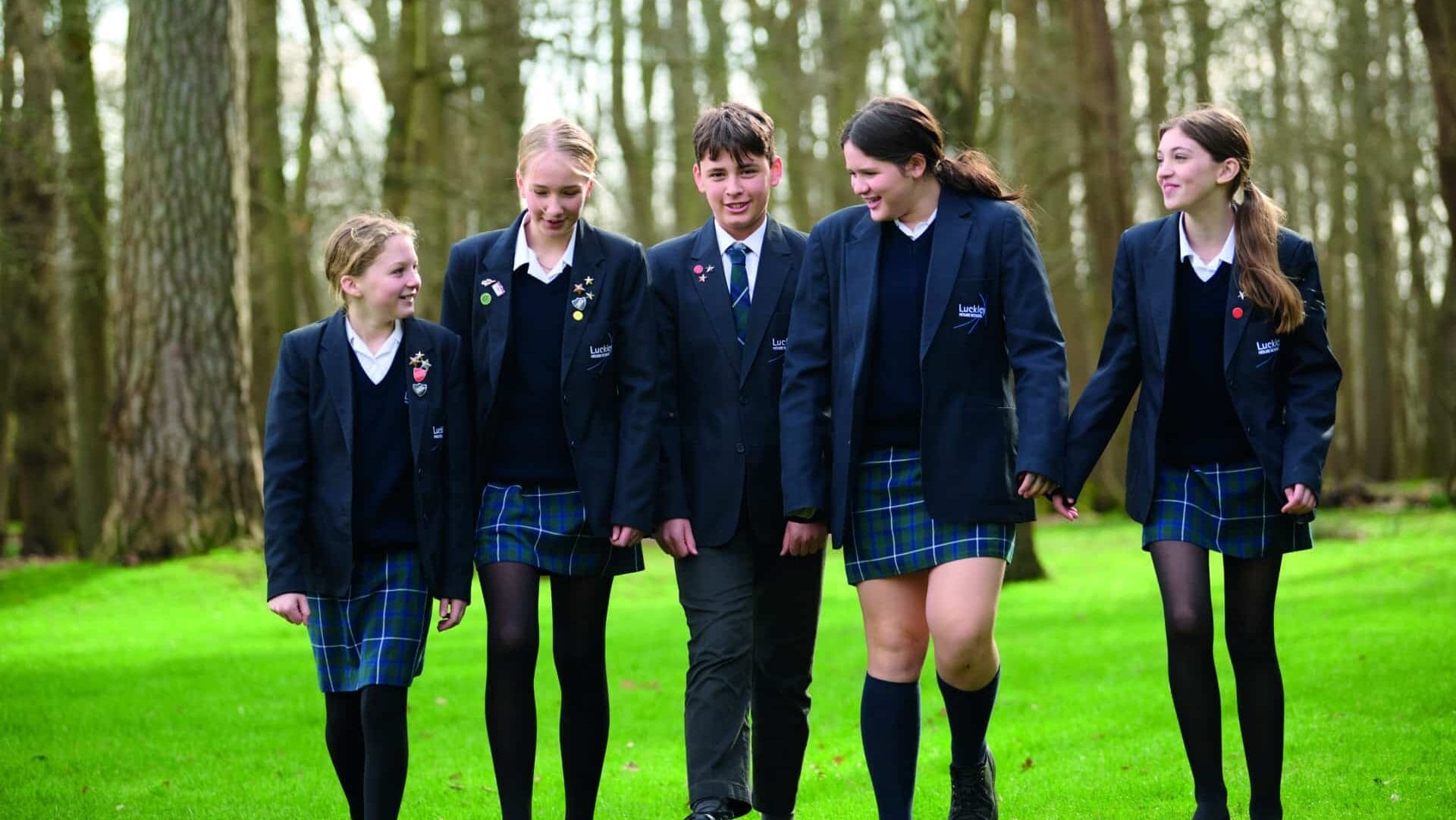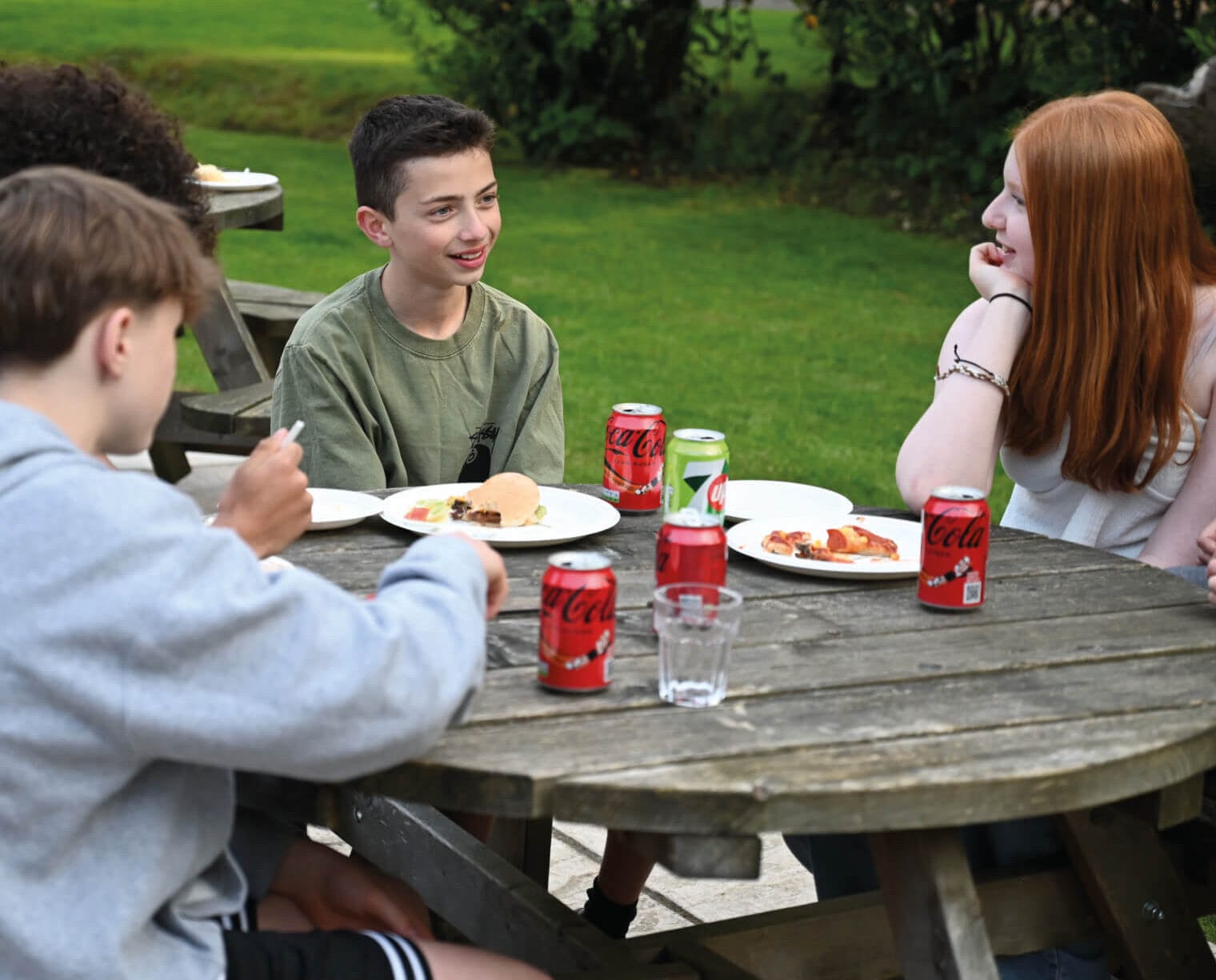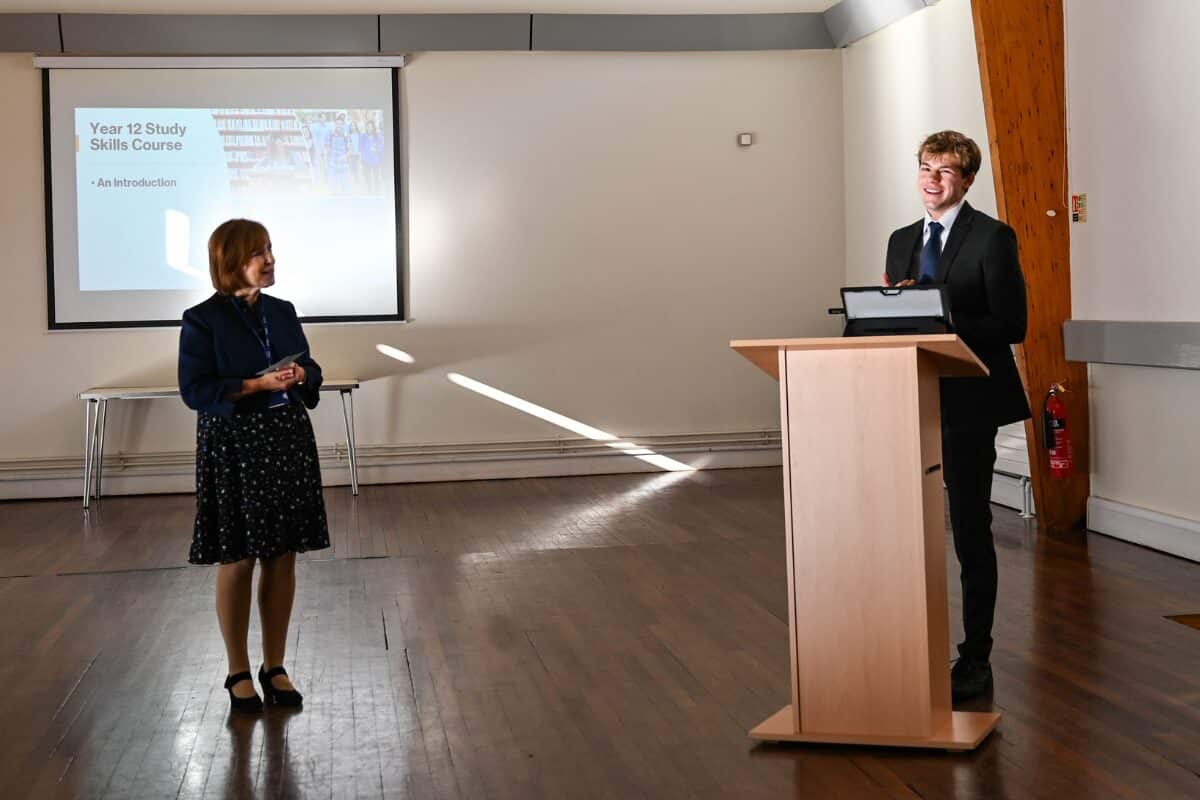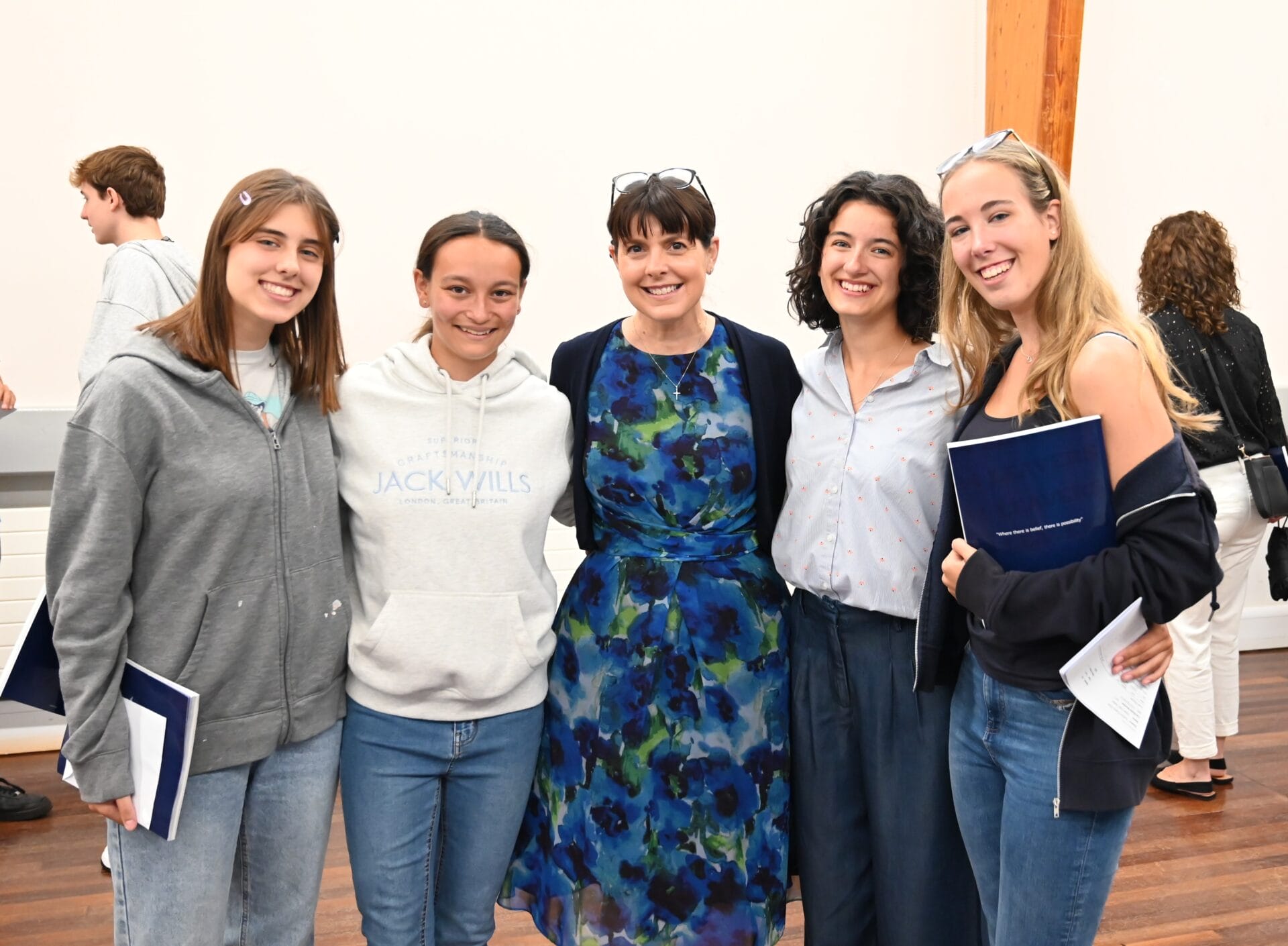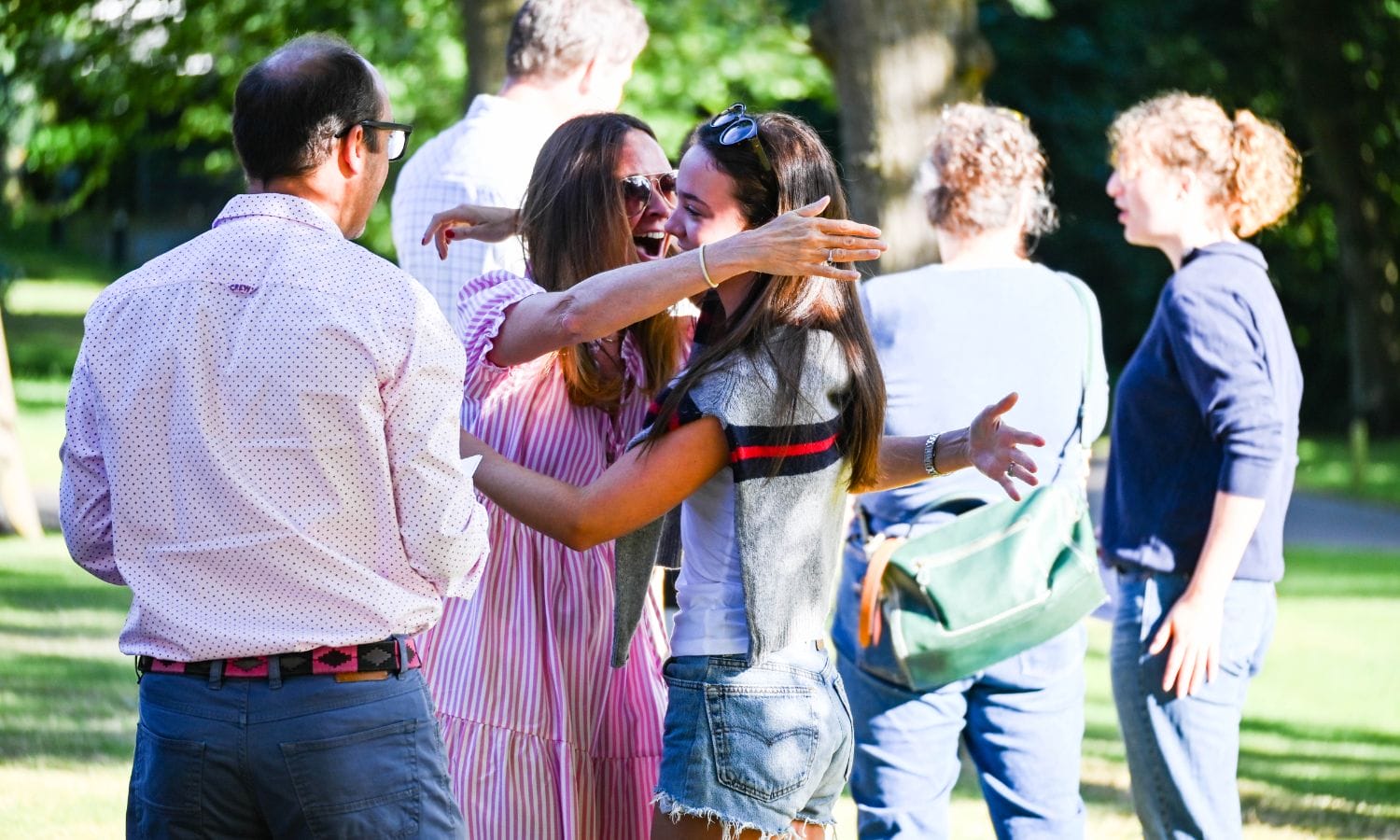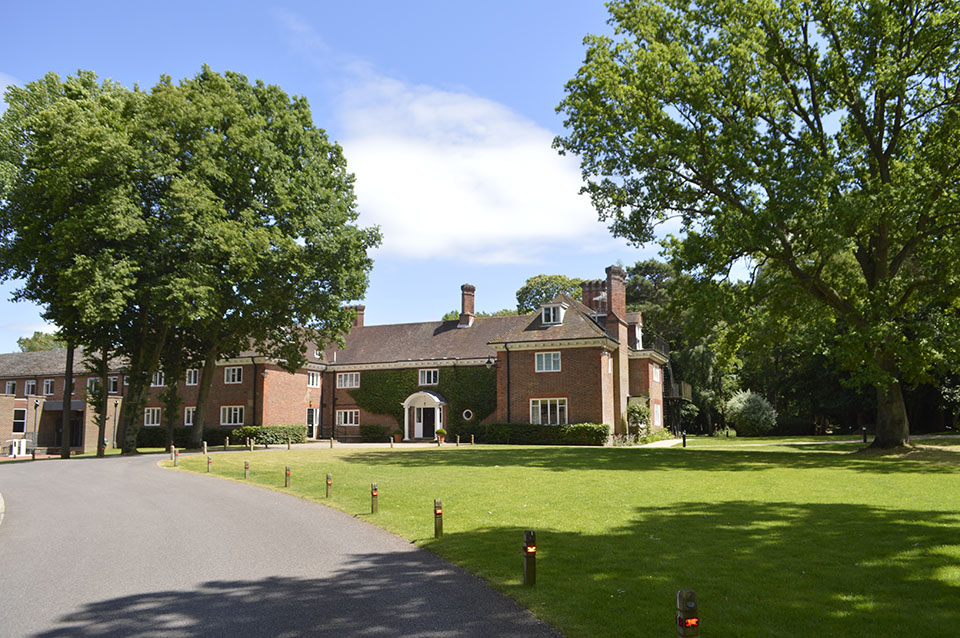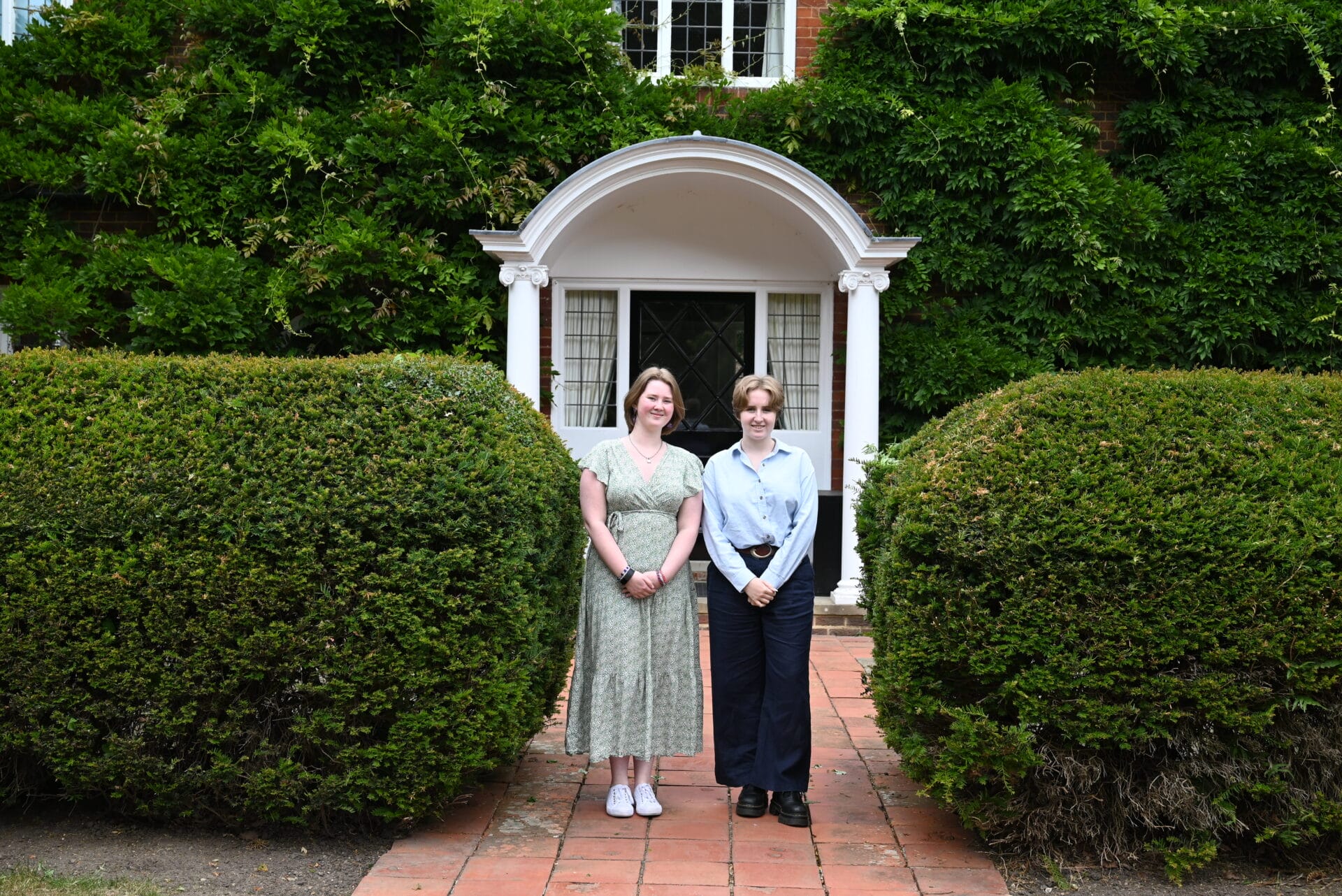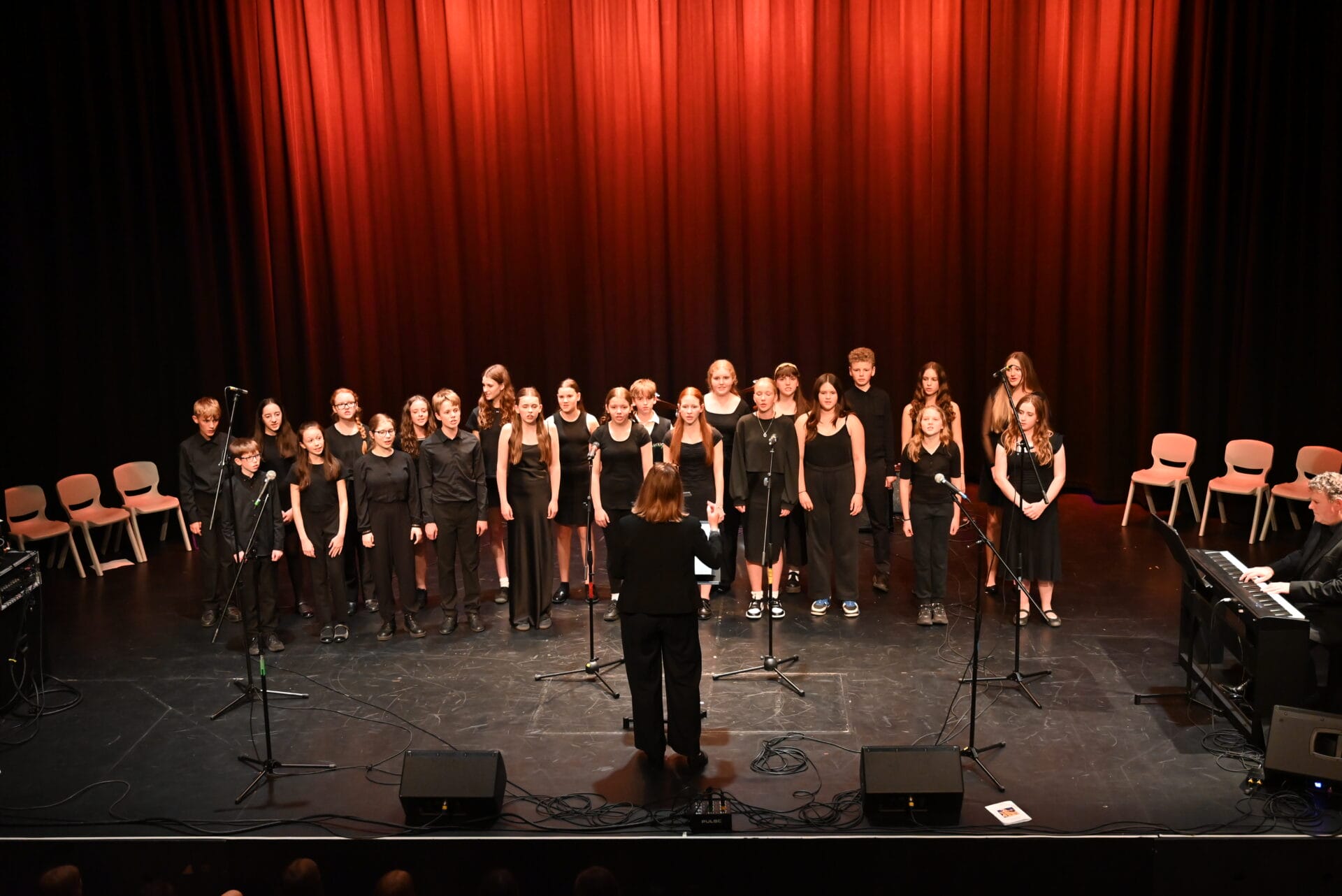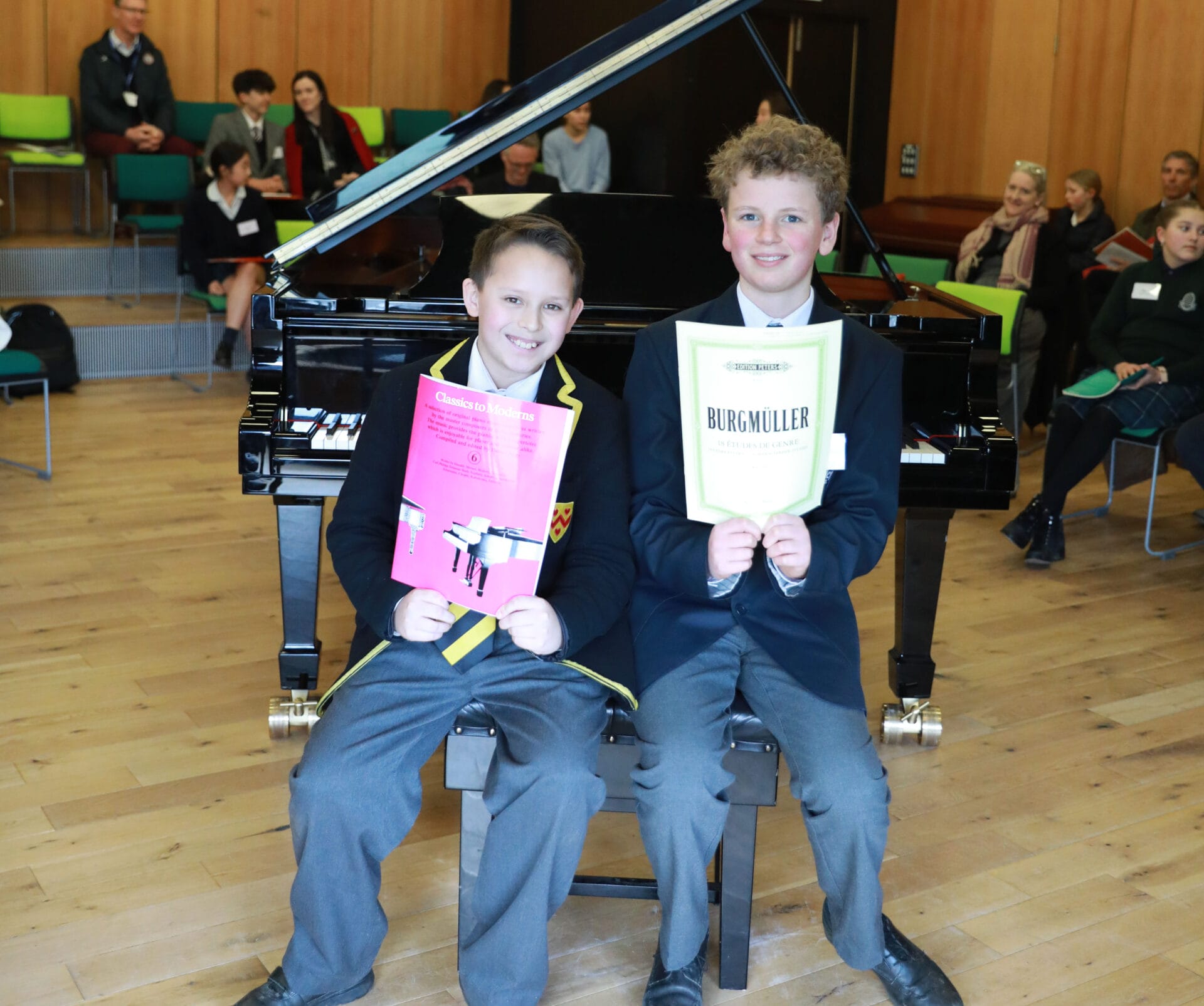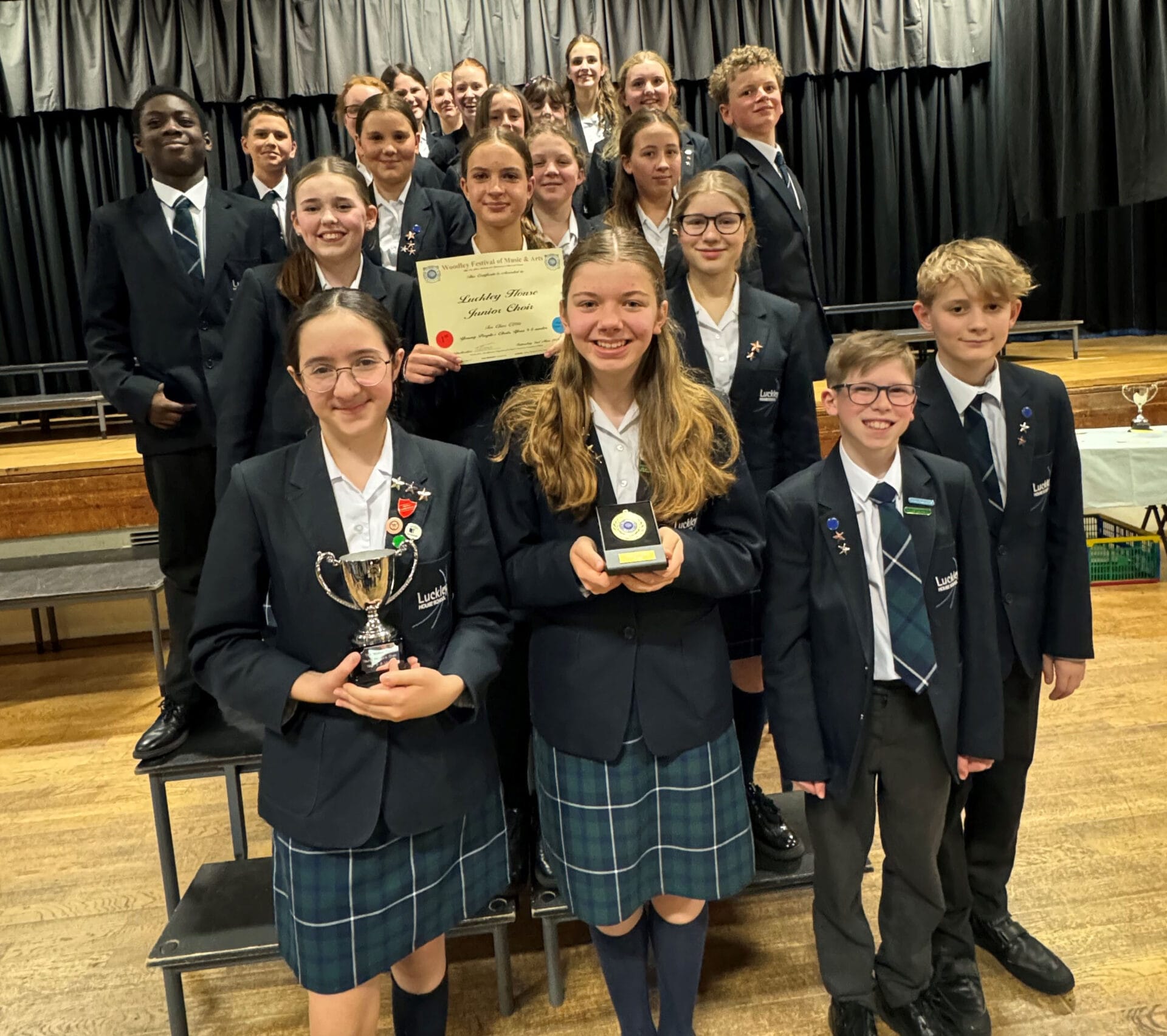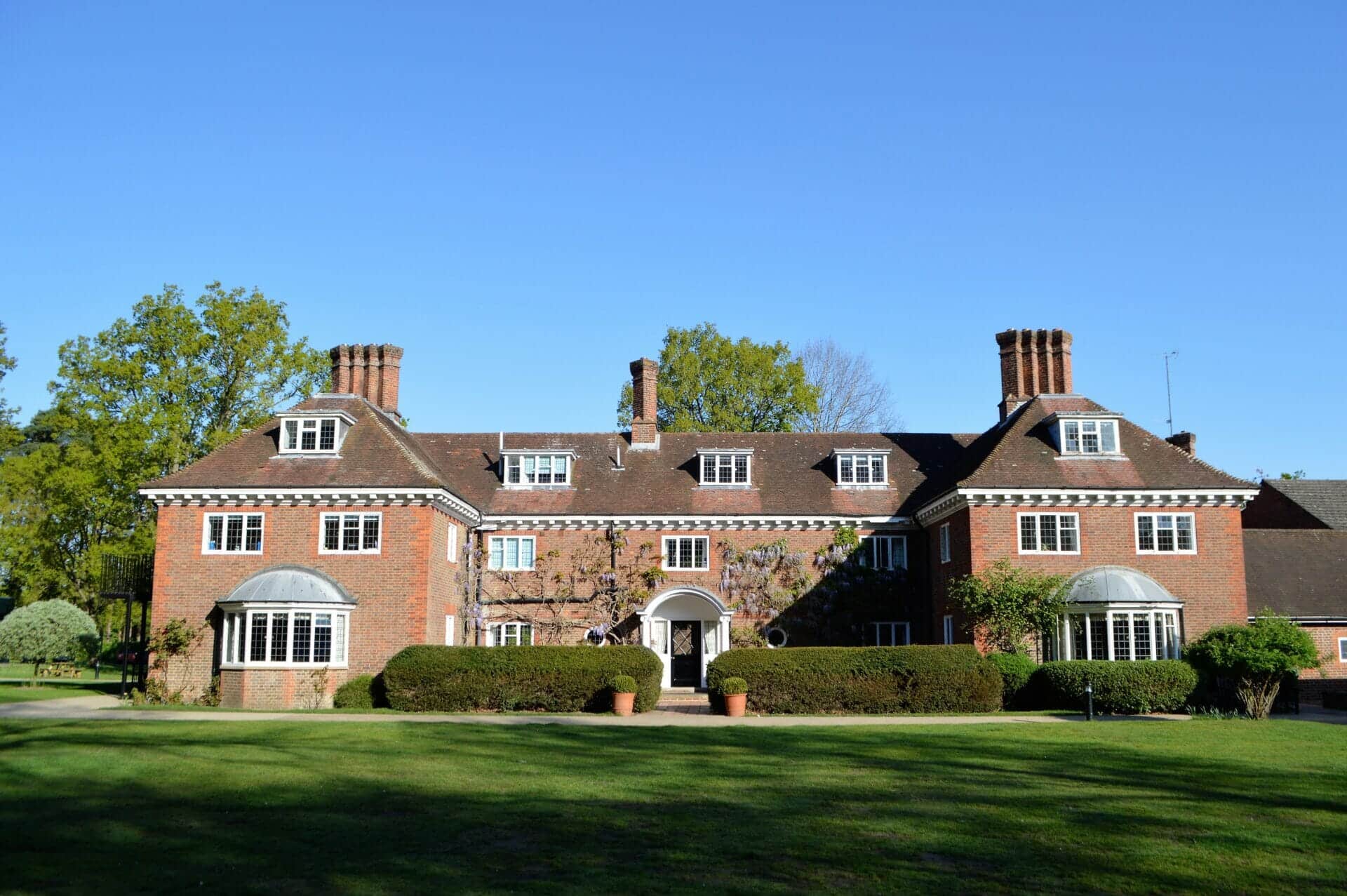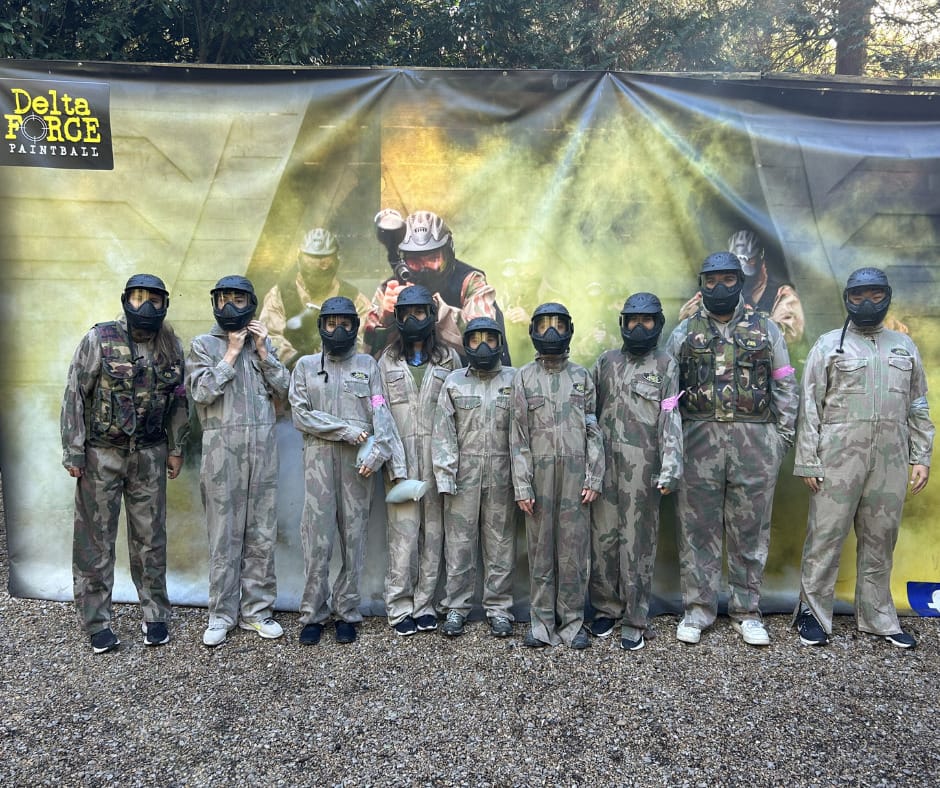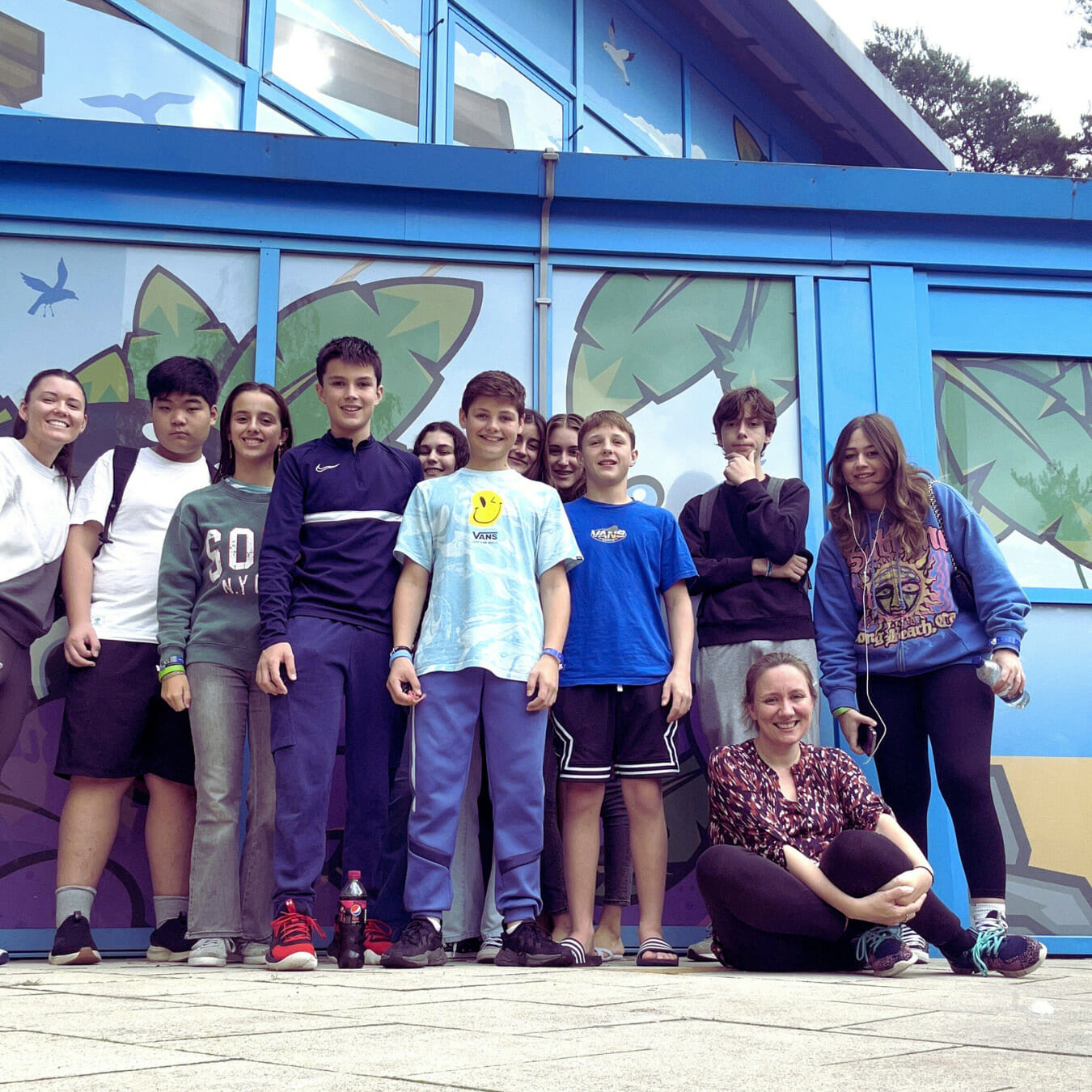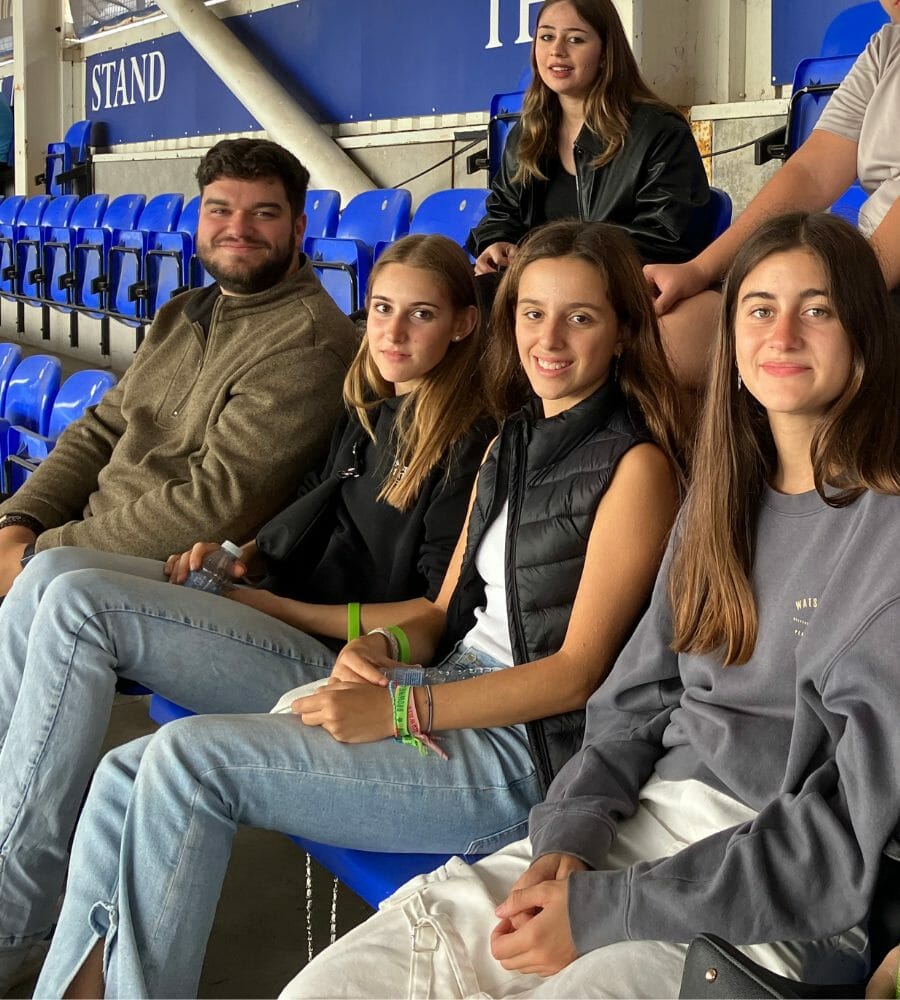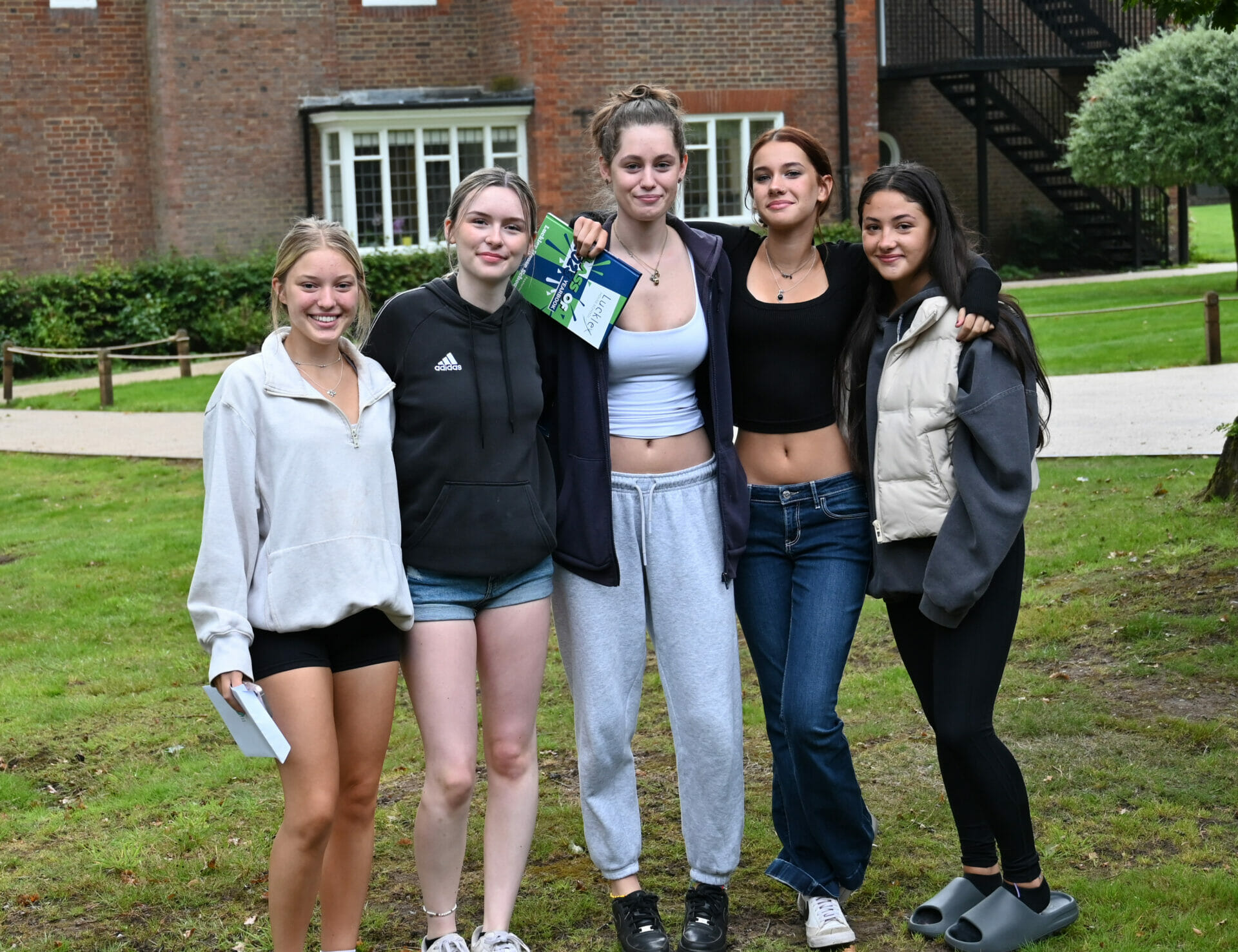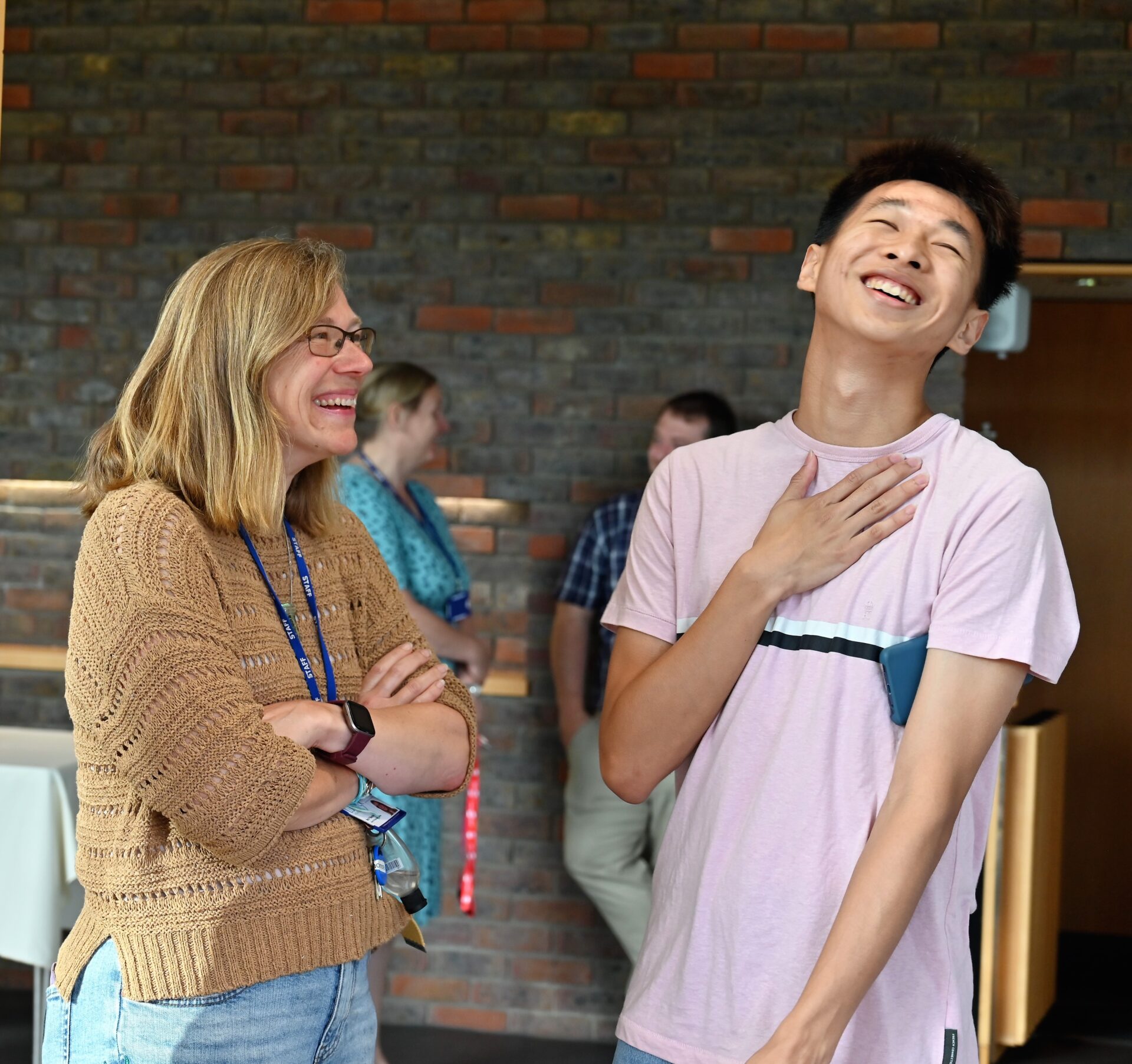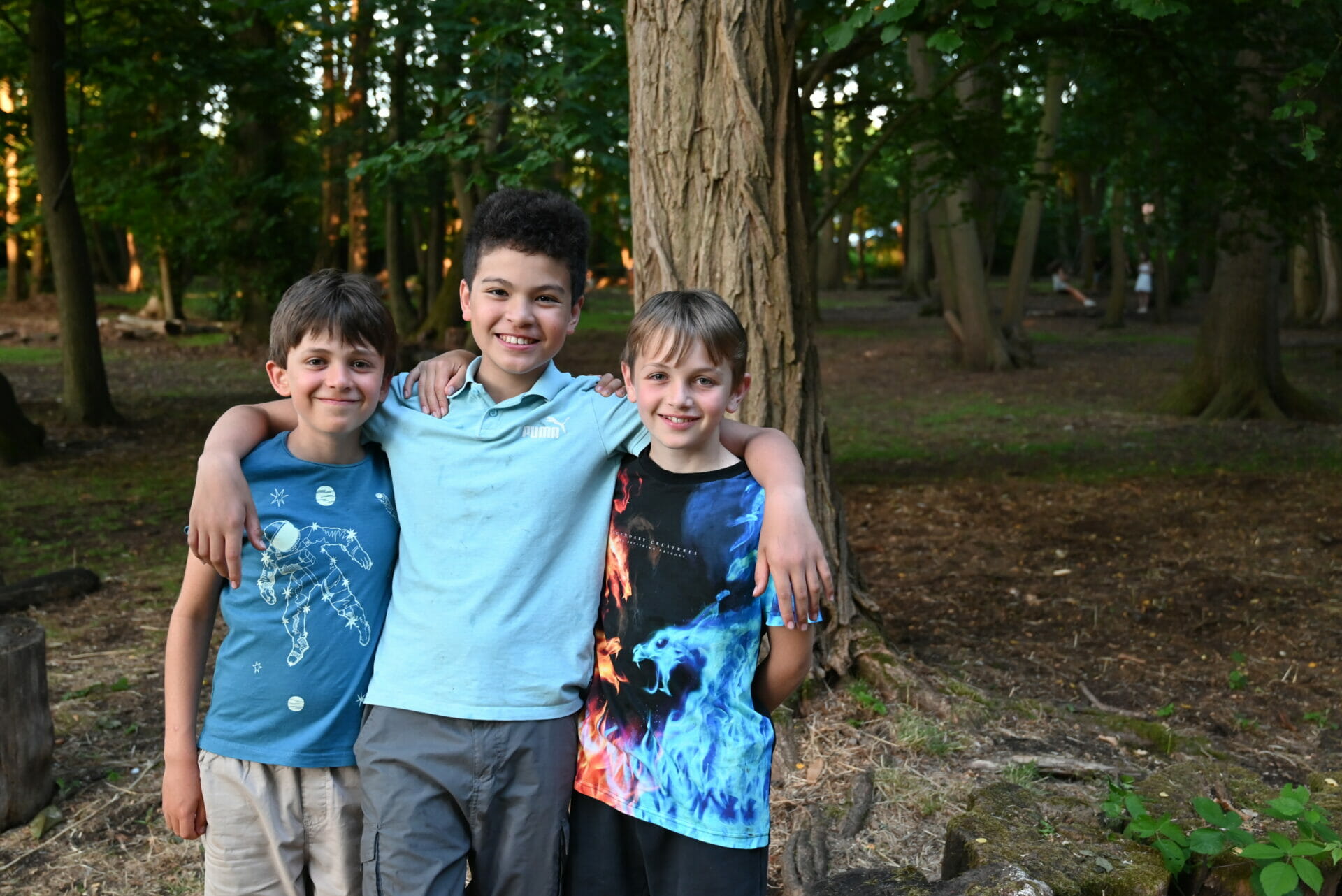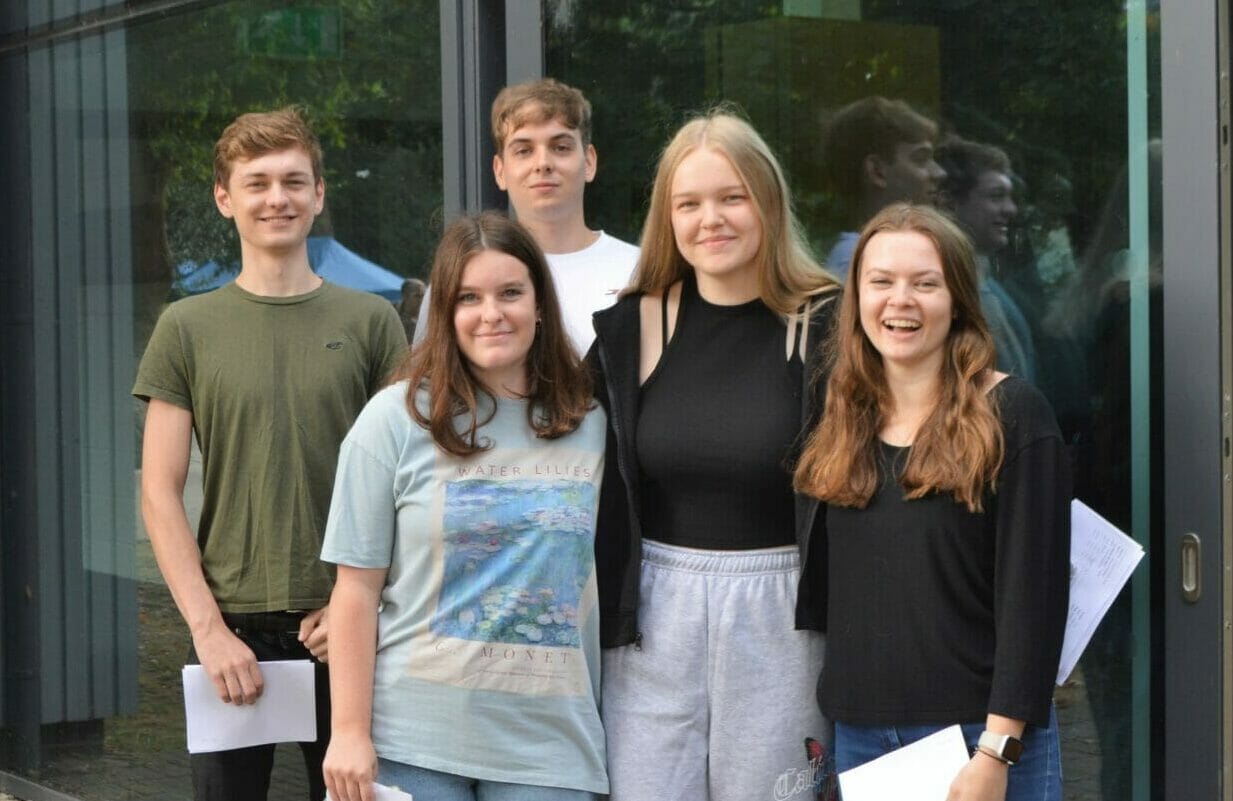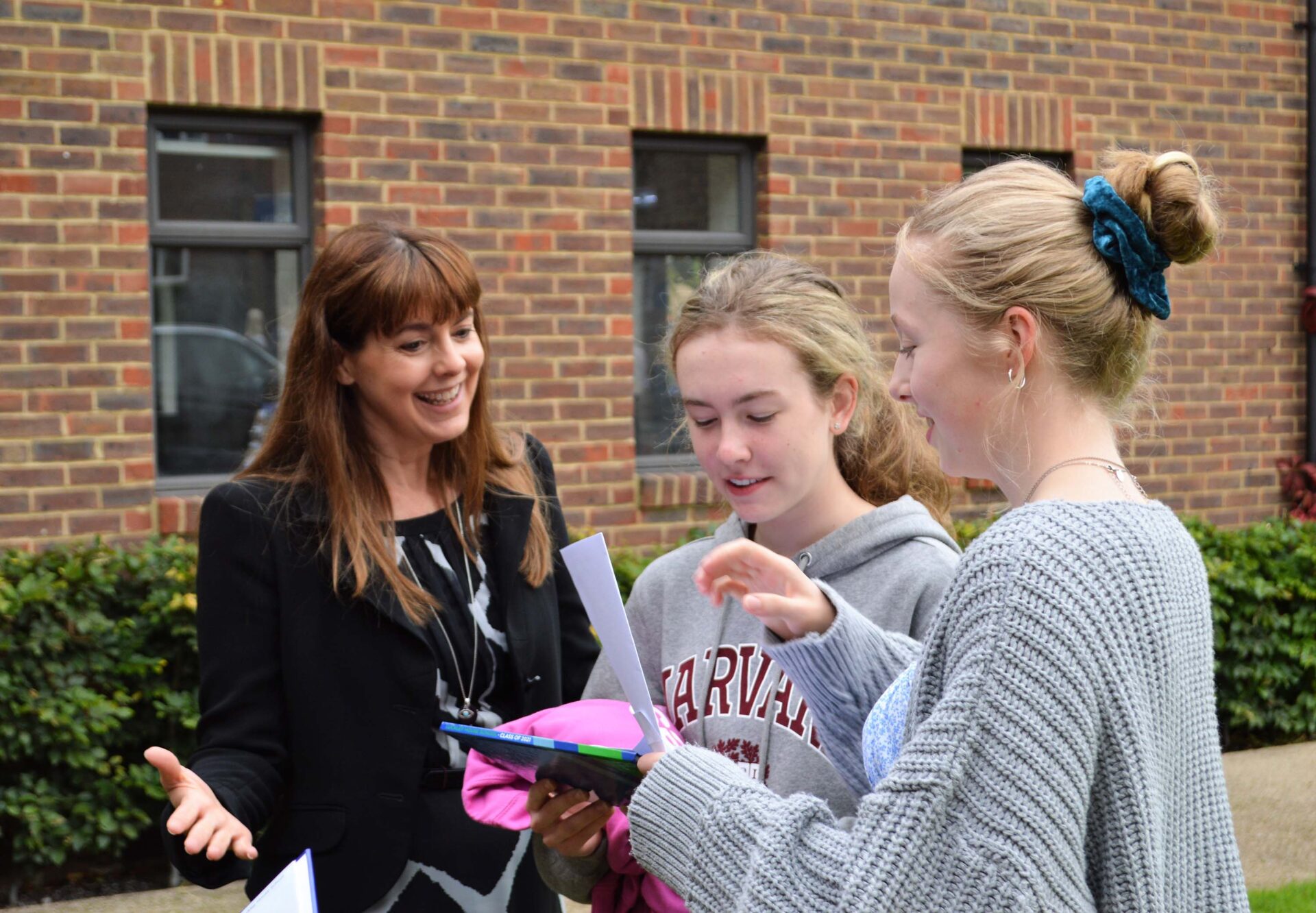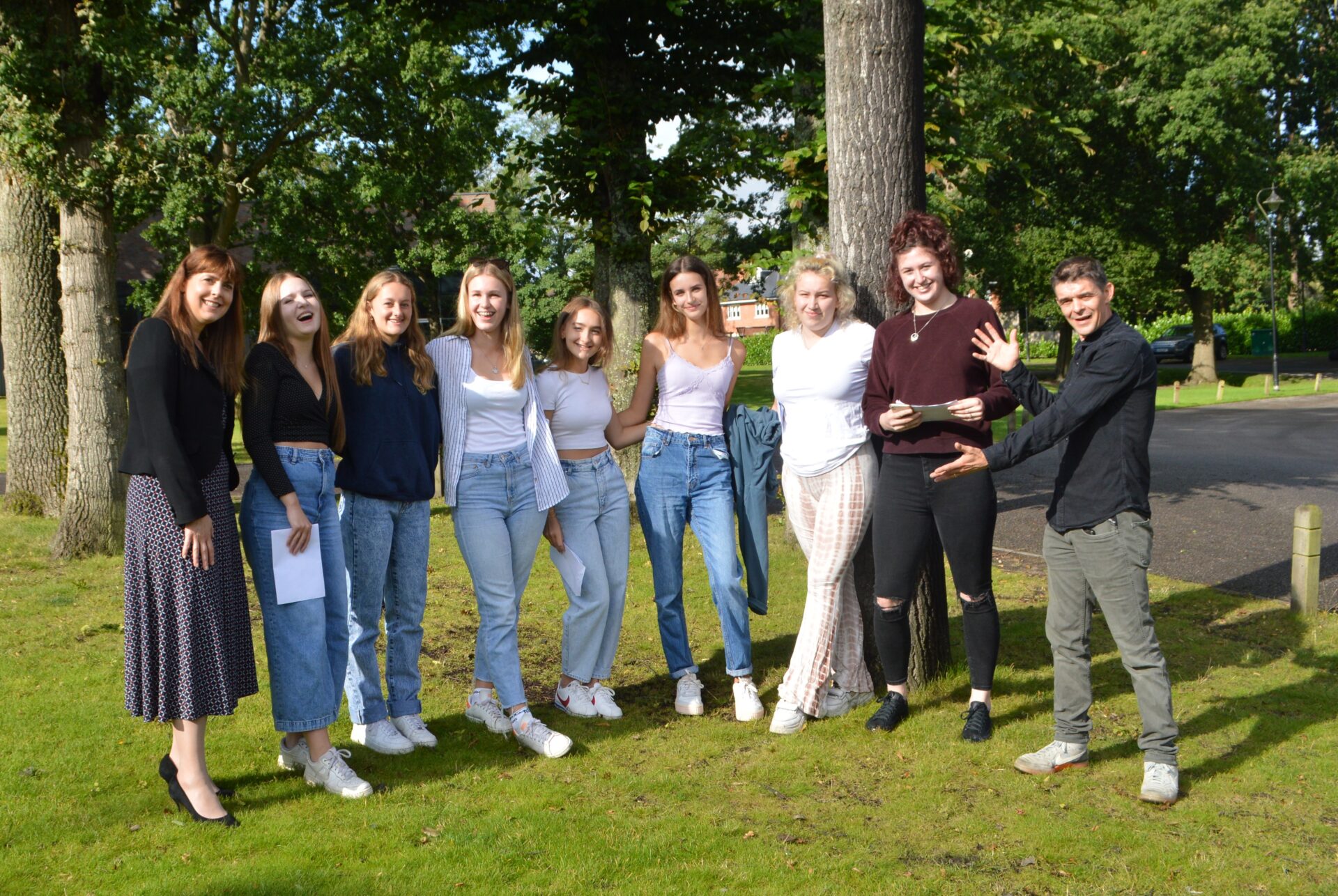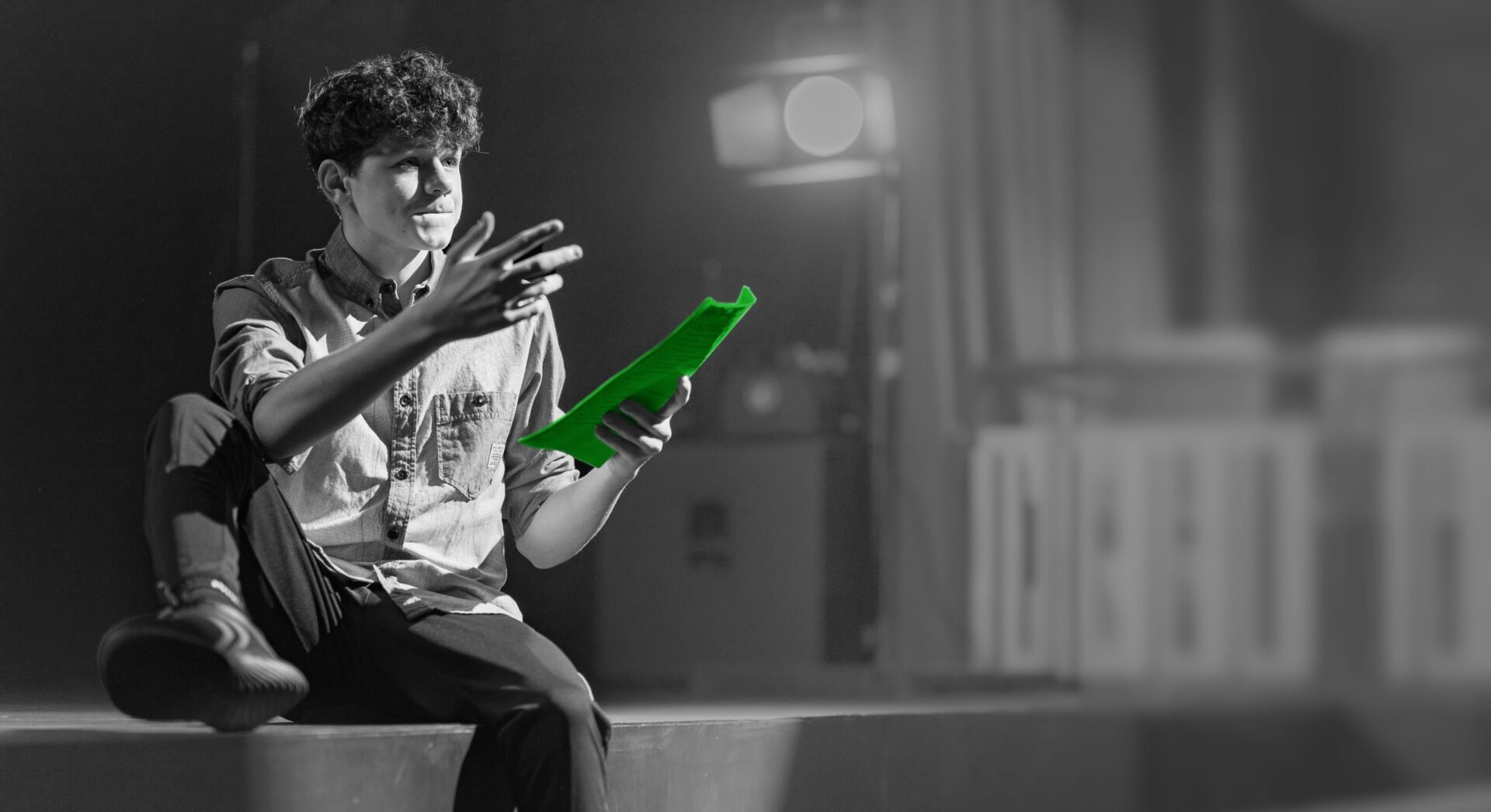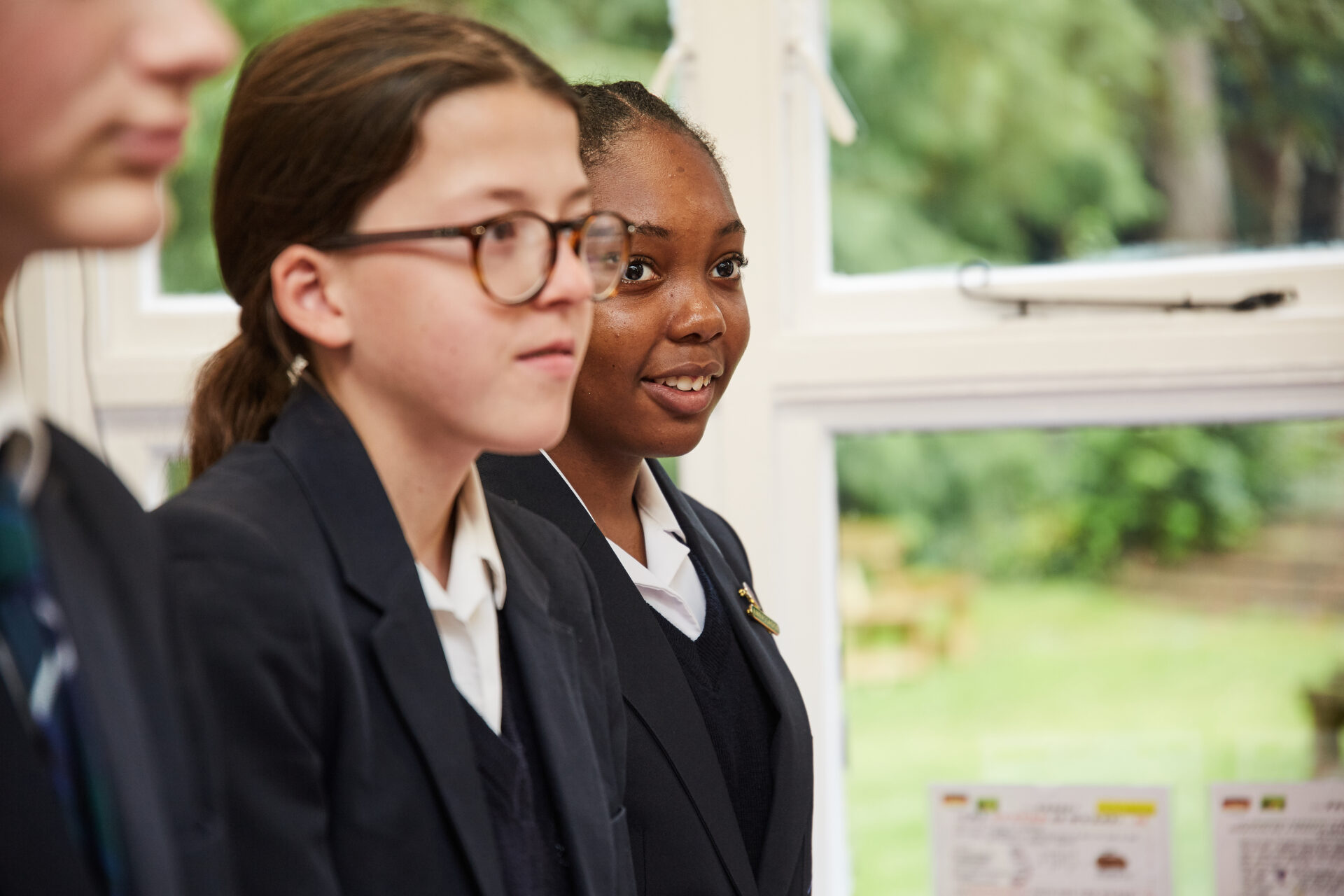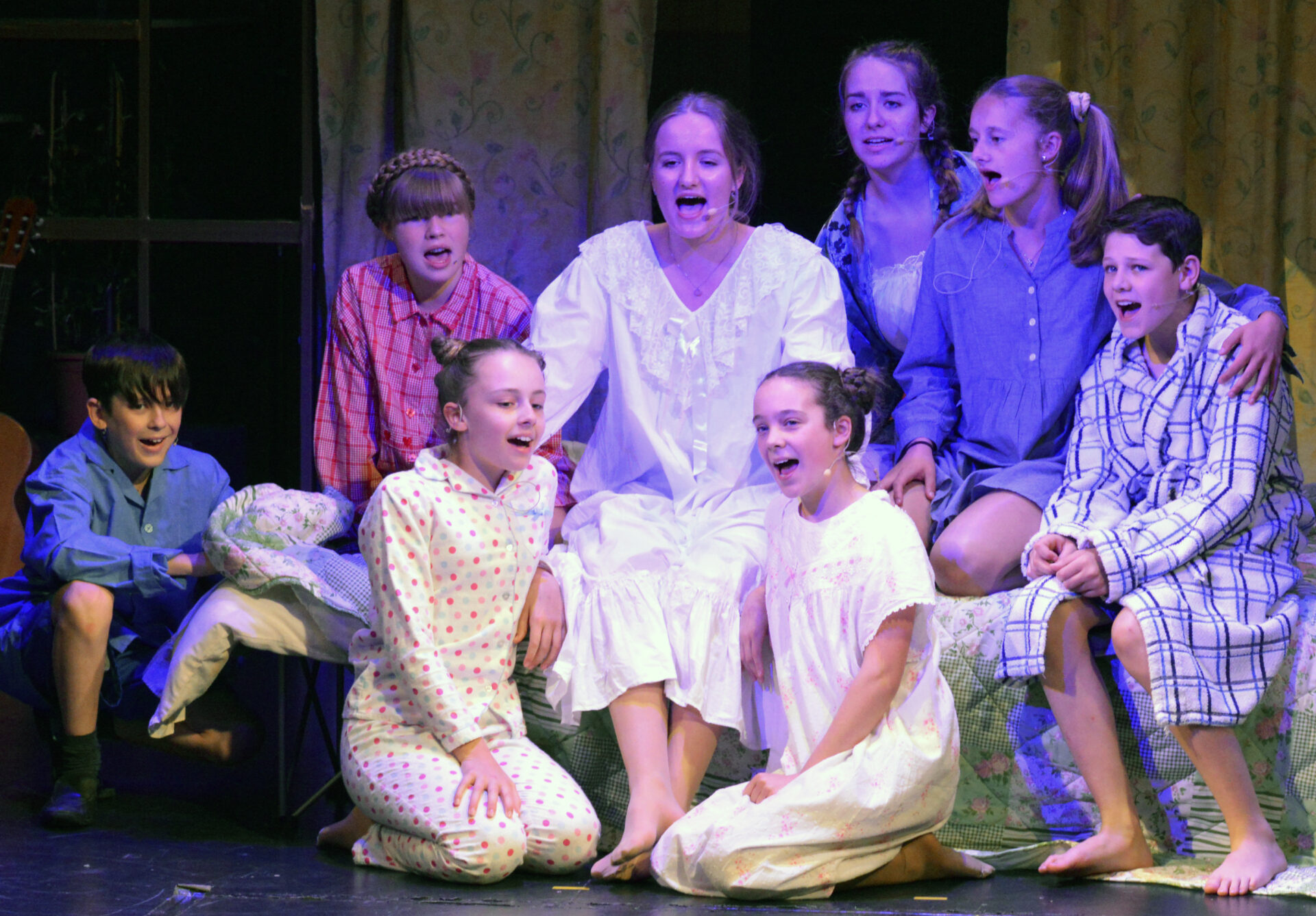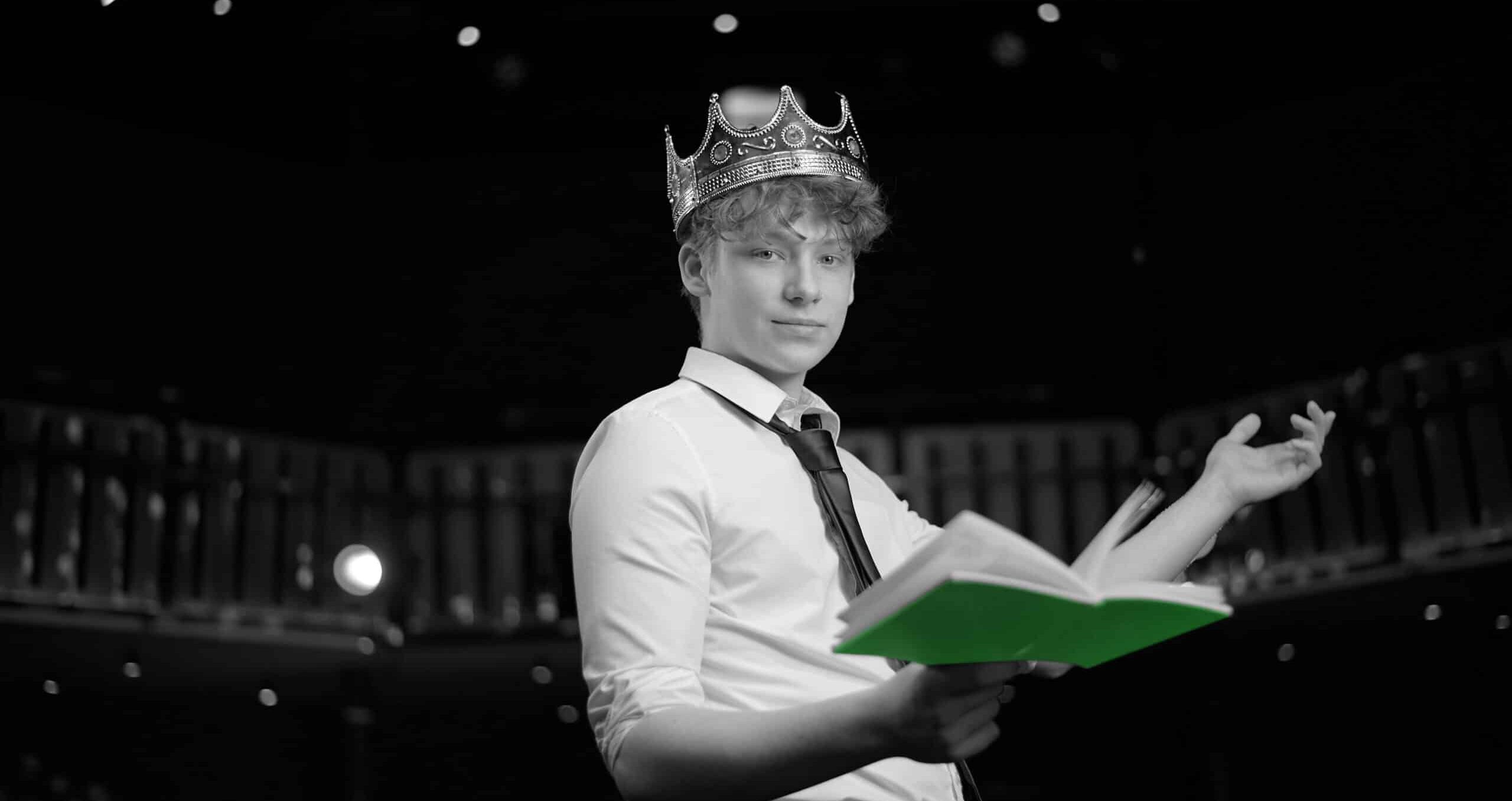
Discover how a rich performing arts education can help your child grow in confidence and creativity with insights from Luckley House School, an independent school in Wokingham known for its vibrant arts provision and nurturing environment.
In a well-rounded education, academic achievement is just one part of the picture. Just as vital are the opportunities pupils have to explore their individuality, express themselves, and build skills that extend far beyond the classroom. One of the most enriching and transformative ways to support this growth is through a strong performing arts education.
Music, drama and theatre are far more than extracurricular pastimes. They are disciplines in their own right, offering pupils a rich tapestry of experiences that contribute to personal development, intellectual curiosity, and emotional wellbeing. At their core, the performing arts nurture qualities that will serve young people for a lifetime.
Learn MoreConfidence Through Expression
The most visible benefit of engaging in the performing arts is the self-confidence it builds. Standing on a stage, delivering a monologue, playing an instrument, or even speaking up in a rehearsal room requires courage. Over time, pupils learn to overcome nerves, trust in their preparation, and believe in their ability to communicate effectively.
This confidence isn’t confined to the stage; it spills over into interviews, presentations, social interactions and even exam halls. Learning how to carry oneself, speak with assurance, and perform under pressure equips young people with an invaluable set of tools for adult life.
Communication and Collaboration
Performing arts education places a strong emphasis on both verbal and non-verbal communication. In drama, pupils explore tone, gesture, and movement to convey meaning. In music, they learn to listen deeply and respond sensitively to others in ensemble settings. These experiences sharpen their ability to read people, interpret nuance, and express themselves clearly and empathetically.
Equally important is the collaborative nature of the performing arts. Whether it’s a school play, a musical ensemble, or a dance performance, pupils must learn to work closely with others, relying on their peers, resolving conflicts, and contributing to a shared goal. The success of a performance depends on collective effort. This fosters a genuine appreciation for teamwork and mutual respect.
Fostering Creativity and Imagination
In a rapidly changing world, creativity is one of the most sought-after and transferable skills. According to a study by Statista, more than 70% of companies surveyed consider creative thinking and analytical thinking to be the skills most expected to rise in importance between 2023 and 2027. This growing demand highlights the value of nurturing these abilities from an early age, and the performing arts are a powerful way to do just that.
Whether devising drama, composing music, interpreting a script, or experimenting with digital audio, pupils in the performing arts learn to think outside the box, generate original ideas, and imagine new possibilities. They learn to create something from nothing, a process that is both challenging and exhilarating.
Importantly, this creativity doesn’t end in the arts studio. Pupils taught to think creatively are often better problem-solvers, more innovative thinkers, and more adaptable in unfamiliar situations. Whether they go on to be doctors, engineers, teachers or entrepreneurs, their ability to approach problems with imagination and originality will stand them in good stead.
Emotional Intelligence and Wellbeing
The performing arts also provide a vital outlet for emotional expression. Adolescence is a time of intense emotional growth, and many young people struggle to articulate their feelings. Drama and music offer safe, structured ways to explore complex emotions, engage with difficult themes, and connect with others on a deeper level.
Research consistently shows that participation in the arts can lead to lower levels of stress and anxiety, increased feelings of self-worth, and stronger social bonds. When pupils feel seen and heard, and when their ideas, emotions, and identities are valued, they thrive.
Discipline, Resilience, and Growth
Behind every polished performance is a great deal of hard work. The discipline required to learn lines, master a musical piece, or refine a character builds a strong work ethic. Pupils learn to manage their time, set goals, and take responsibility for their progress. They experience setbacks such as missed cues, forgotten lines, and off-key notes, and they learn to persevere, improve, and try again.
This resilience is one of the most valuable lessons the performing arts can teach. Pupils come to understand that growth takes time, effort, and patience. They learn to accept constructive feedback and use it to better themselves; skills that are just as crucial in academic subjects and professional environments as they are in the rehearsal room.
Lifelong Passion and Cultural Appreciation
While not every pupil will pursue a career in the arts, exposure to music and drama in school often sparks a lifelong appreciation for performance, creativity, and cultural expression. Whether as future audience members, amateur performers, or enthusiastic supporters, pupils carry with them a richer understanding of the arts and their place in society.
Beyond this, the arts often connect young people to something bigger than themselves. They may explore themes of justice, identity, love, loss, and hope, developing a nuanced understanding of the world and their role within it.
Performing Arts at Luckley House School
At Luckley House School, we believe wholeheartedly in the transformative power of the performing arts. Through music, drama, and musical theatre, we provide pupils with the opportunity to grow in confidence, creativity and character. Our pupils have access to professional-level facilities, such as The Whitty Theatre and the Simon Richmond Music Centre, but more importantly, they are encouraged to find their voice and express themselves in a supportive and inclusive environment.
With a diverse offering that ranges from classical music to contemporary rock, Shakespeare to modern devised theatre, and opportunities in music technology, speech and drama, and collaborative productions, pupils at Luckley are empowered to explore the full spectrum of their abilities. Whether they aspire to perform on stage, write music, design lighting or simply try something new, every young person is invited to participate and discover the joy of performance.
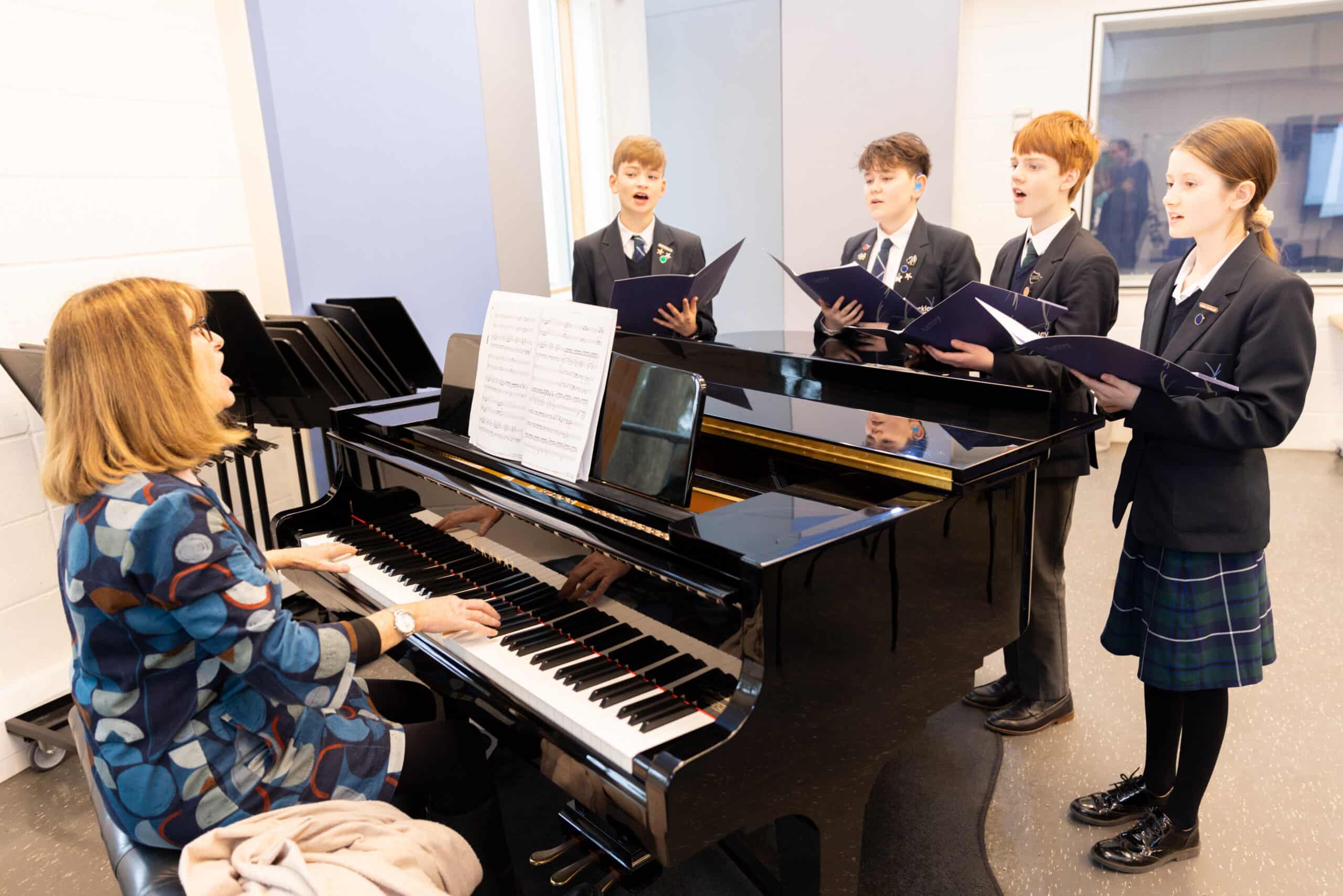
A rich performing arts education helps shape confident, creative and emotionally intelligent individuals ready to navigate an ever-changing world.
At Luckley House School, a thriving coeducational independent school in Wokingham, near London, we believe in the power of the arts to transform lives. Through outstanding facilities, expert teaching and a culture that values expression as much as academic progress, we provide every opportunity for pupils to discover their voice – on stage and beyond.
Visit Luckley
